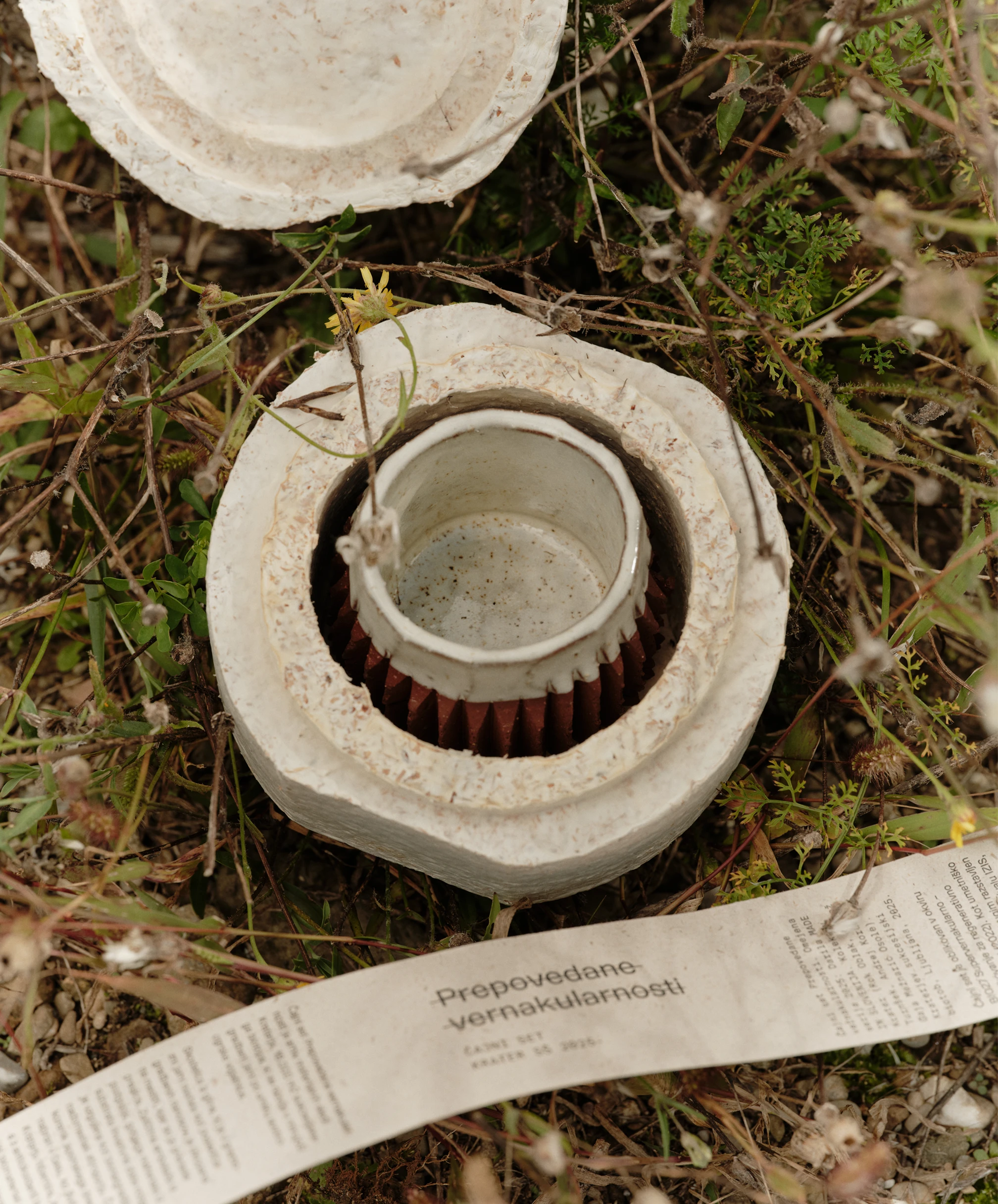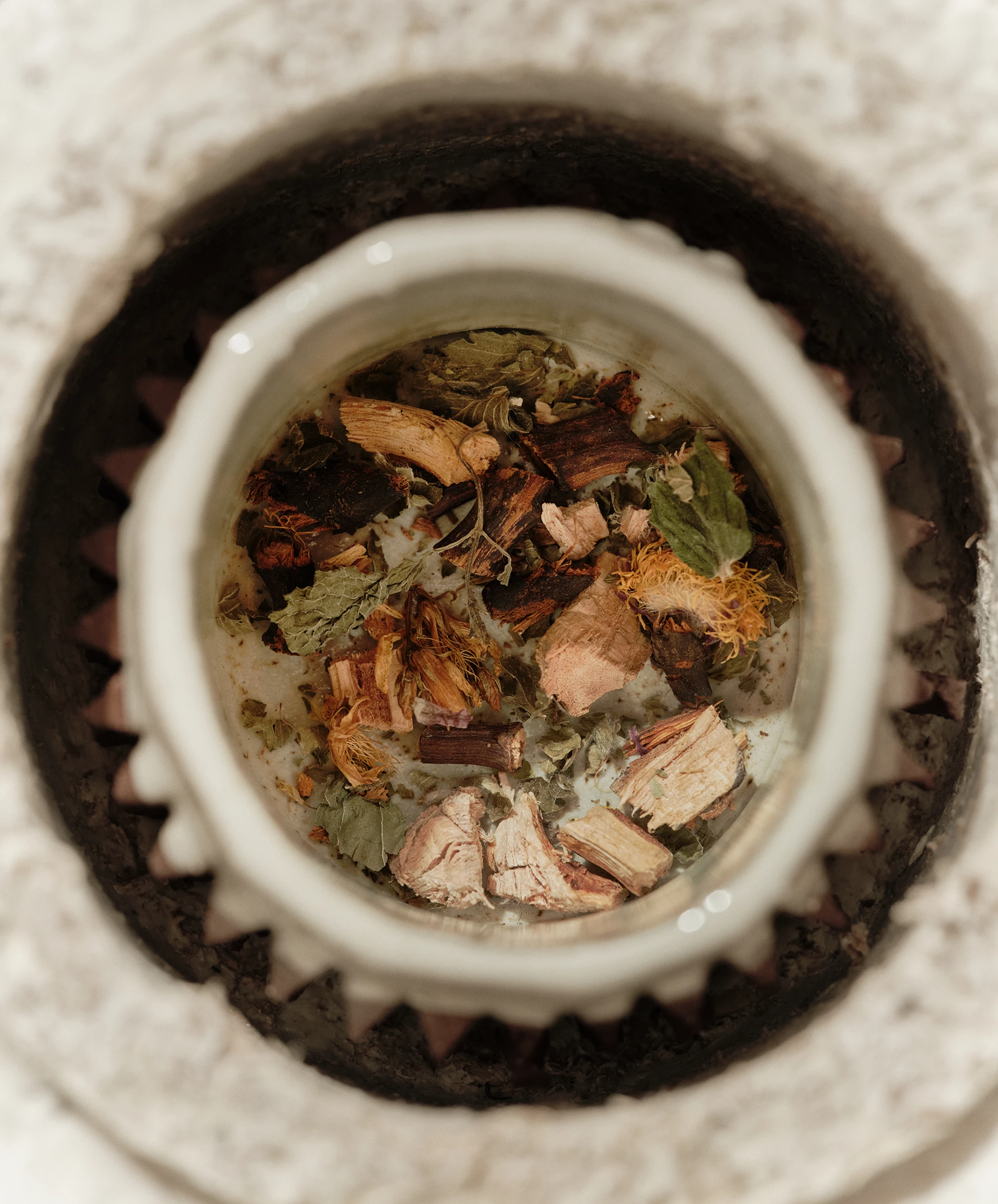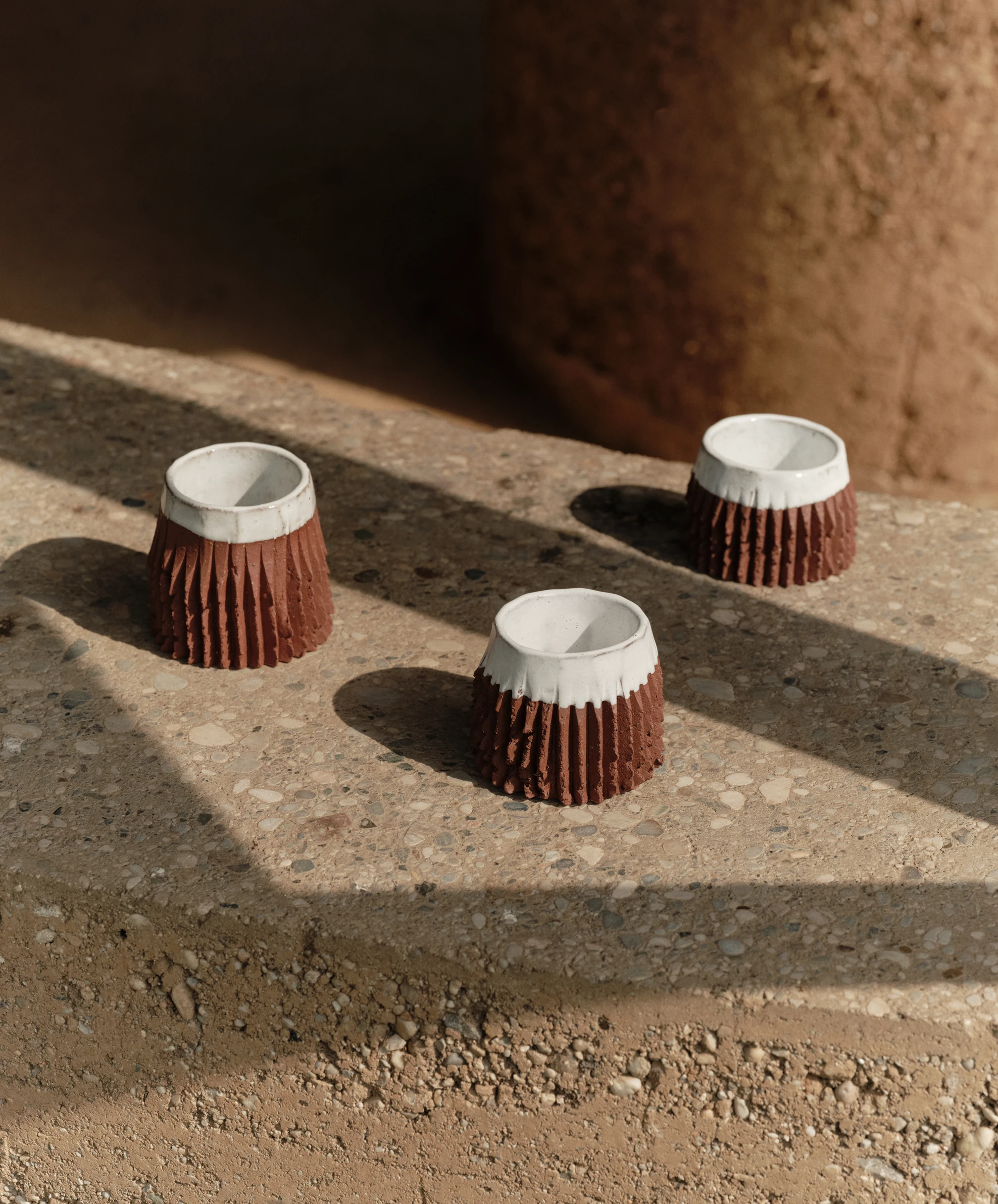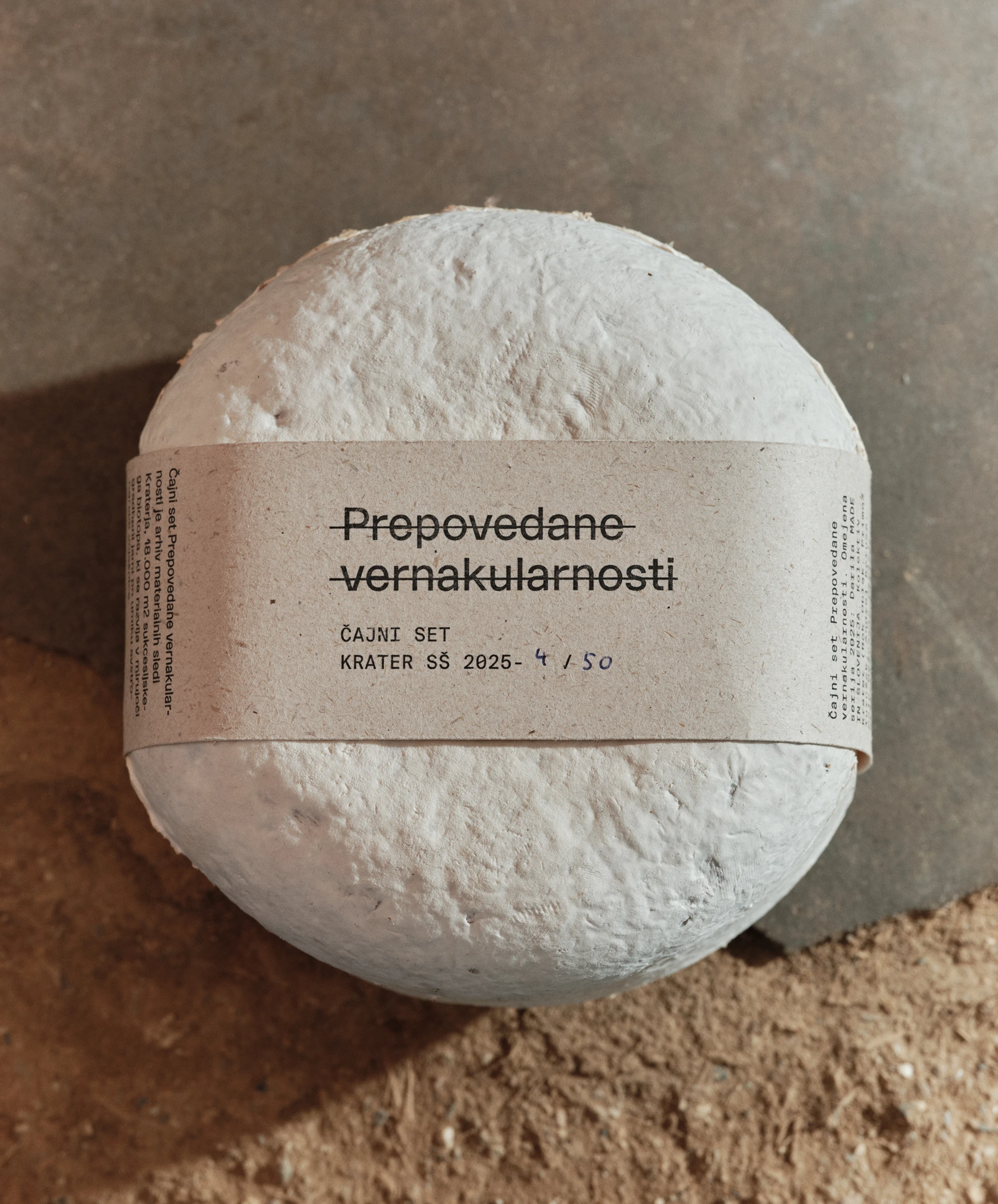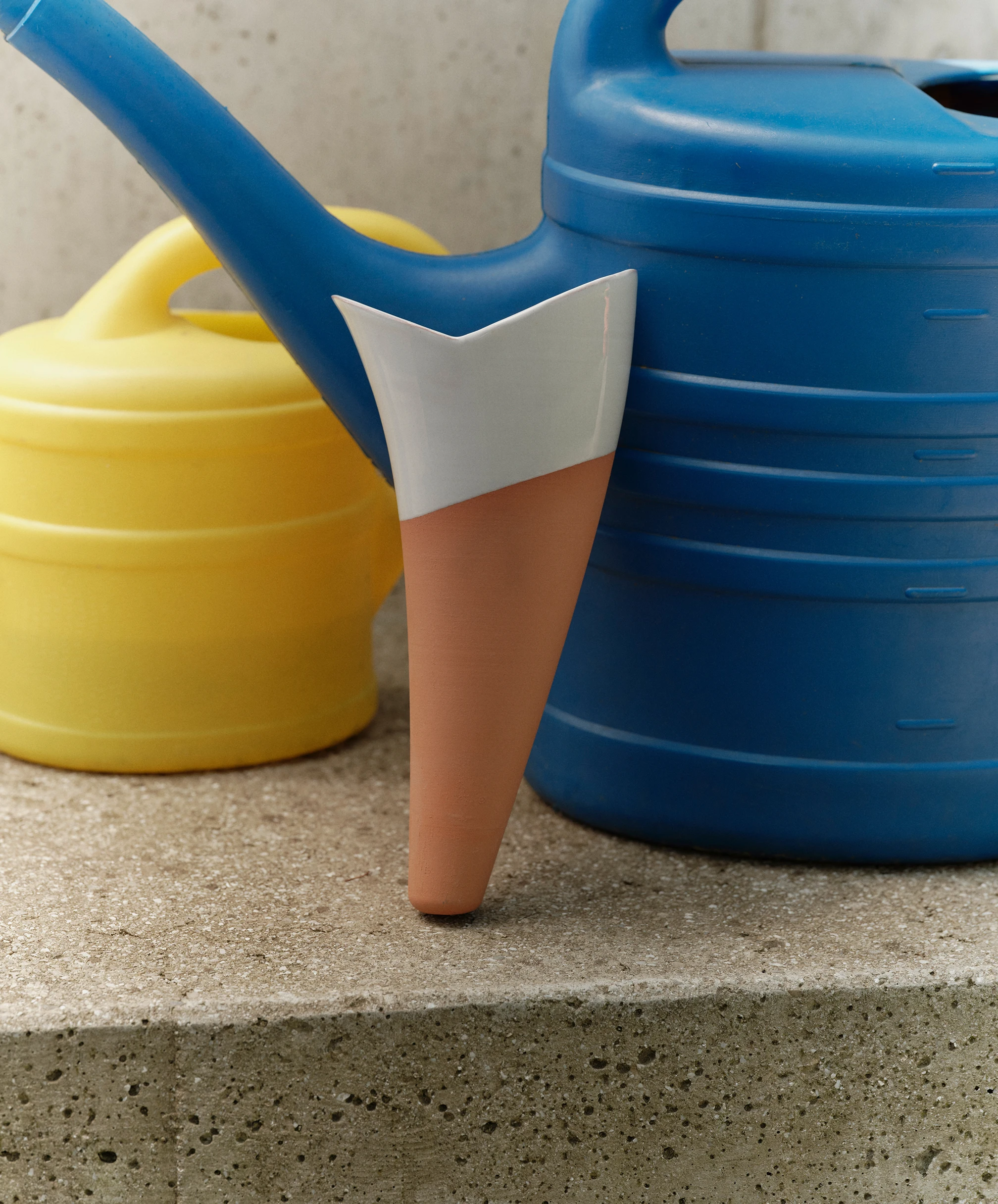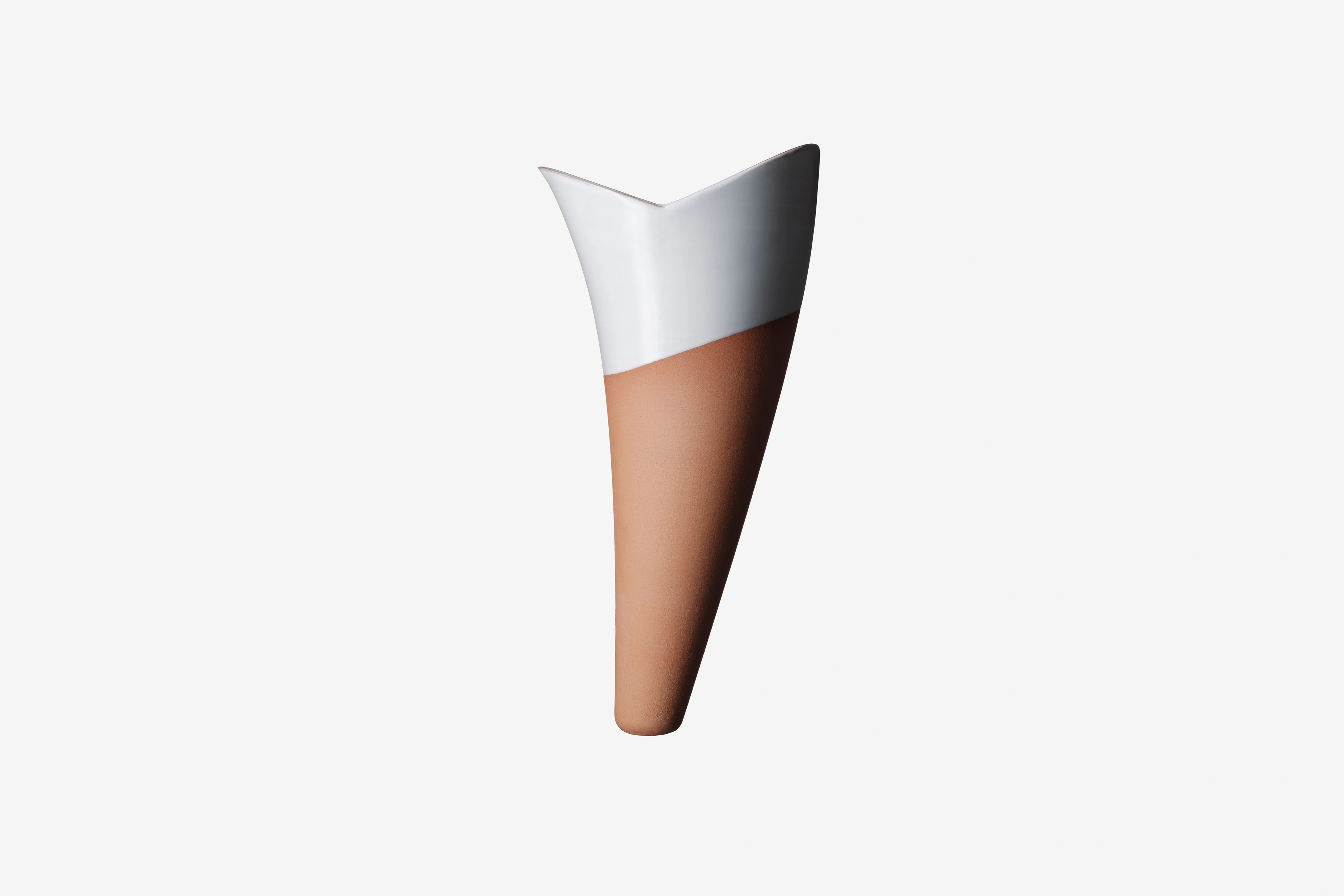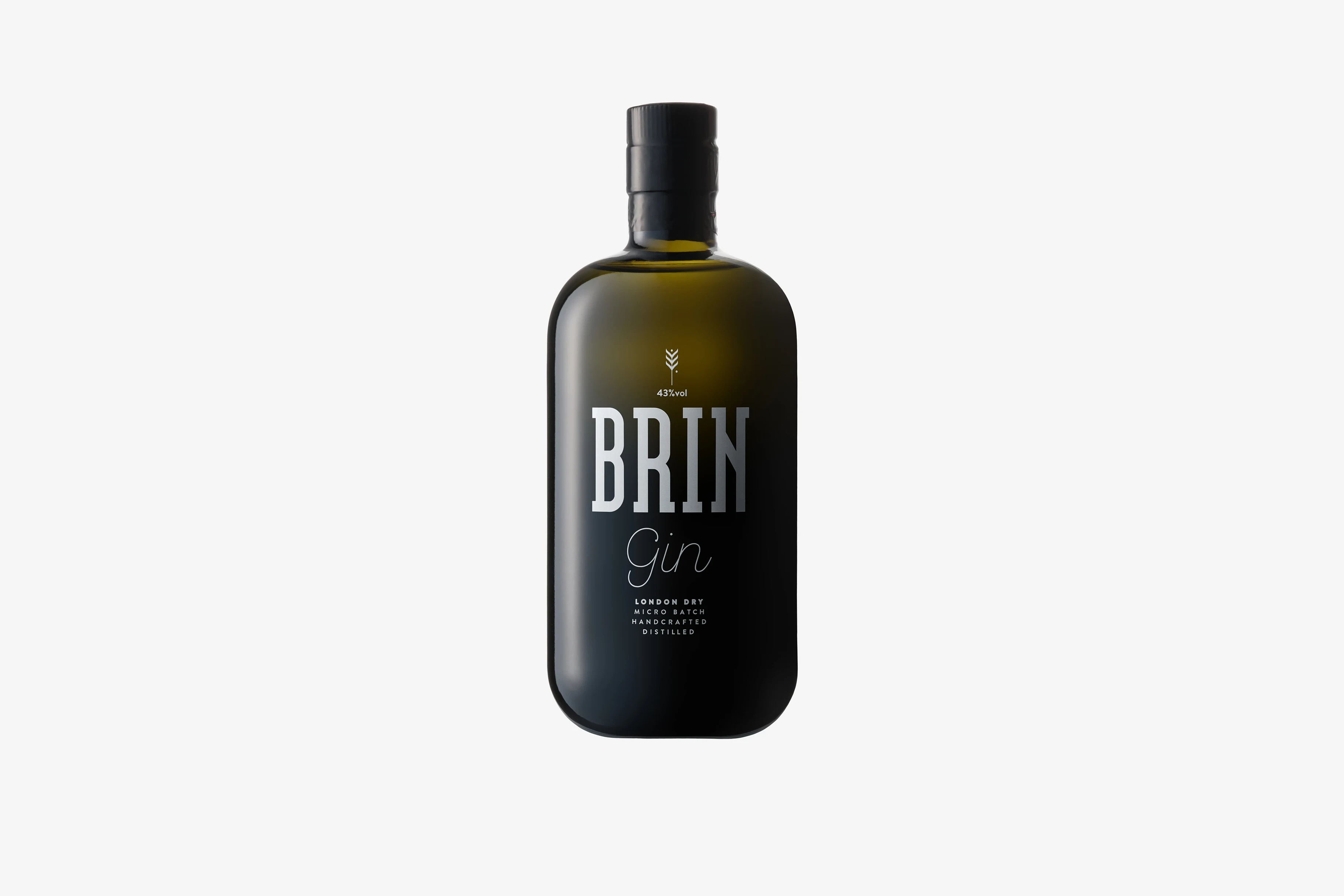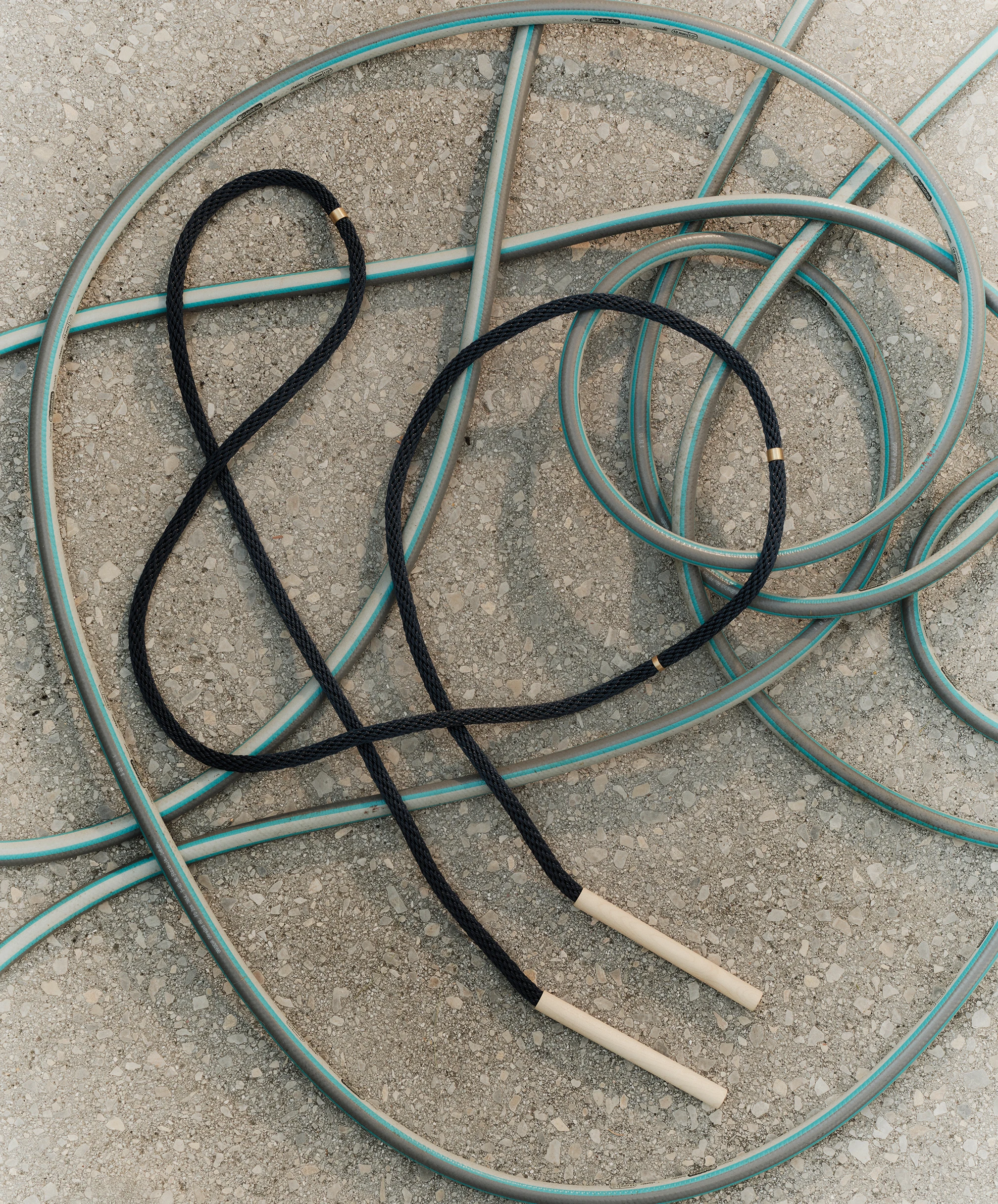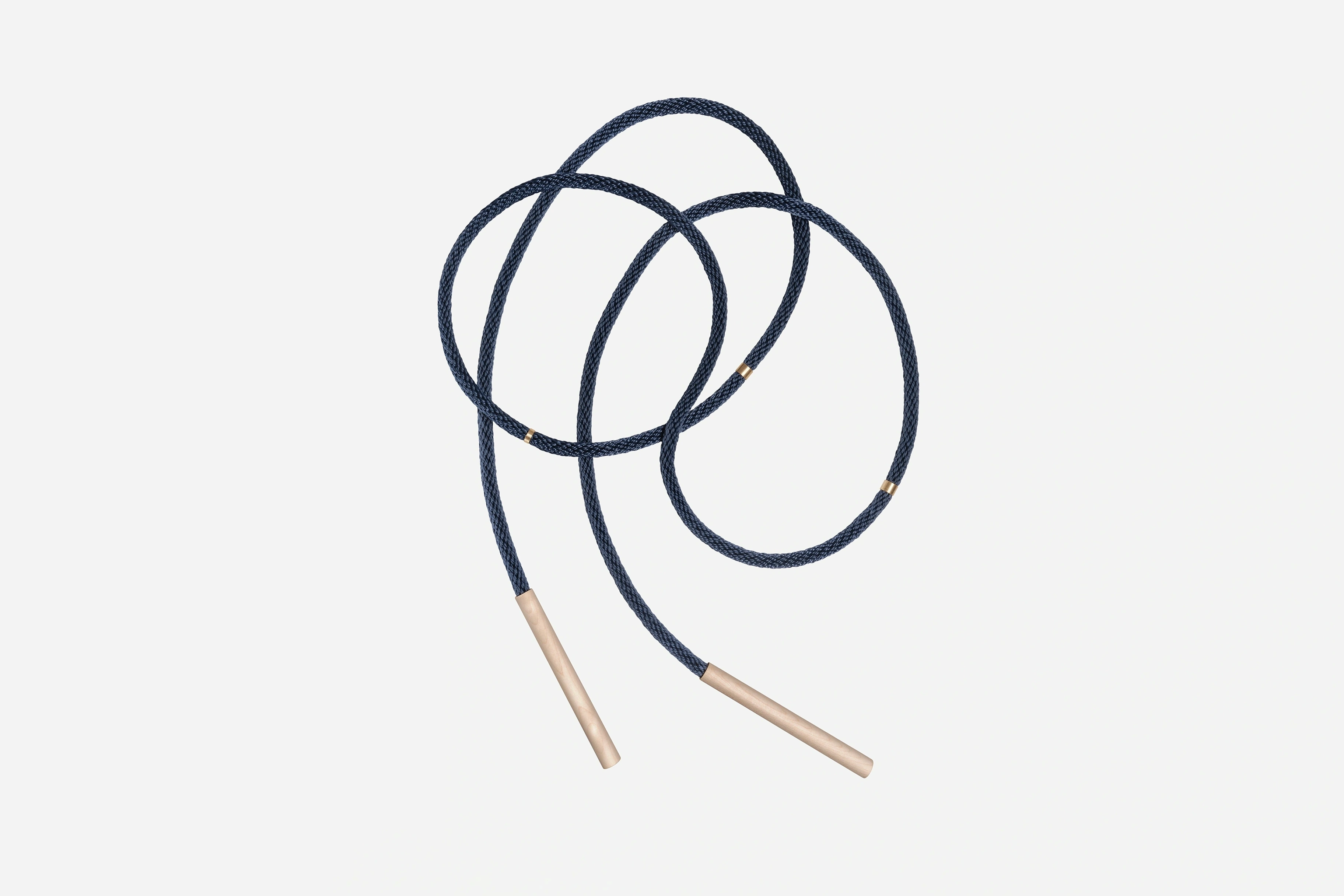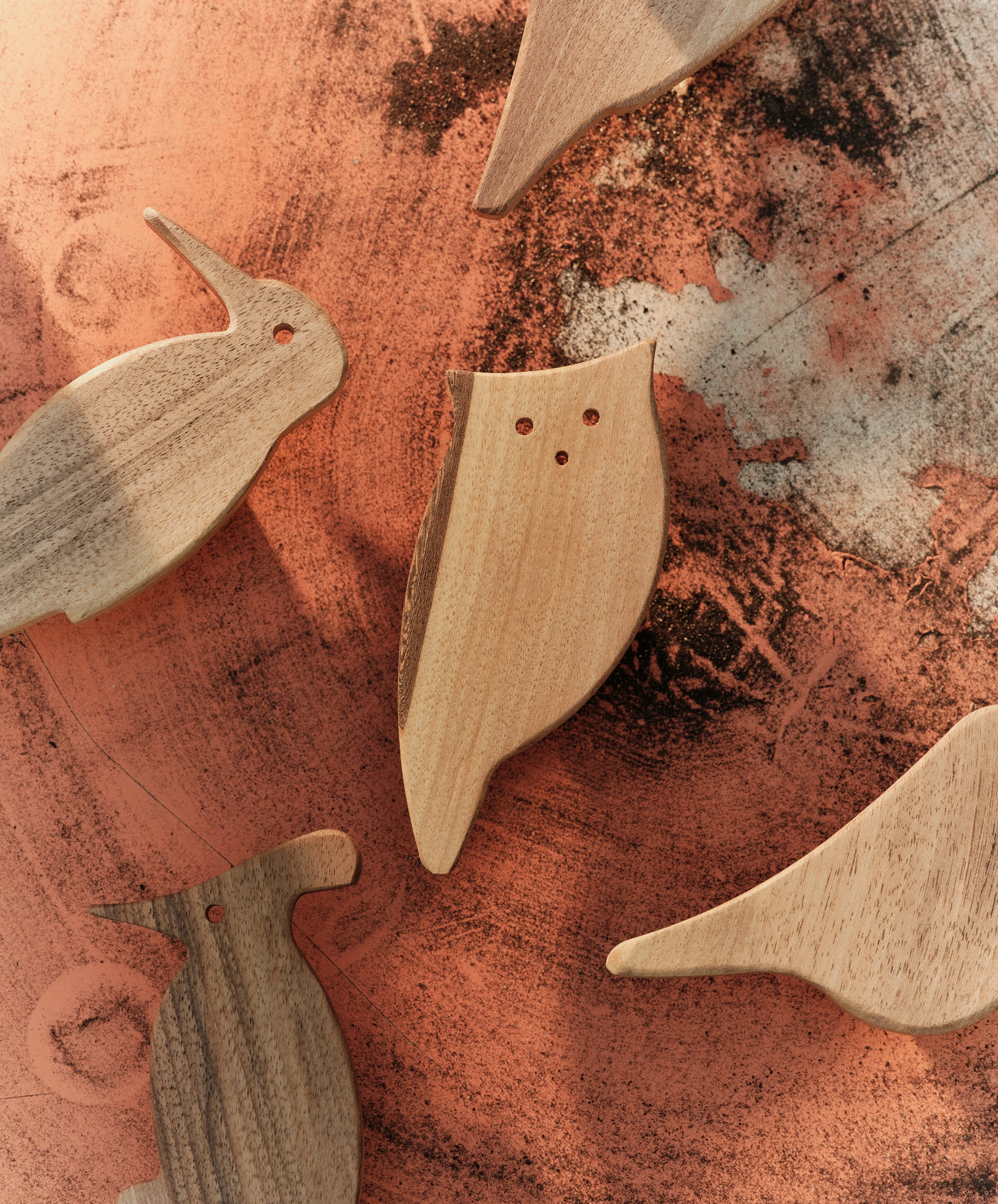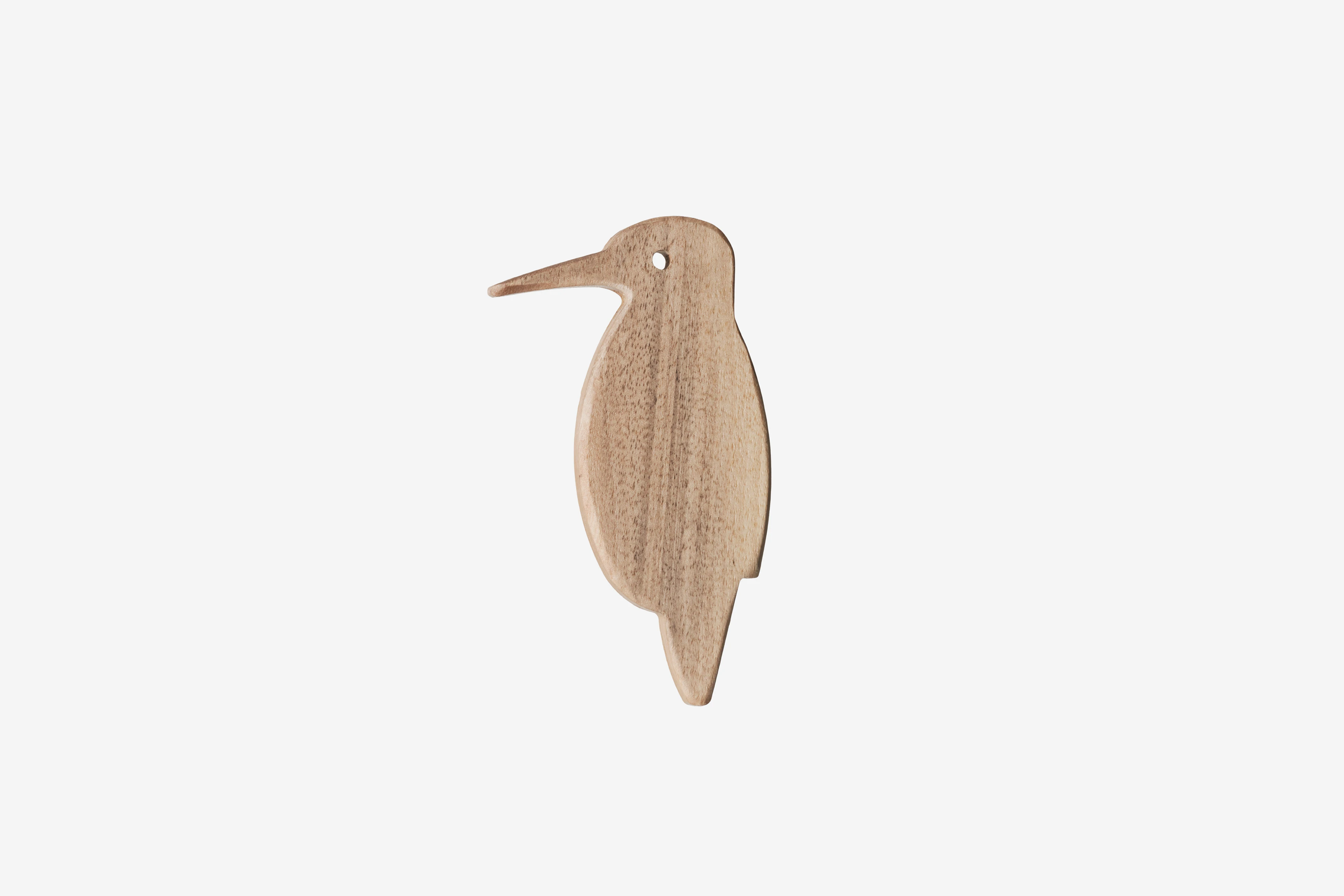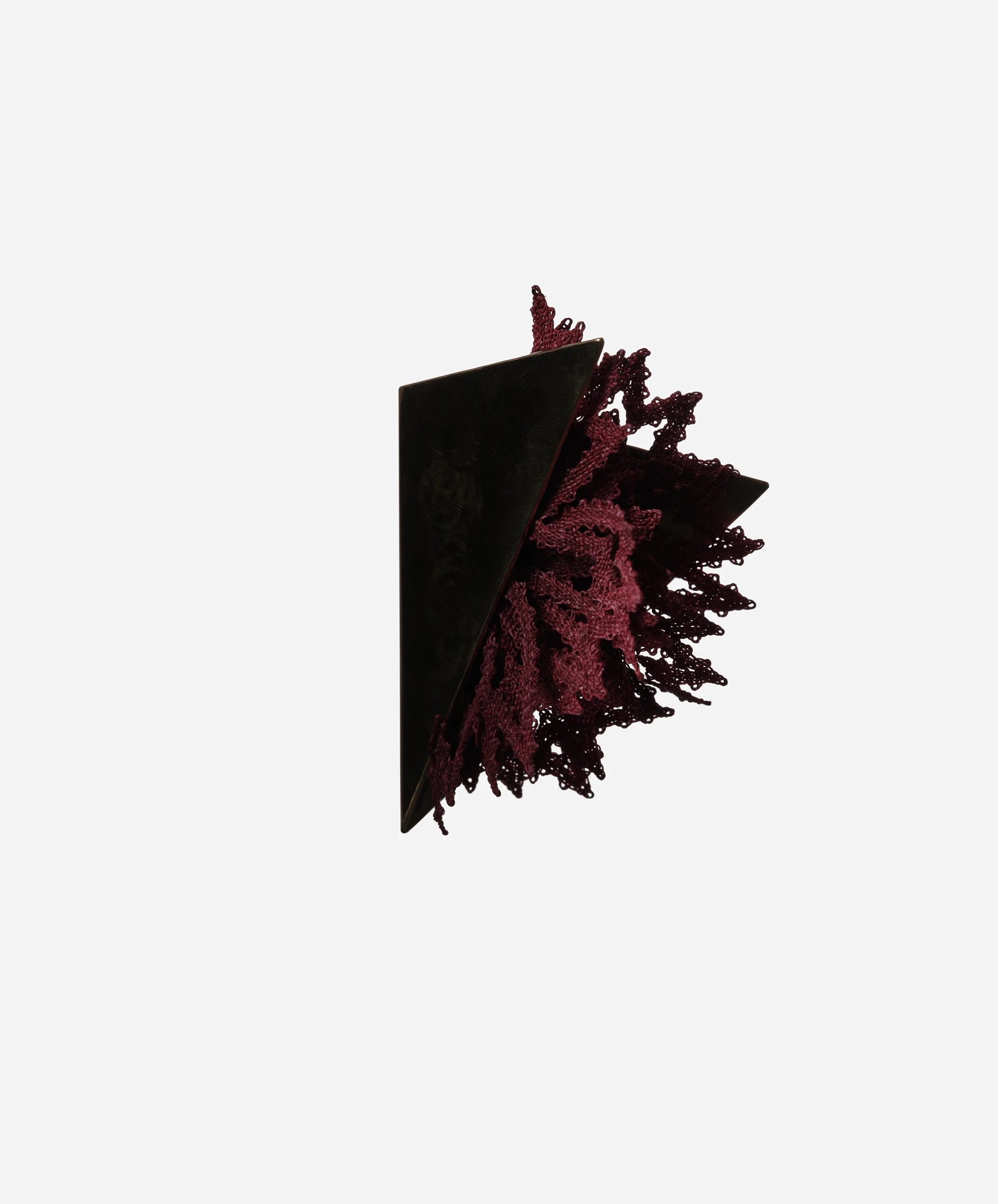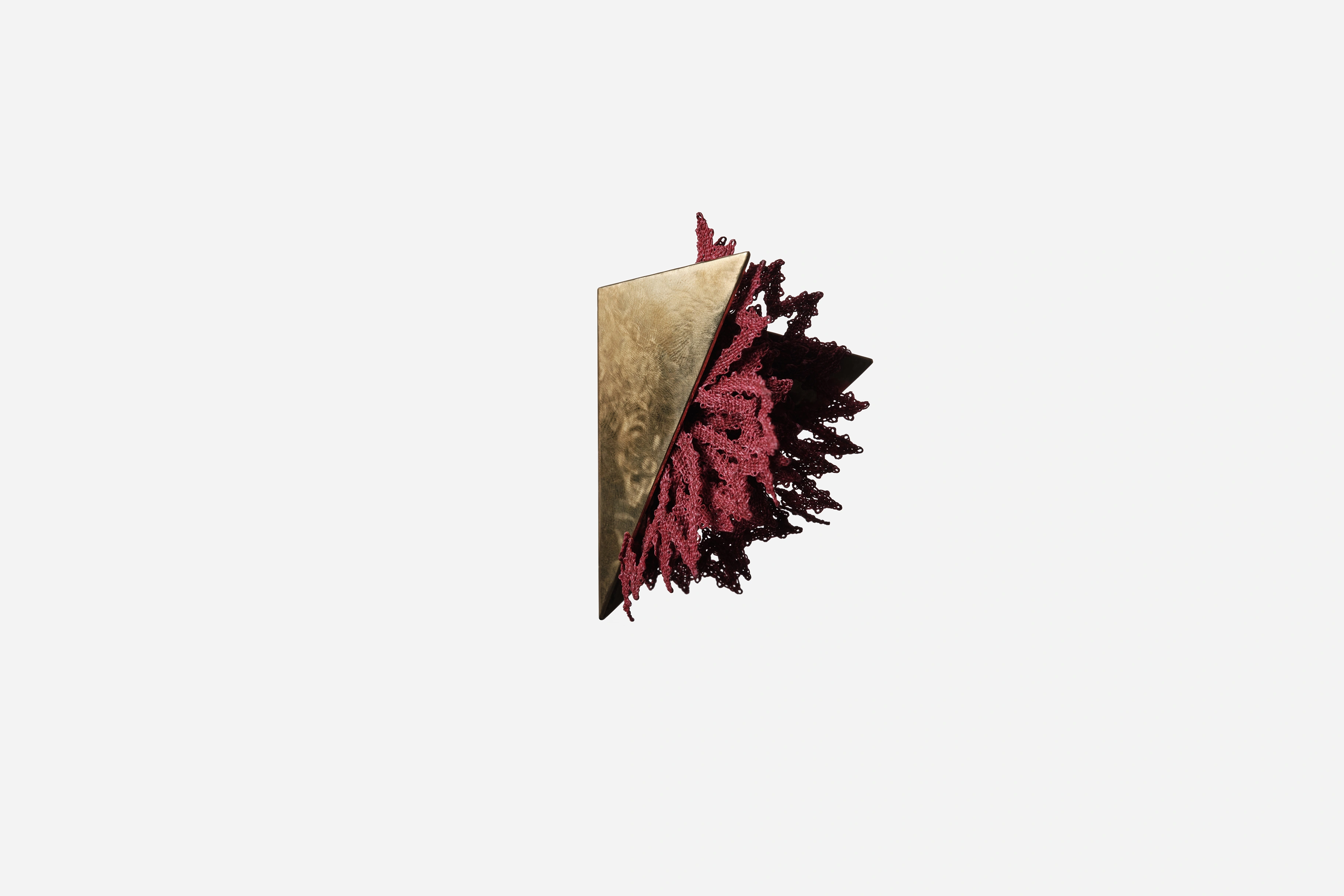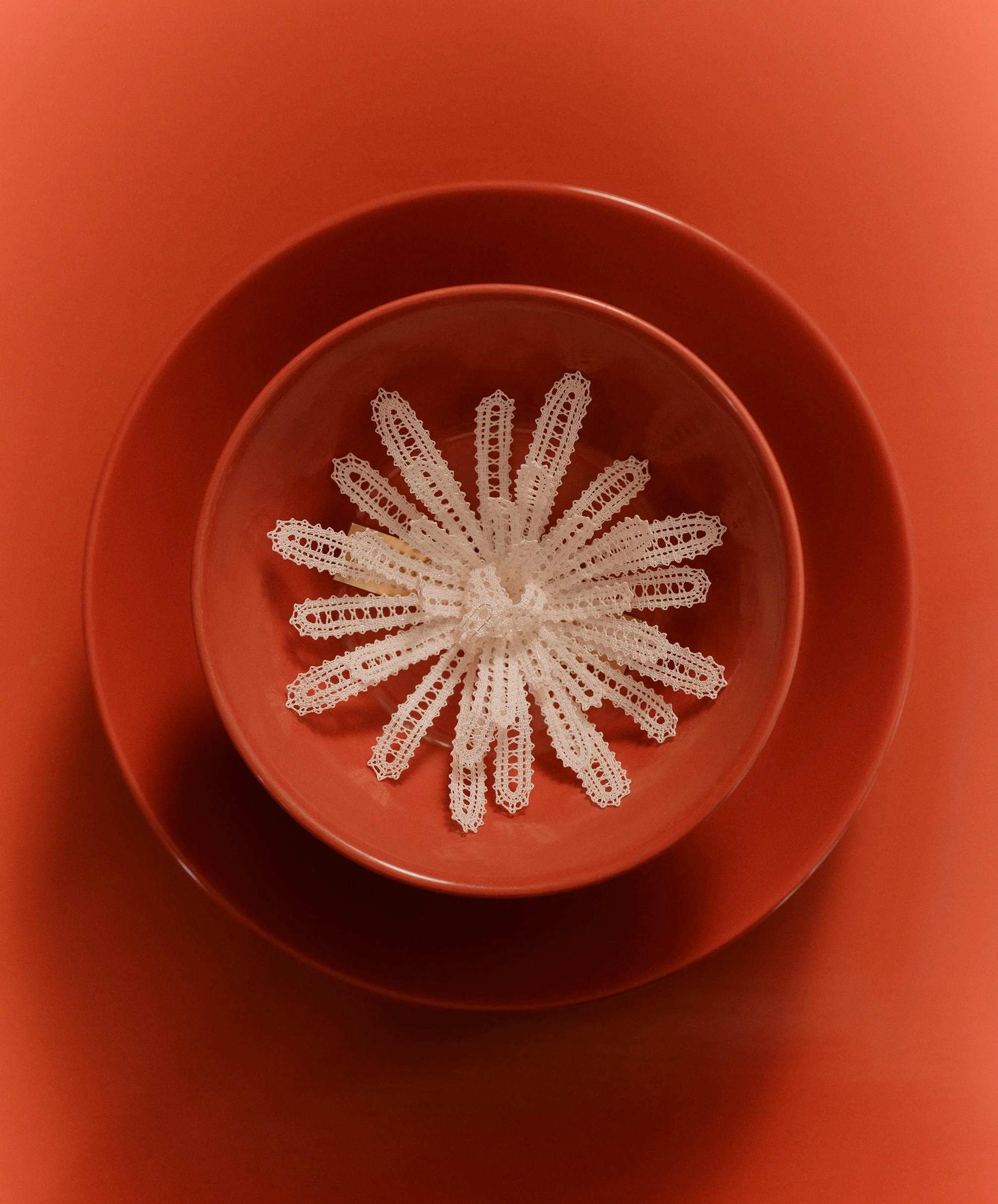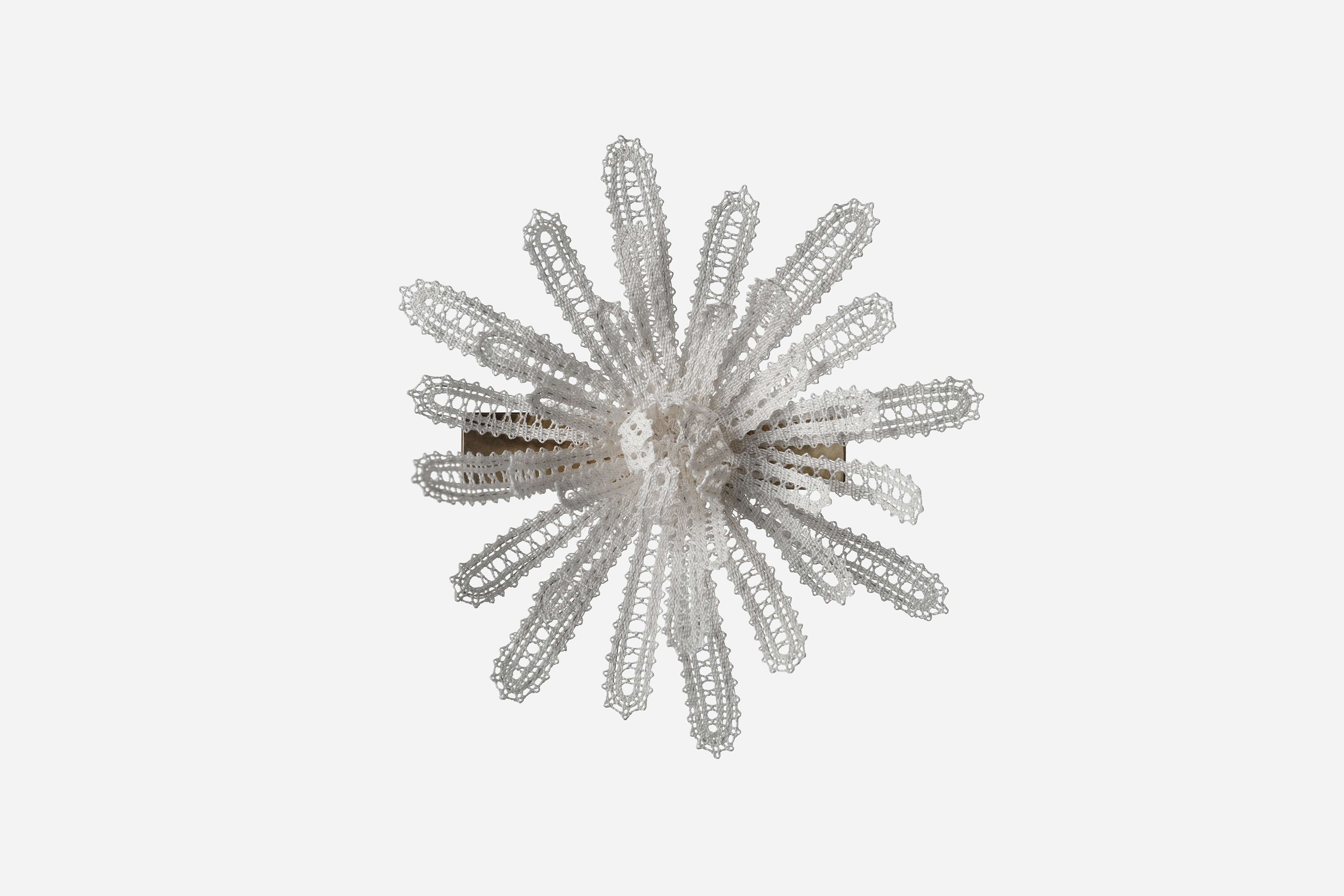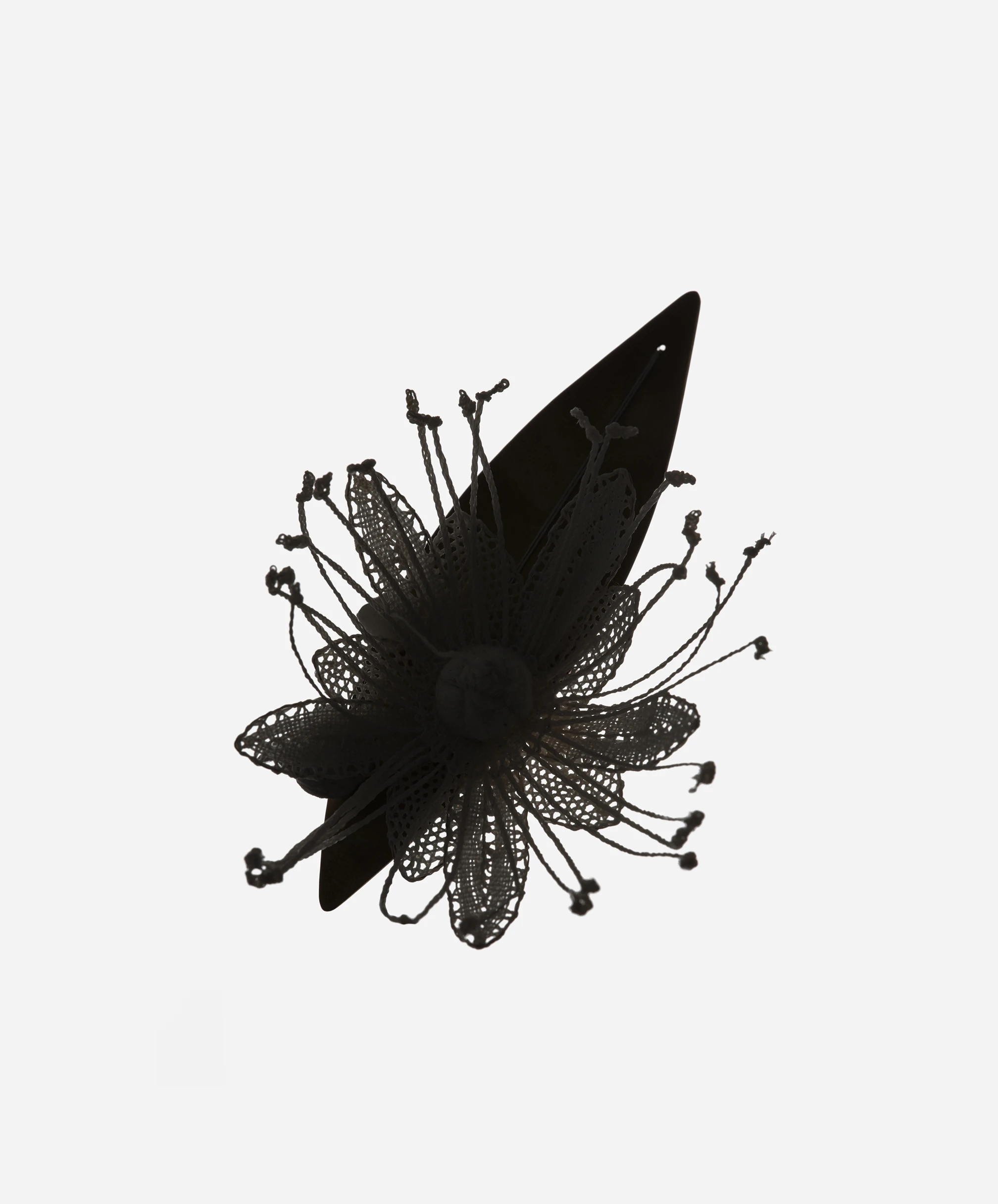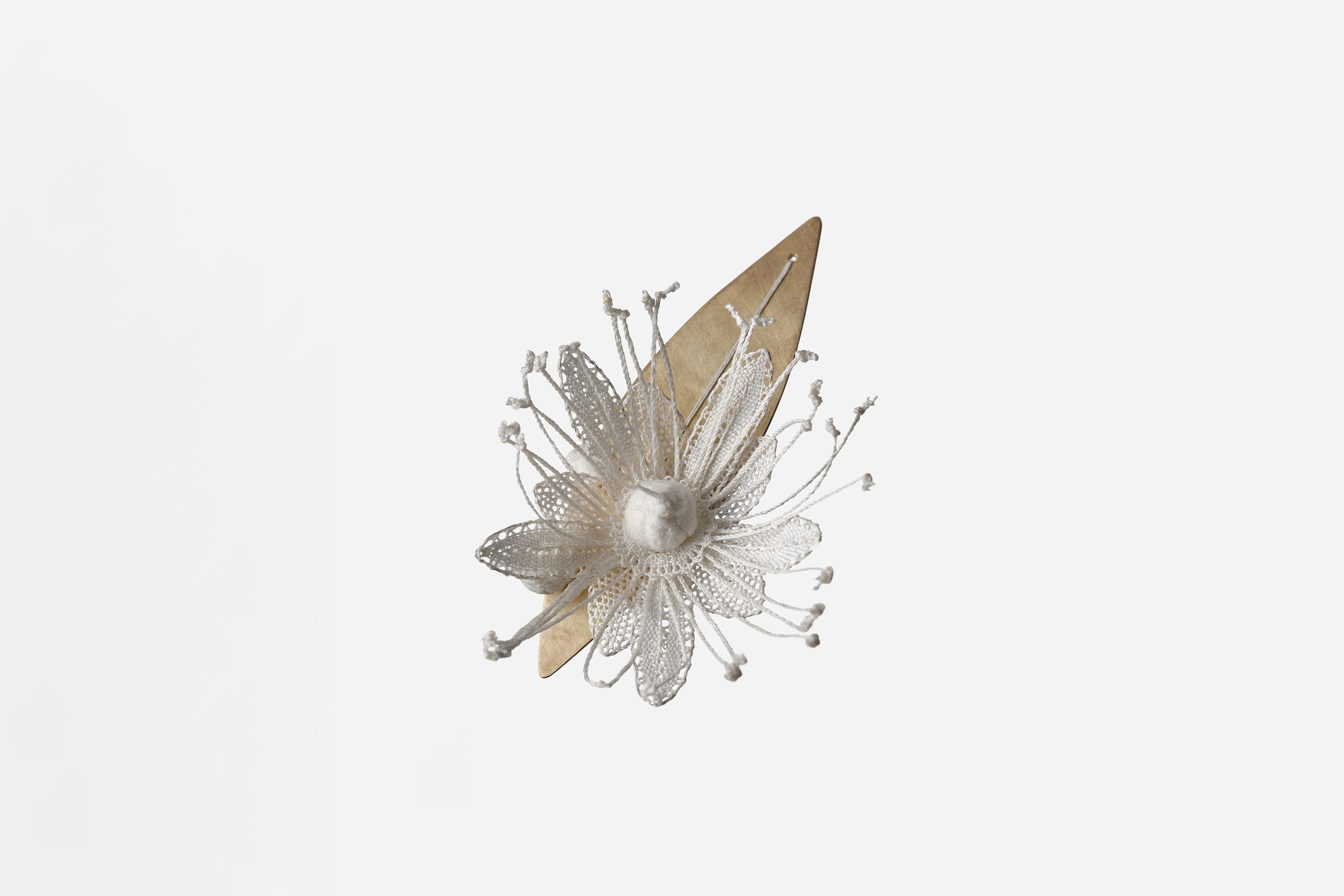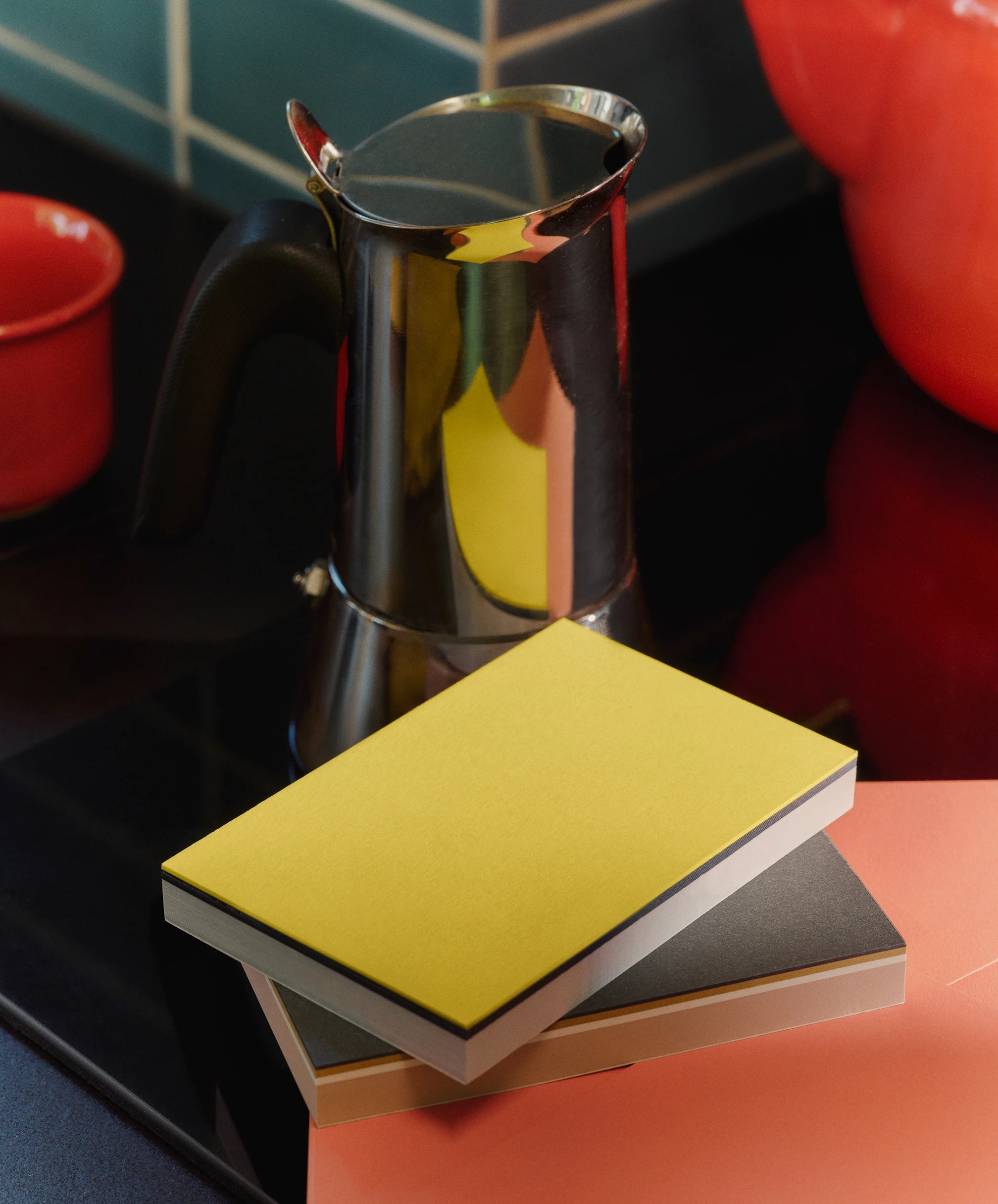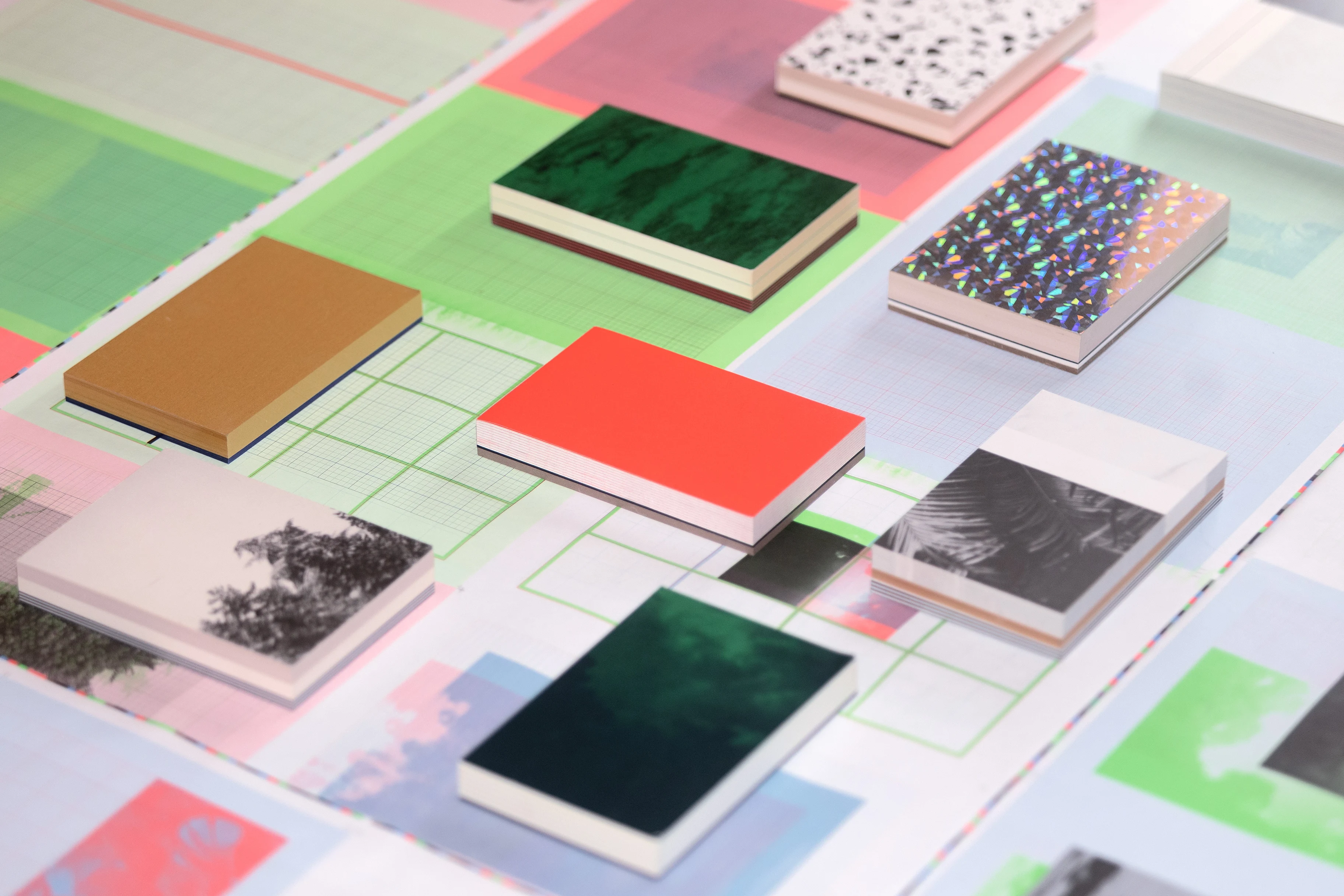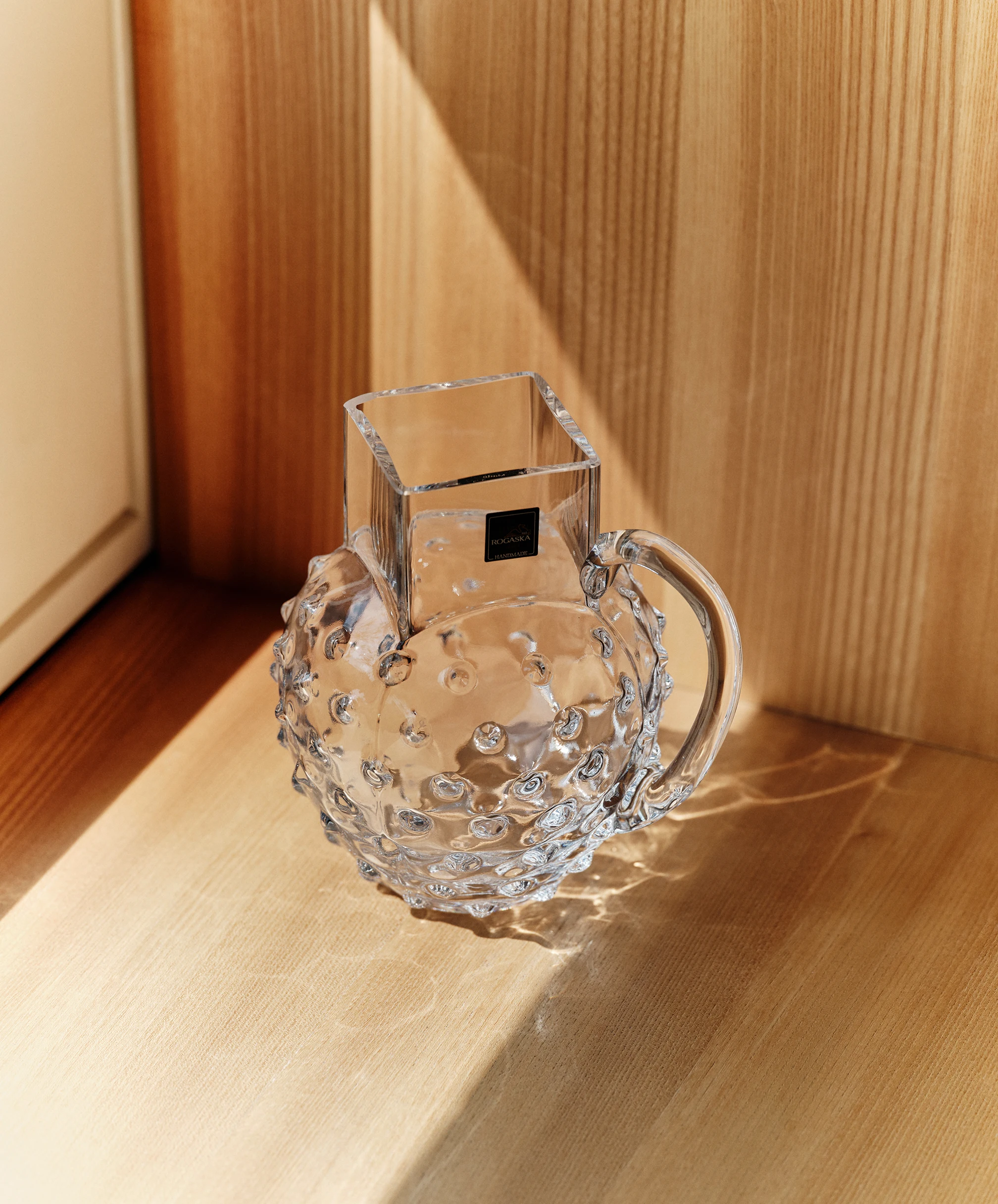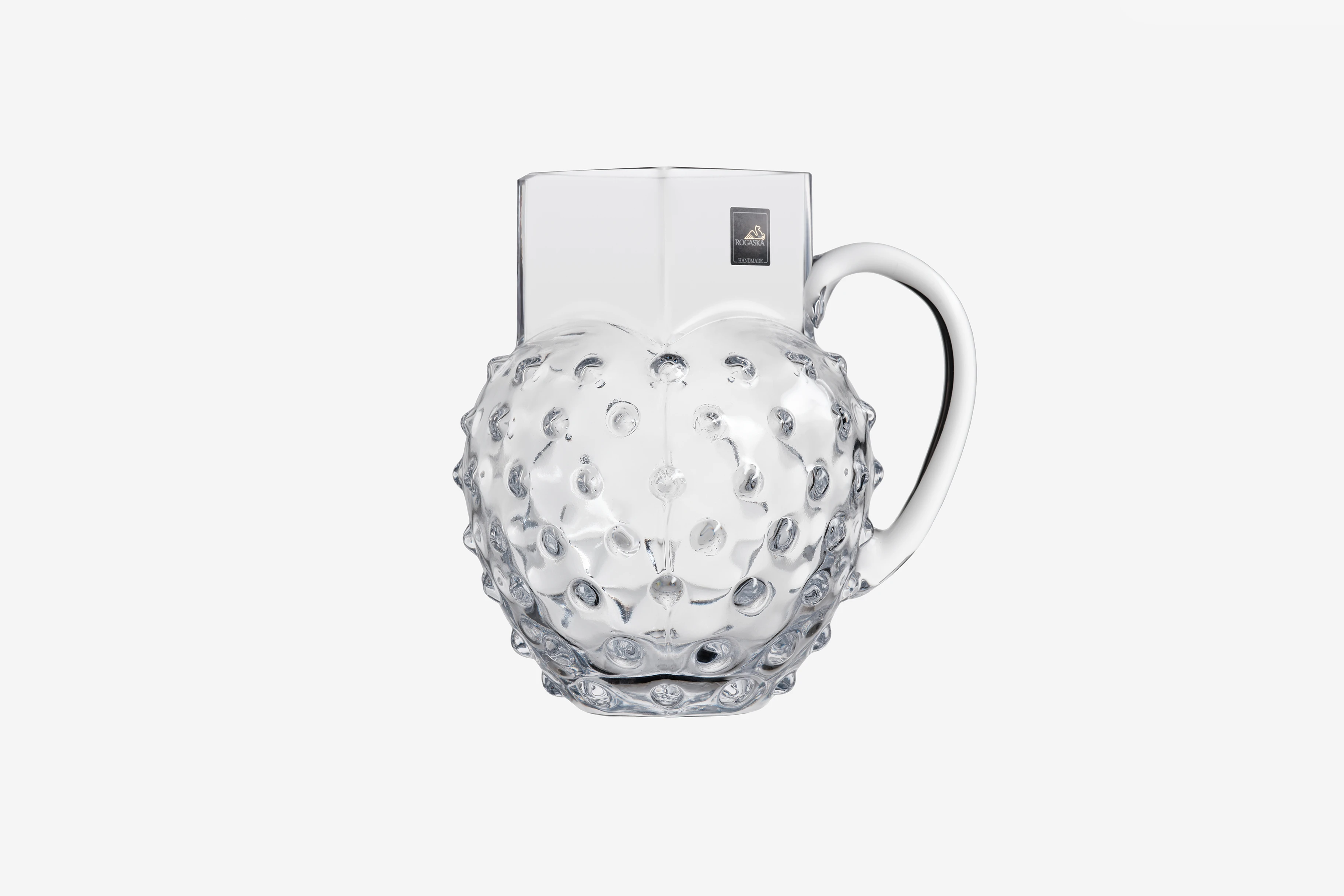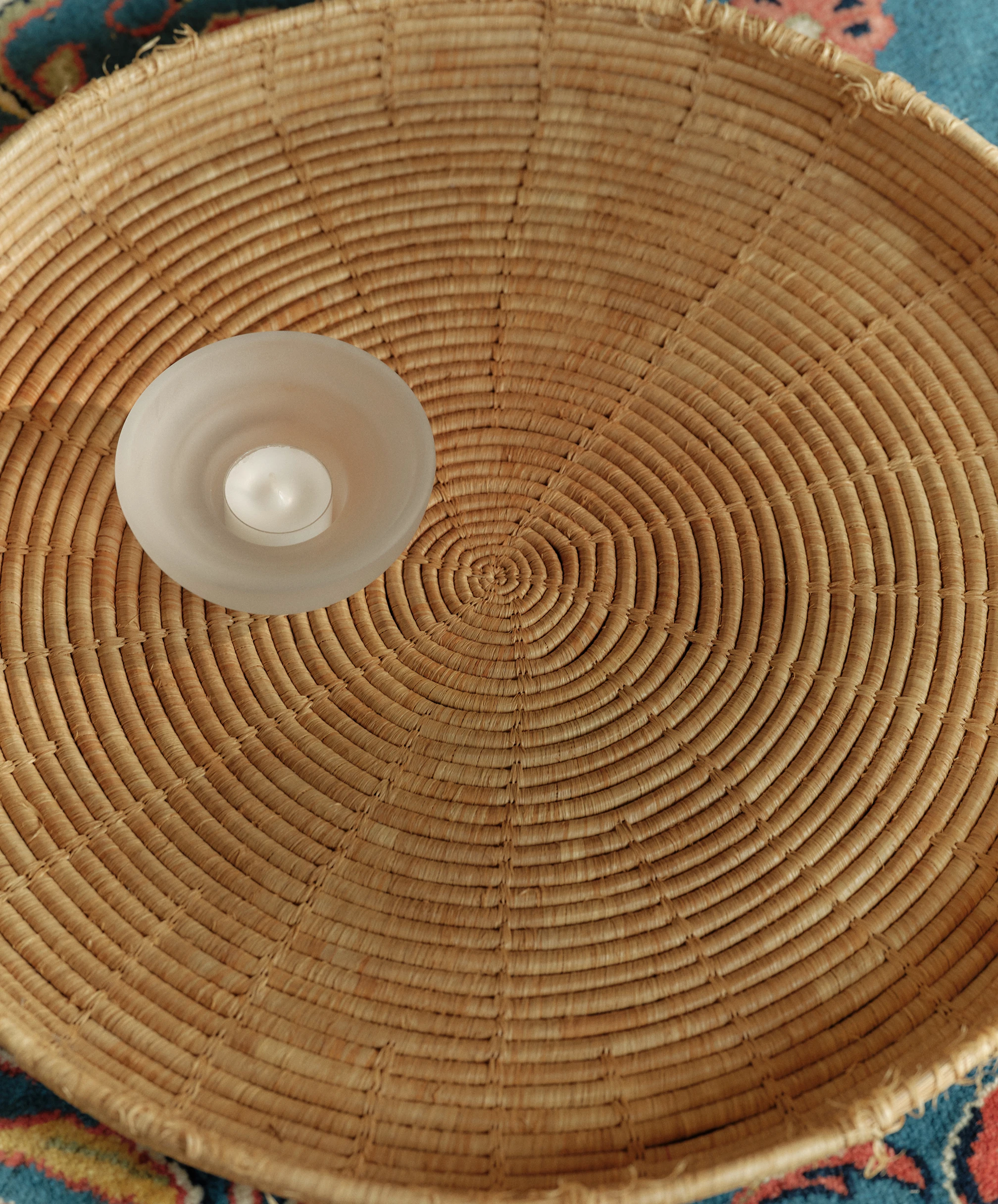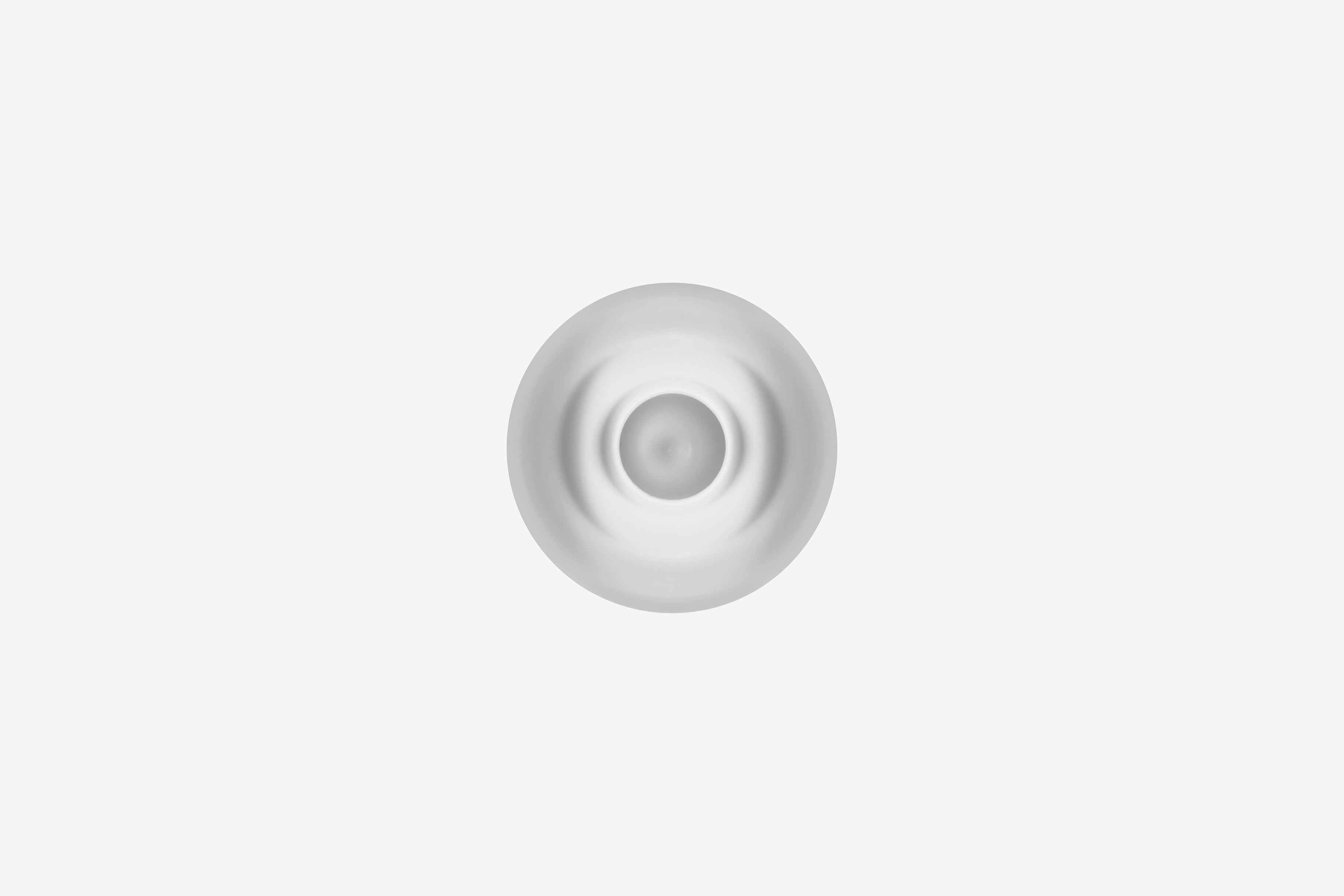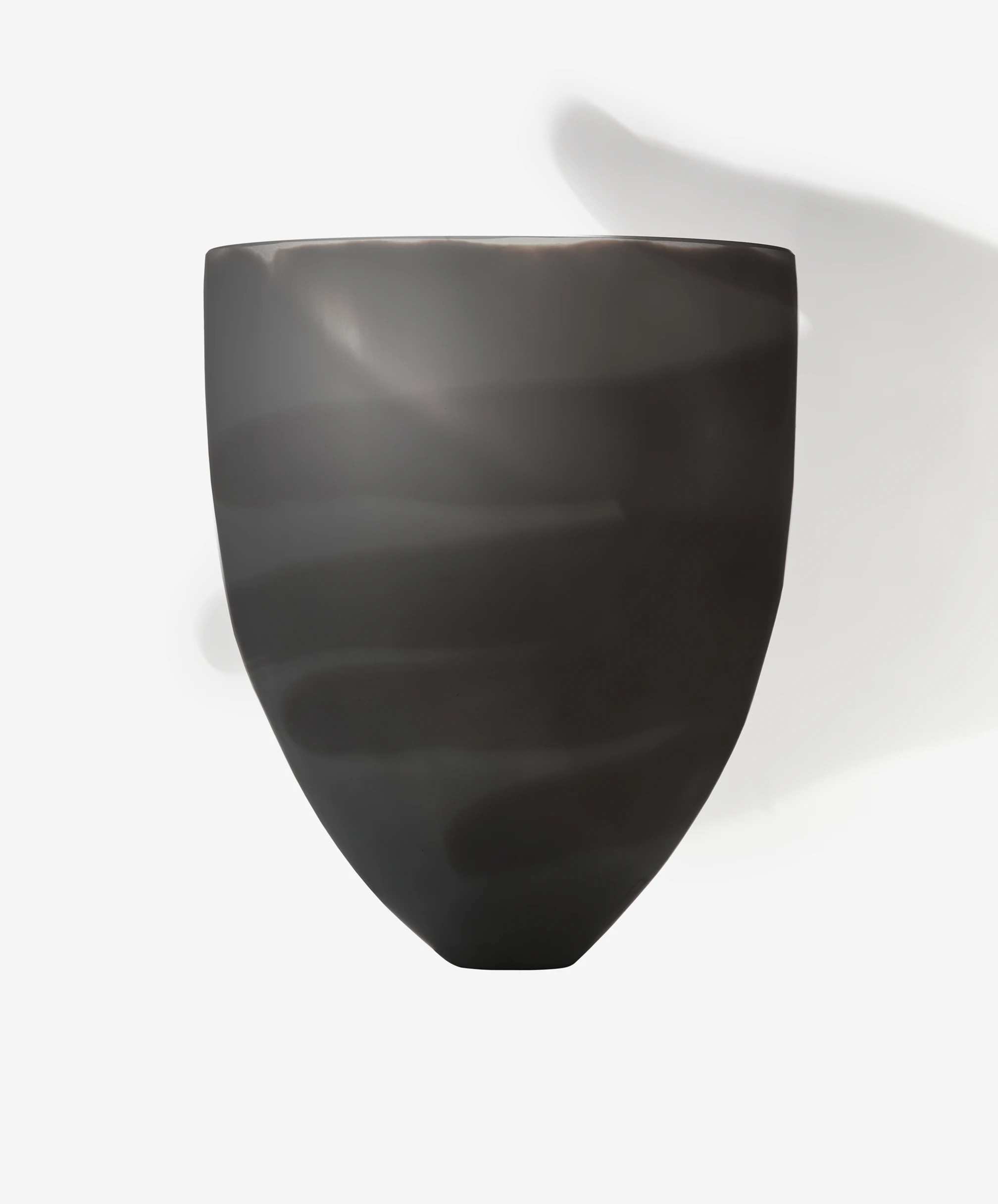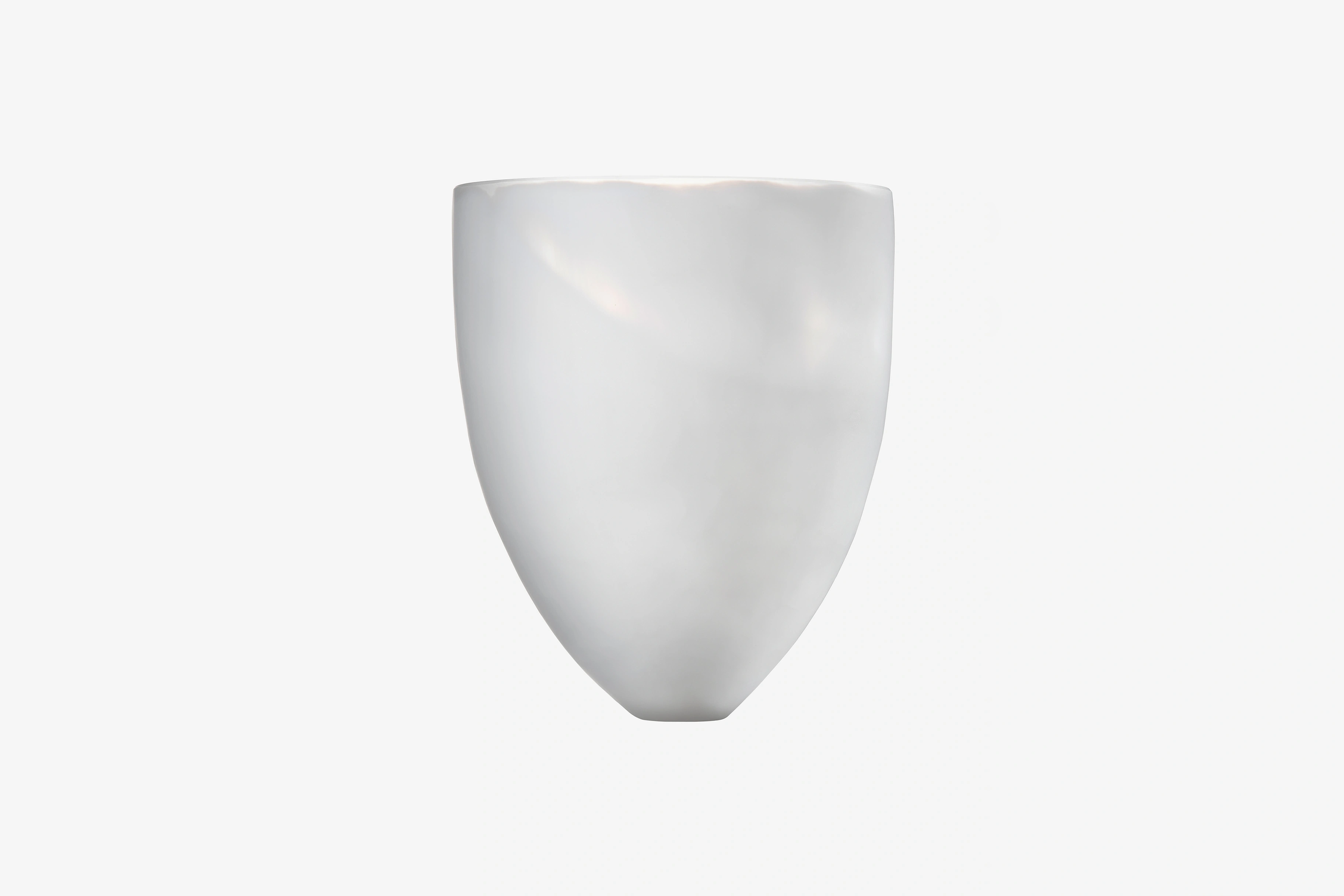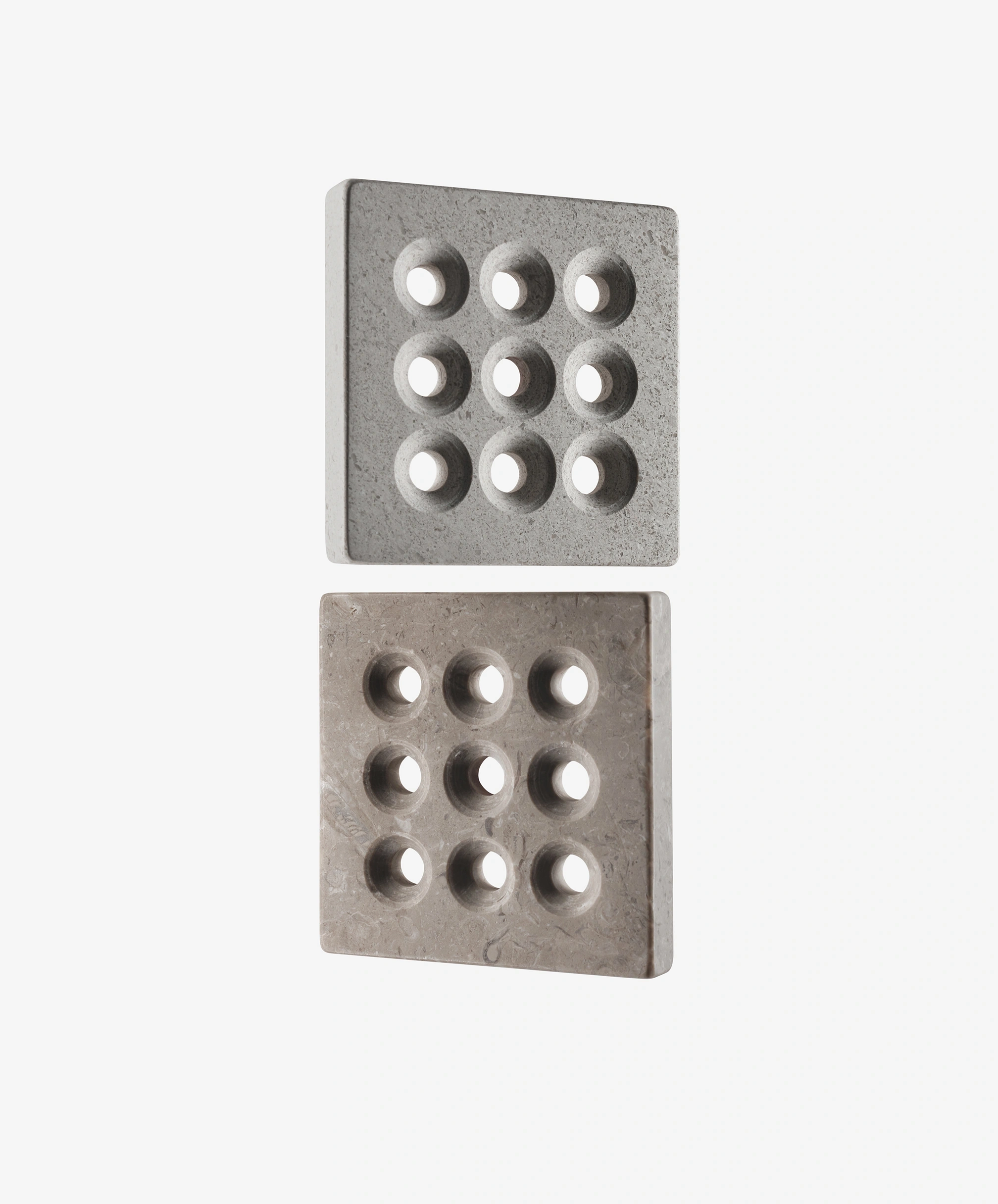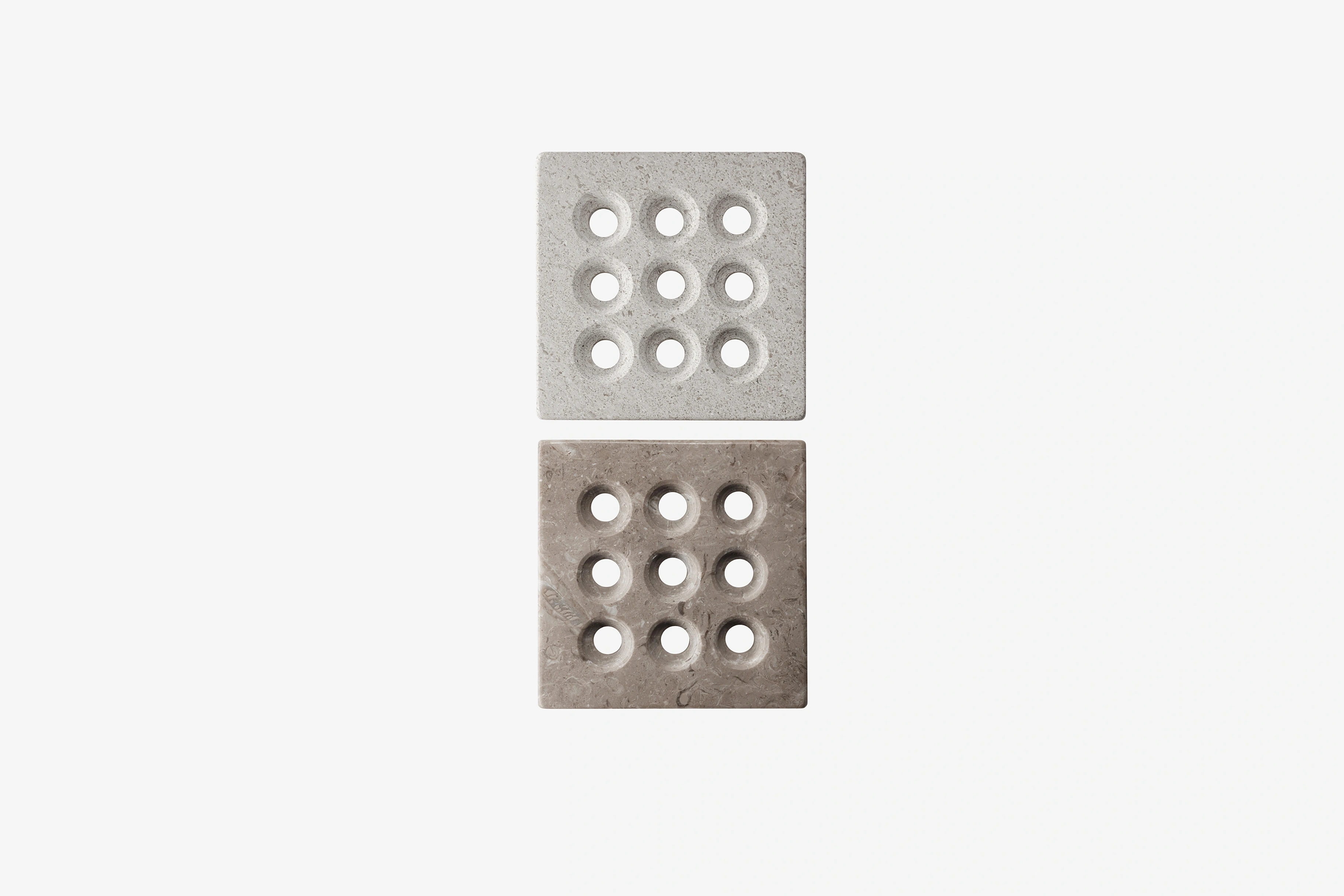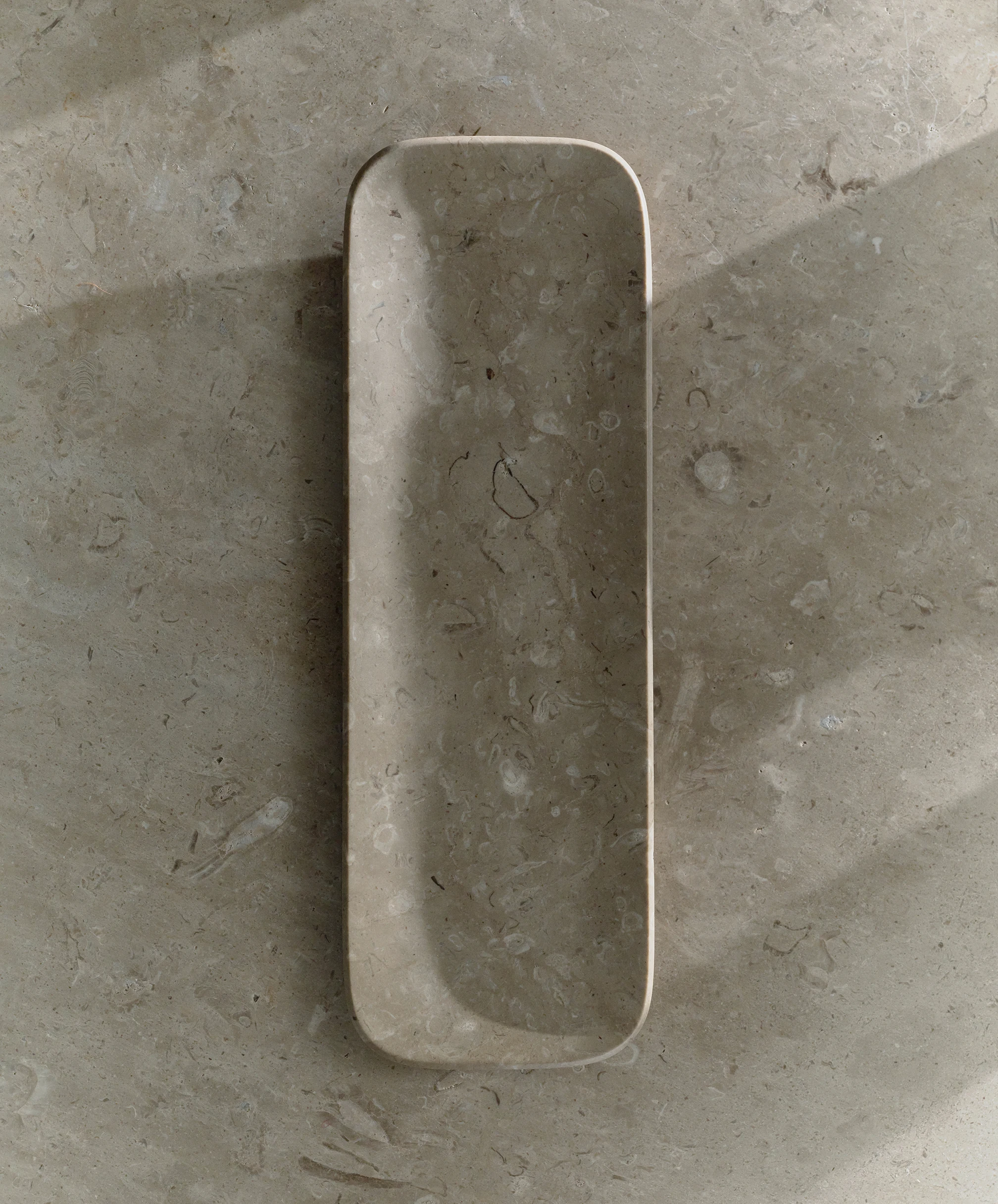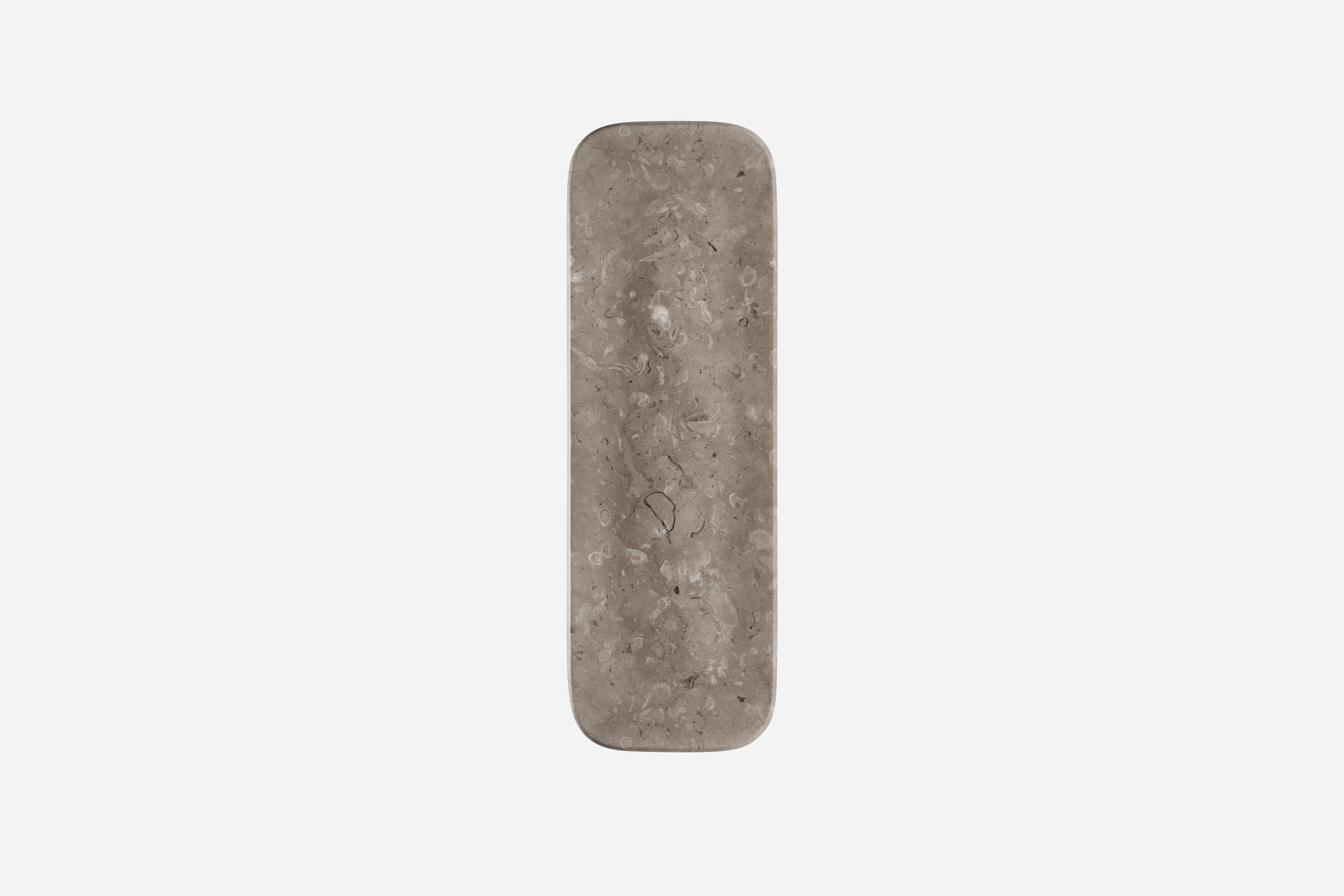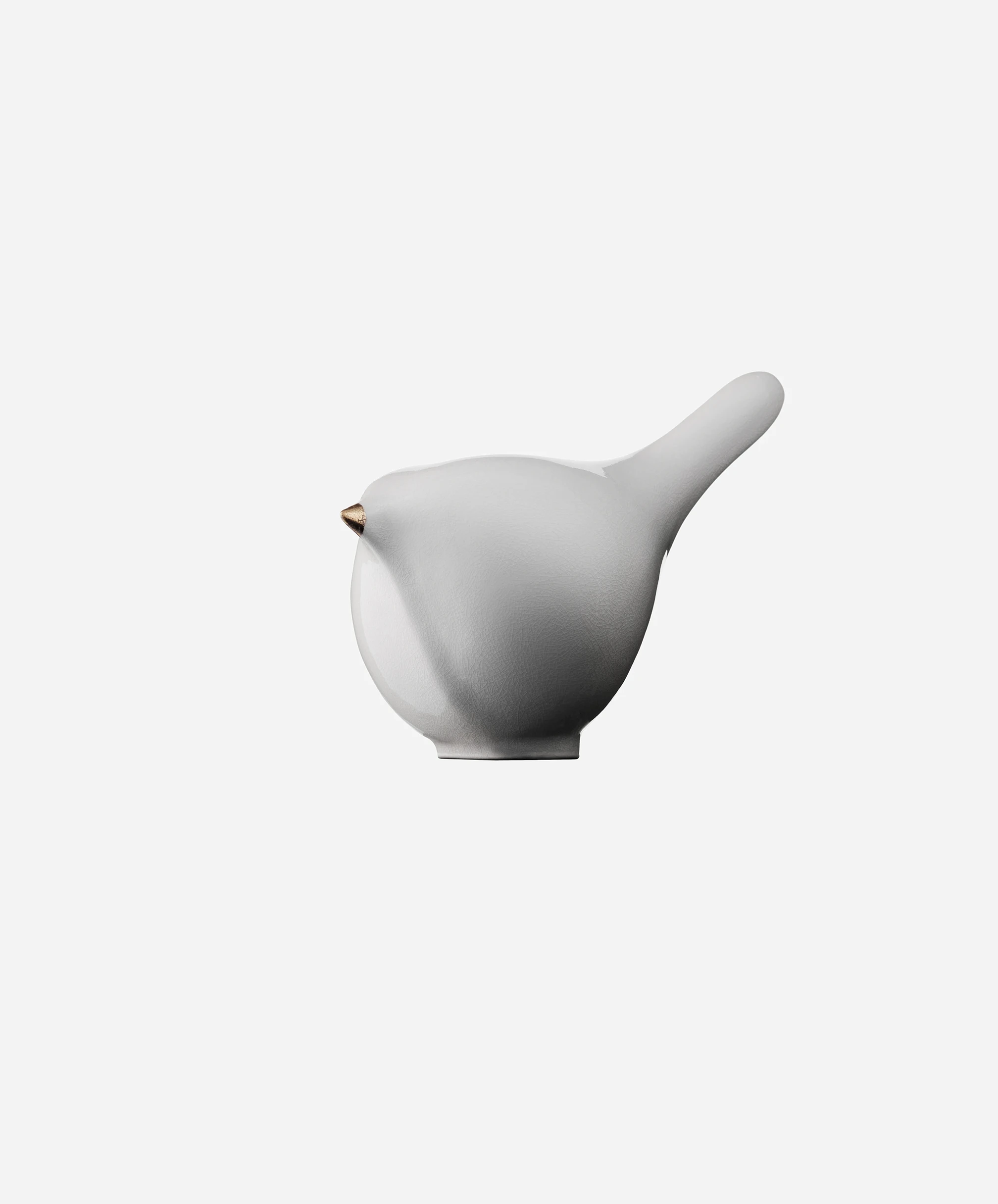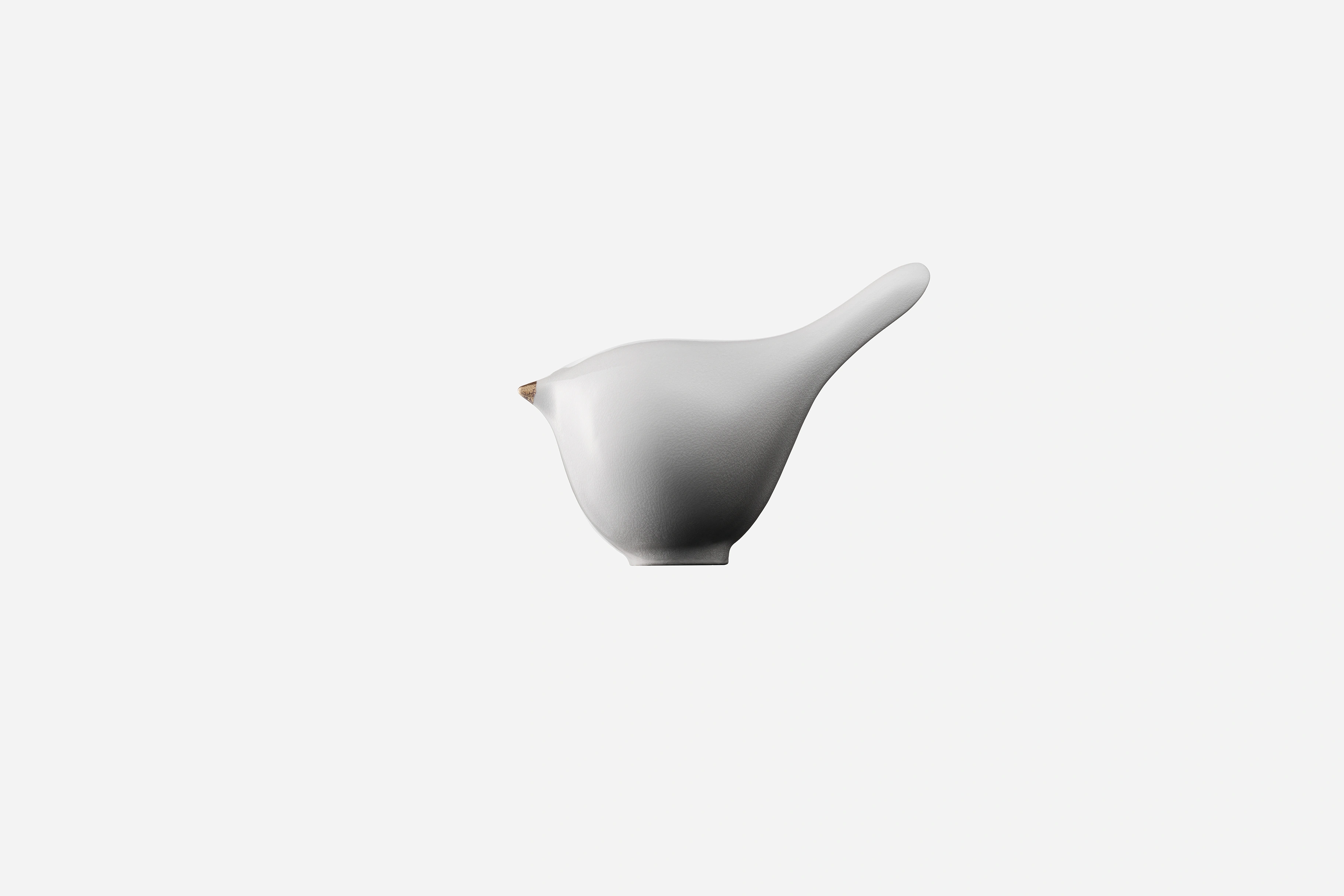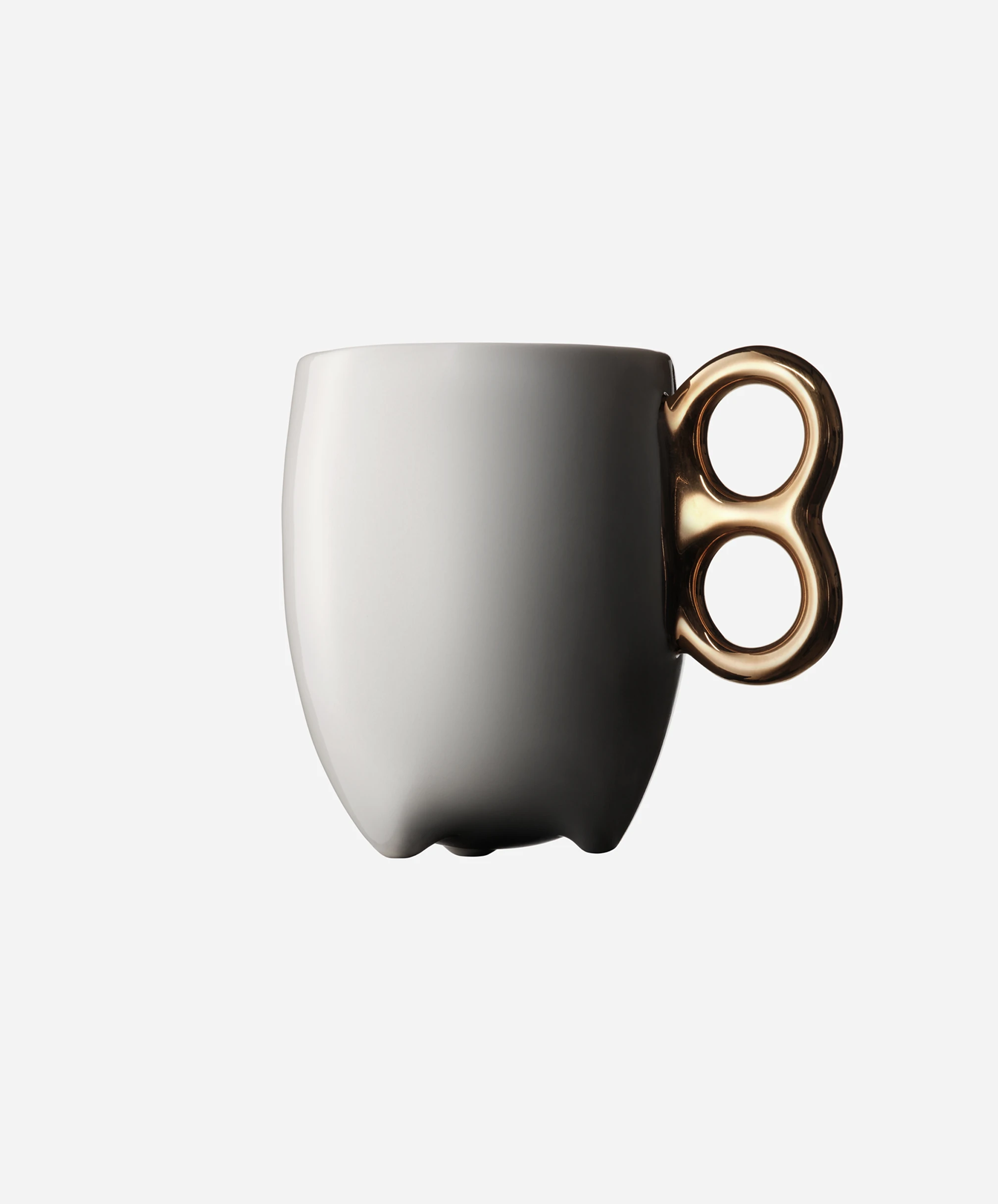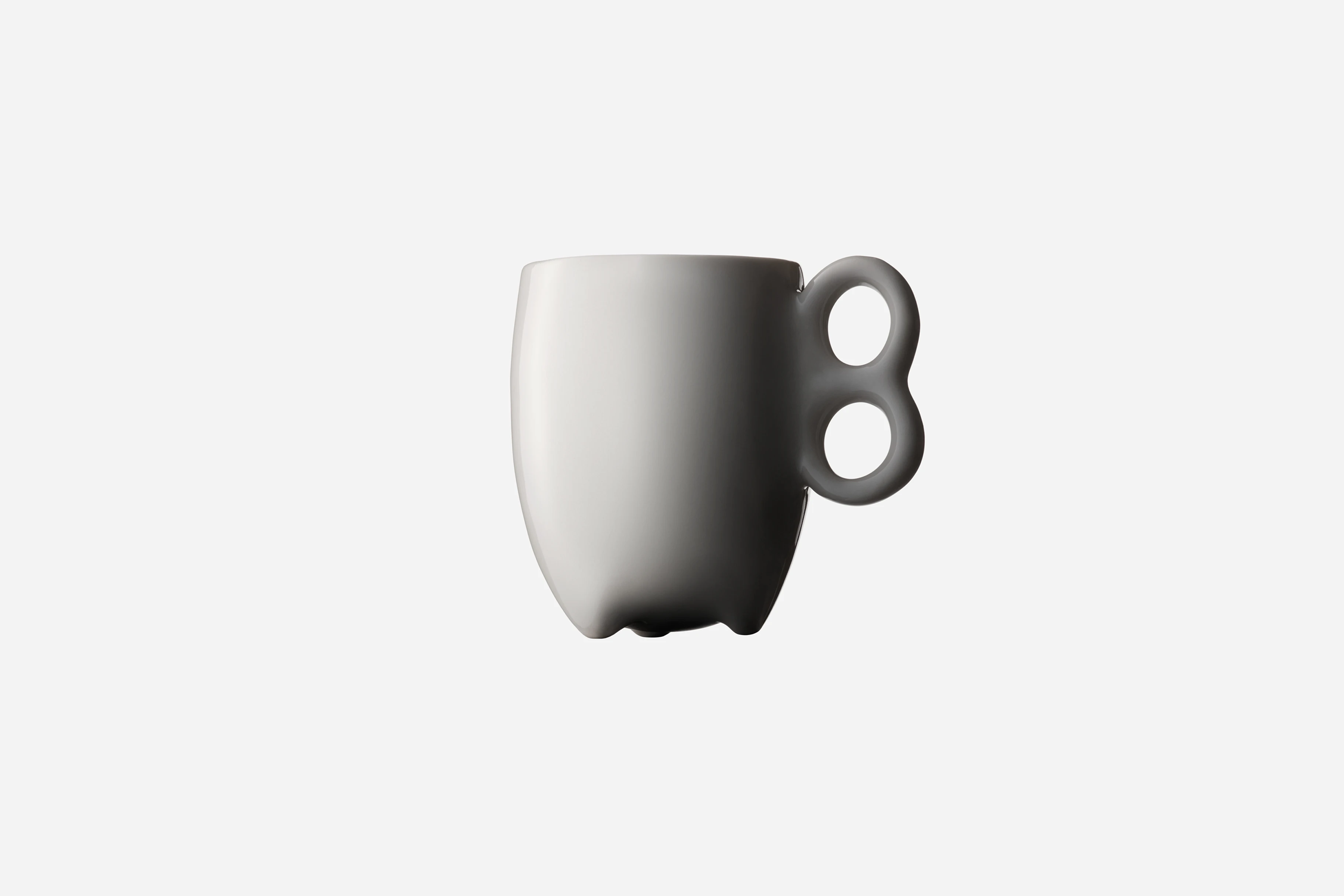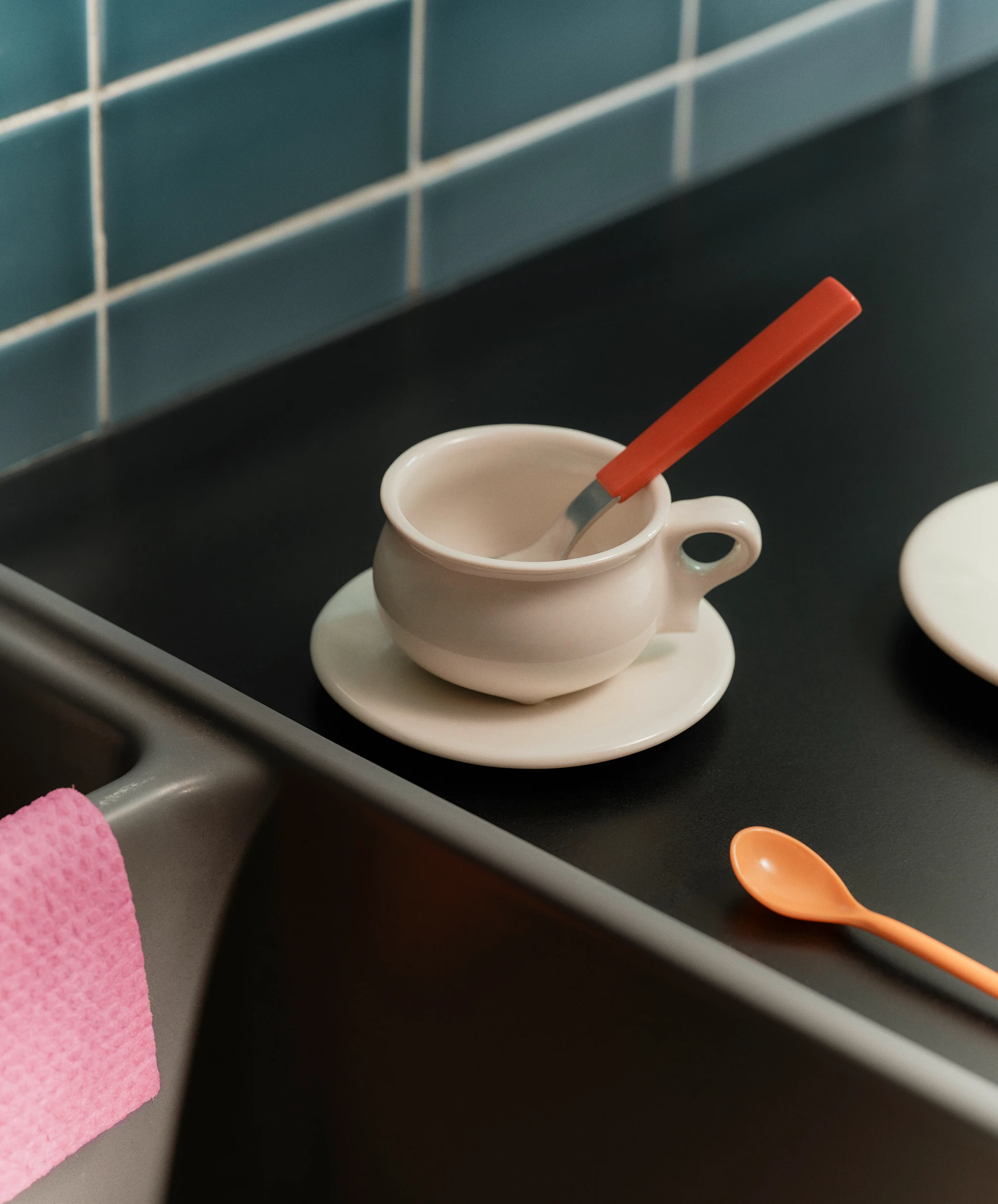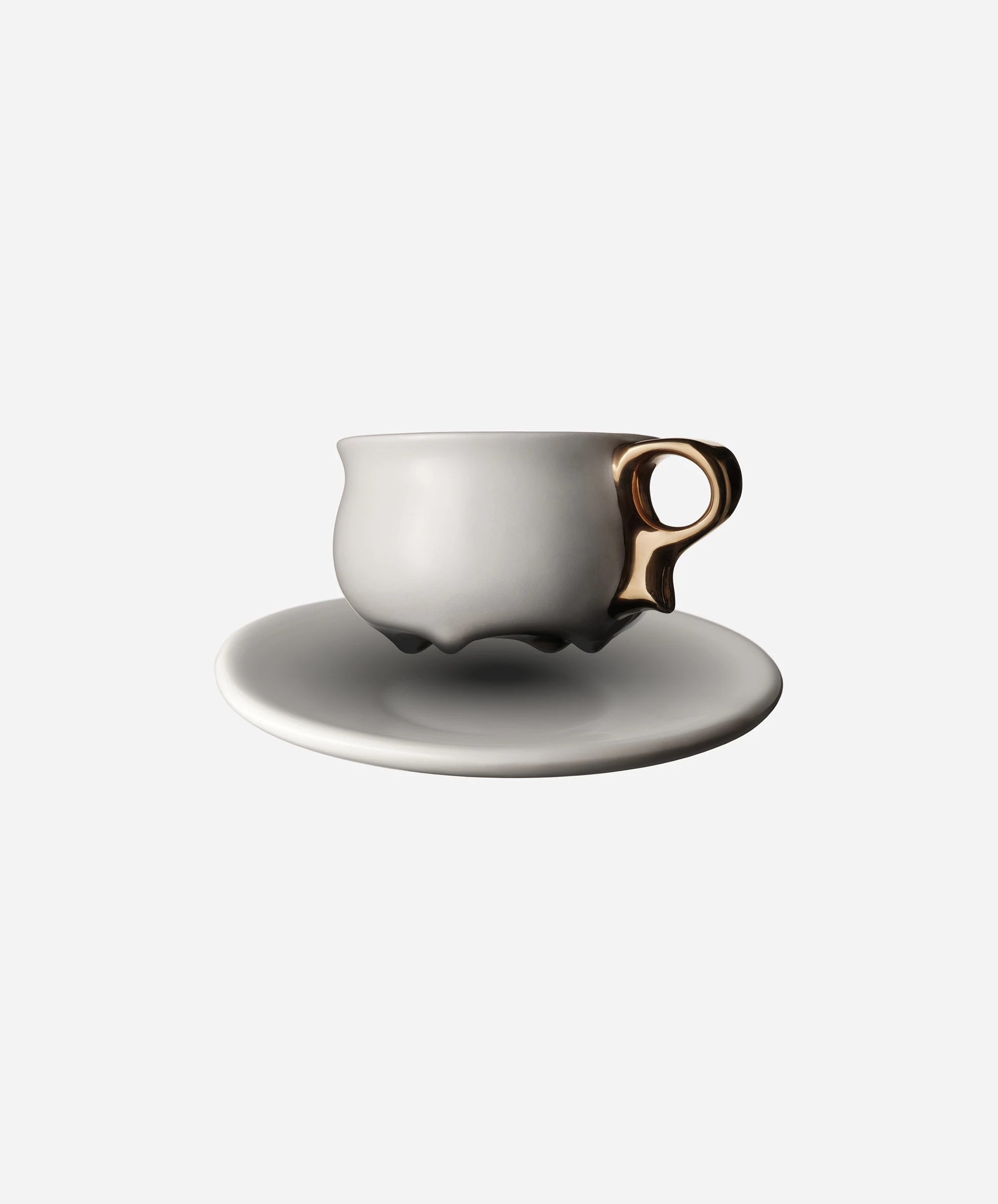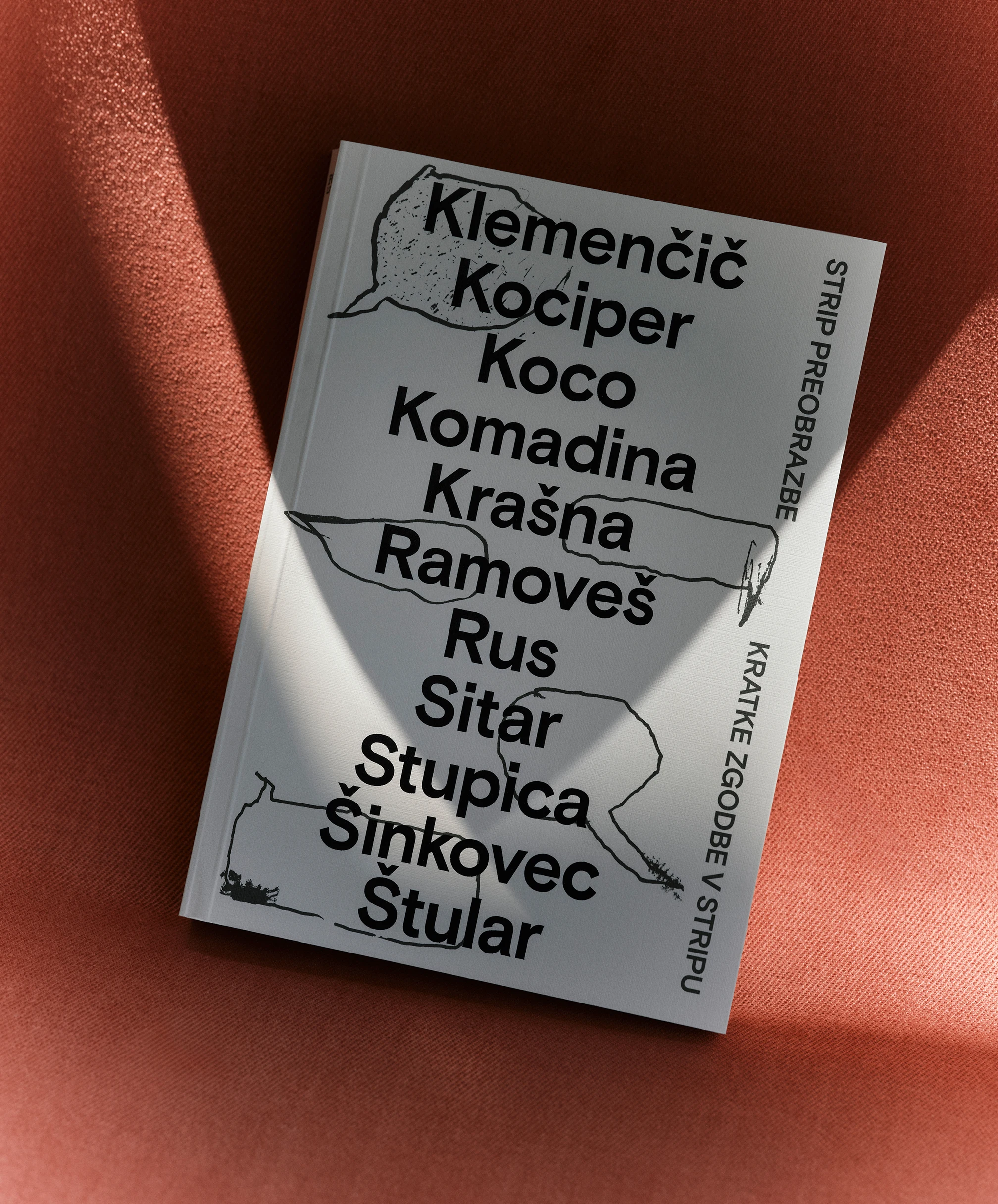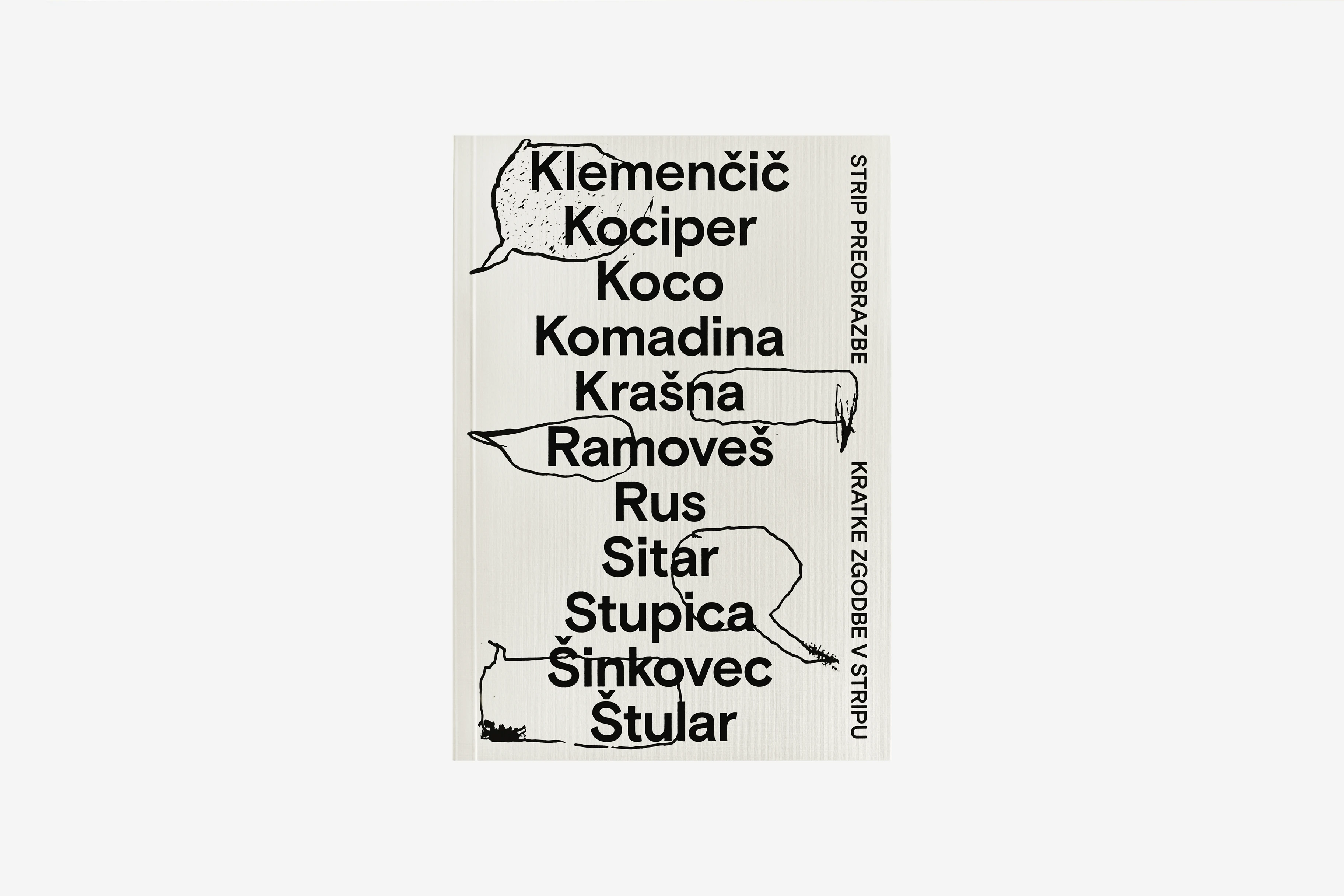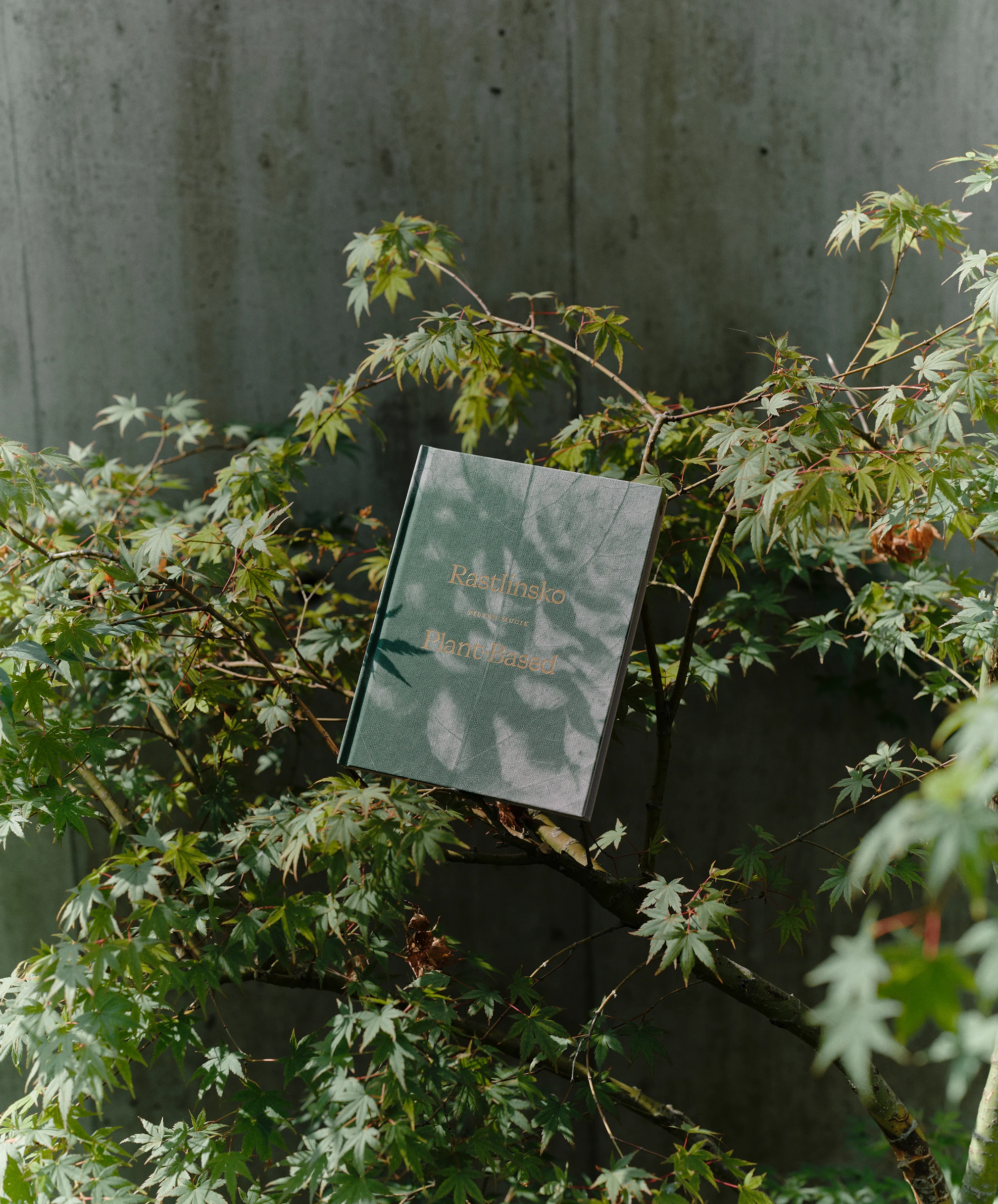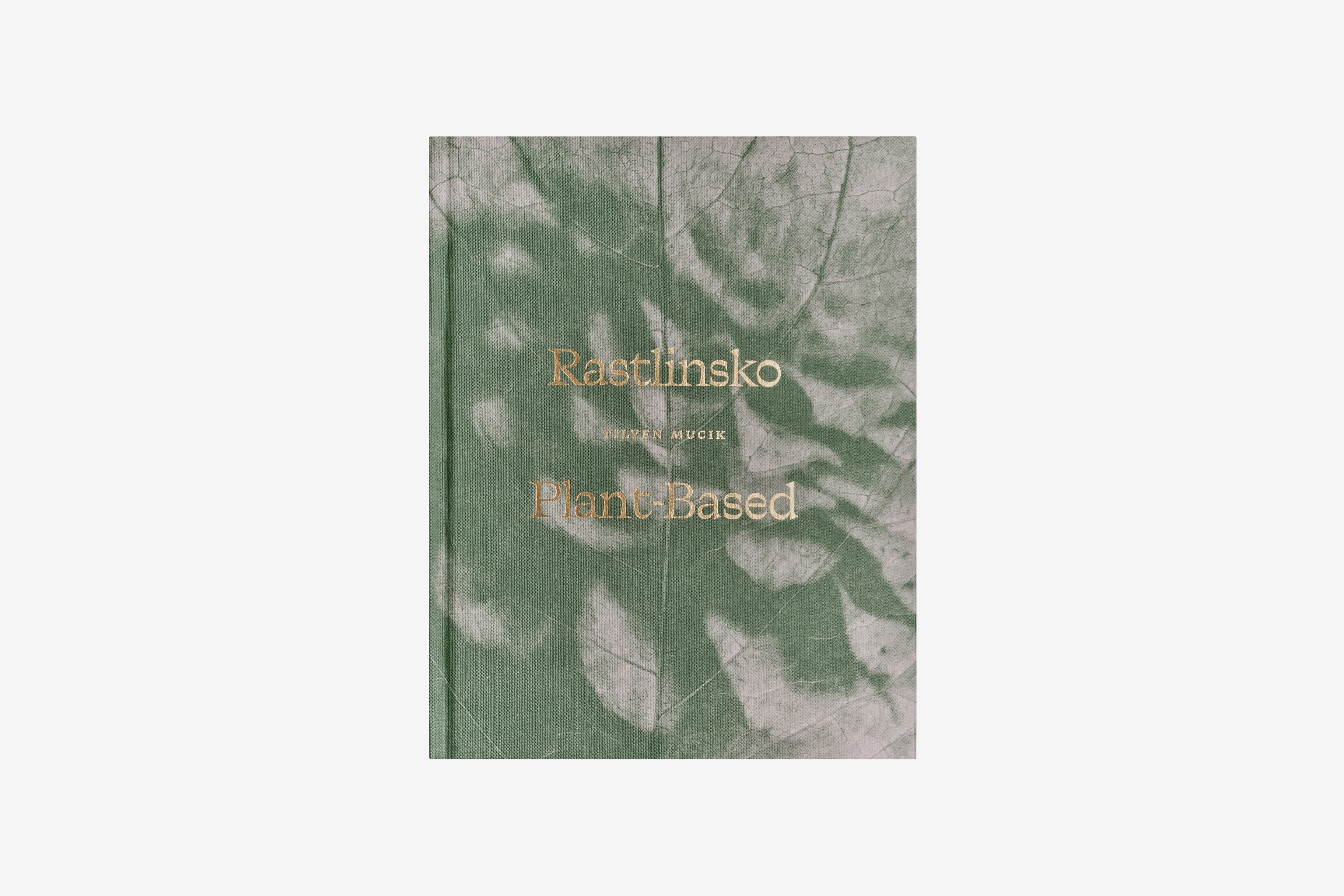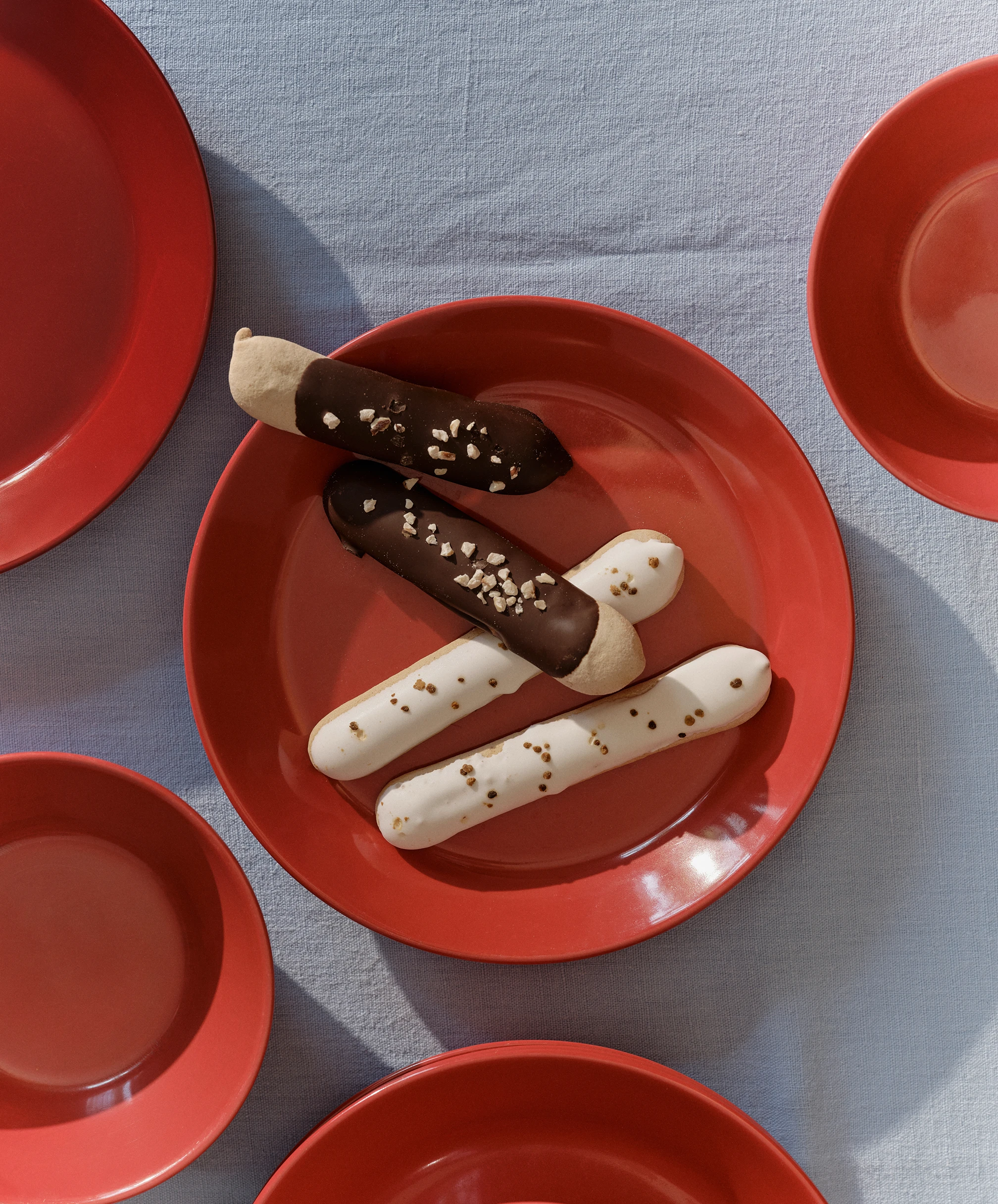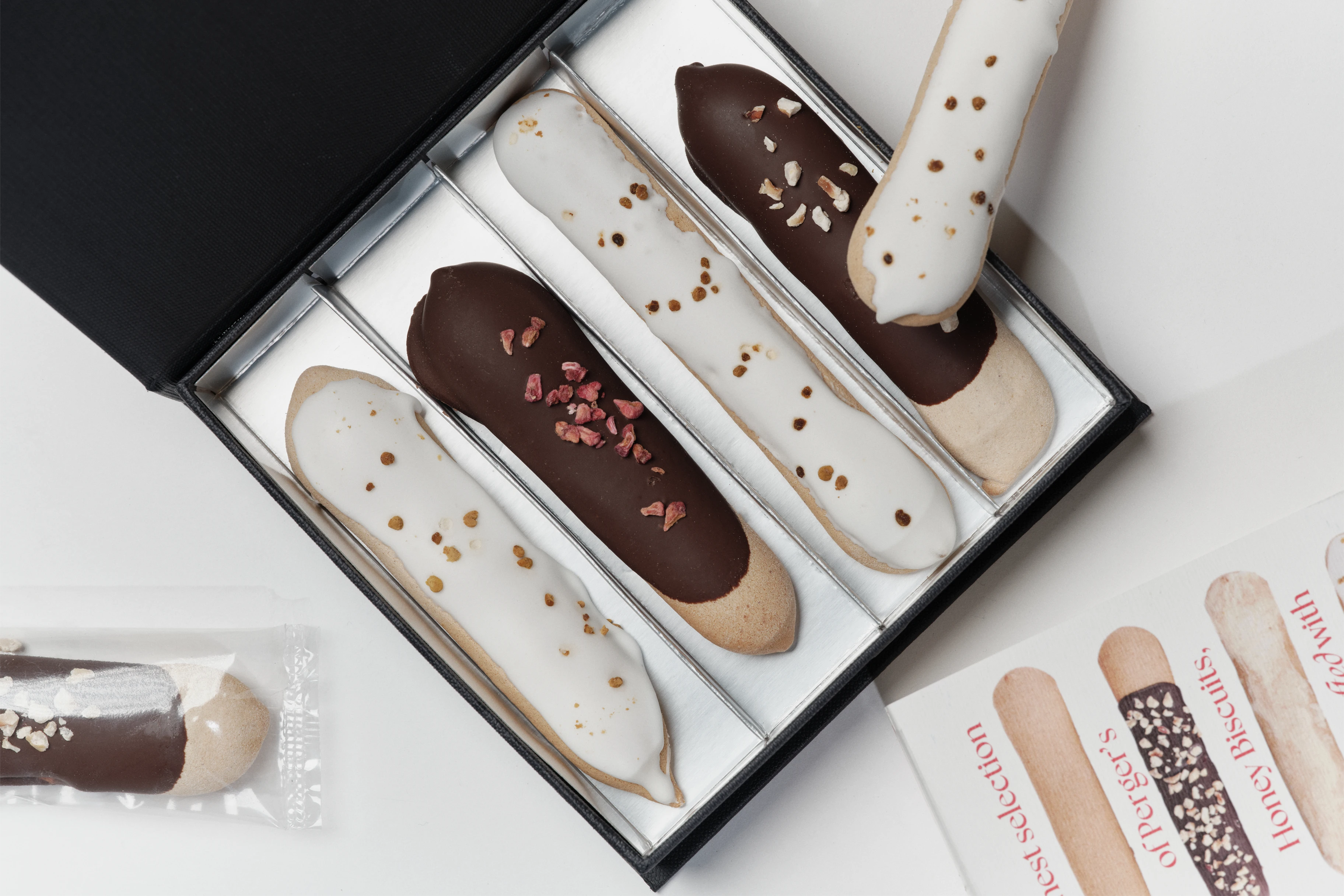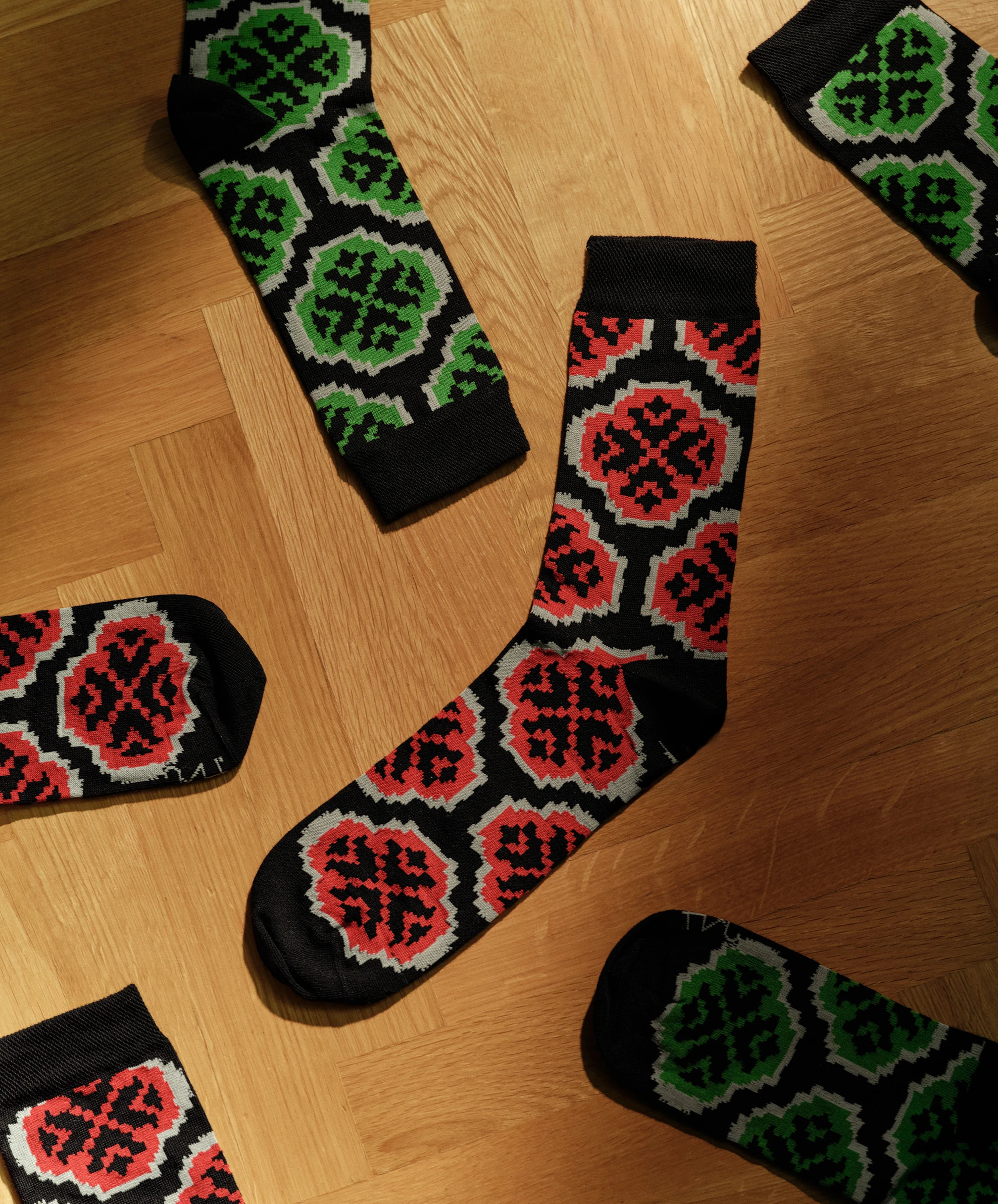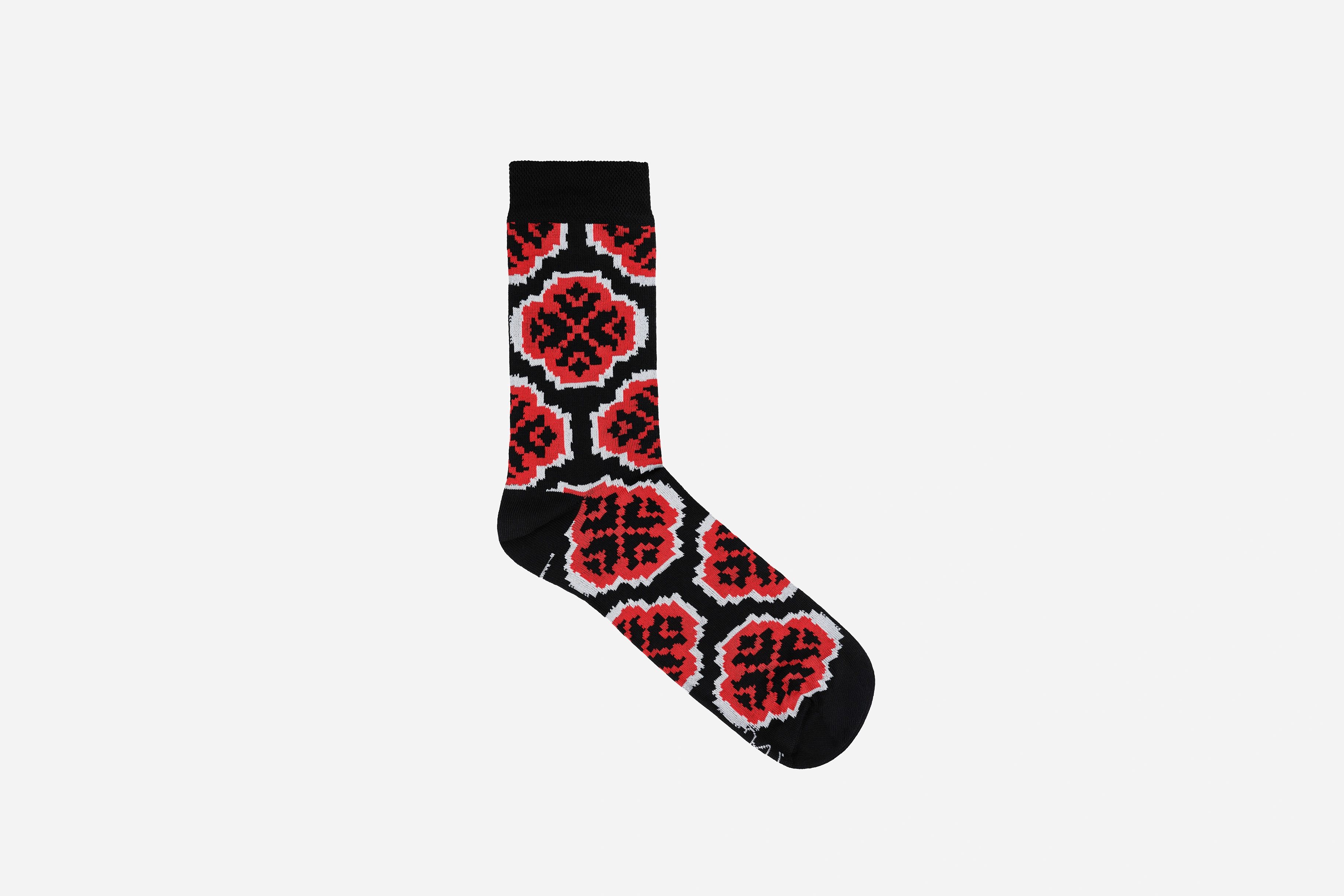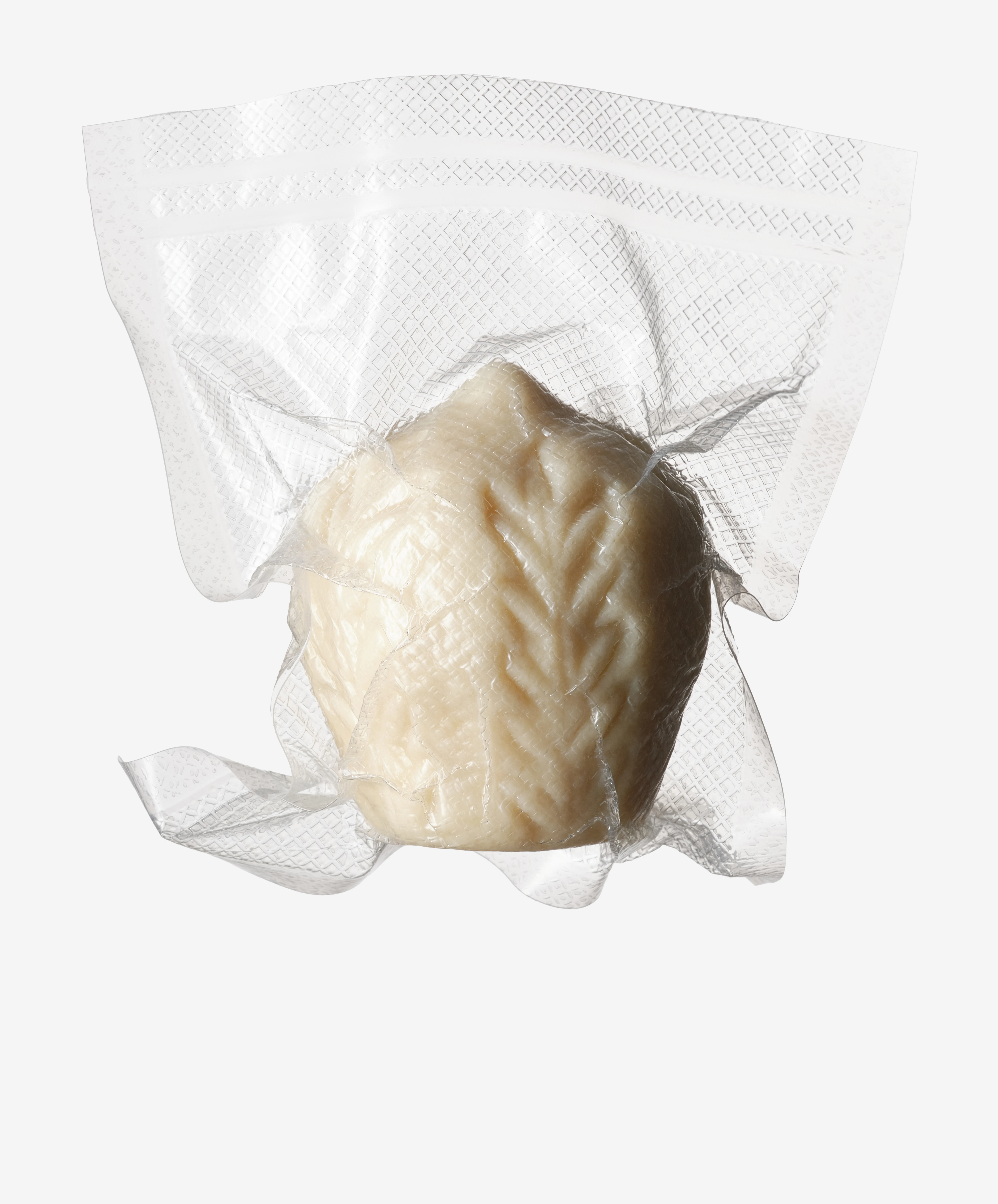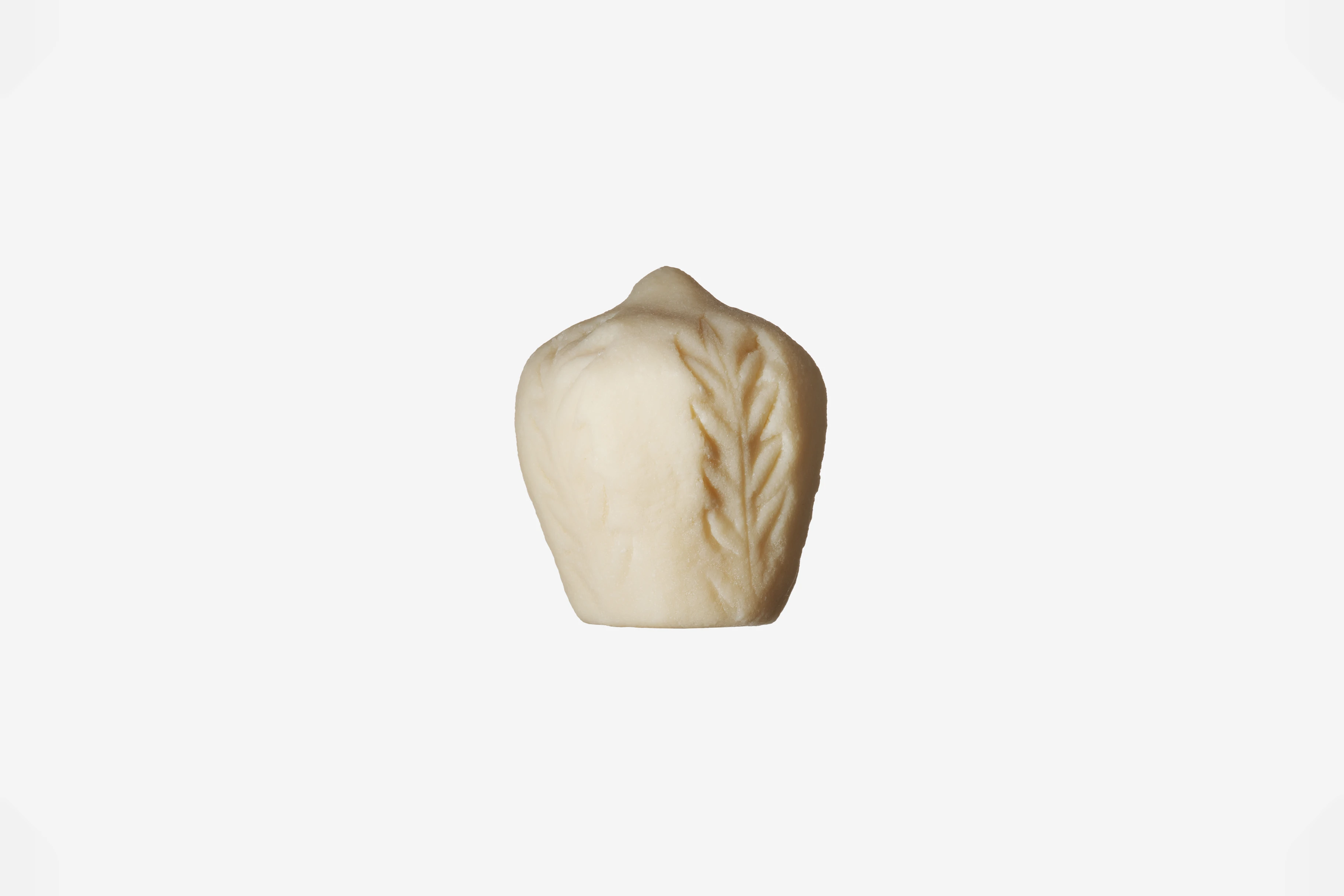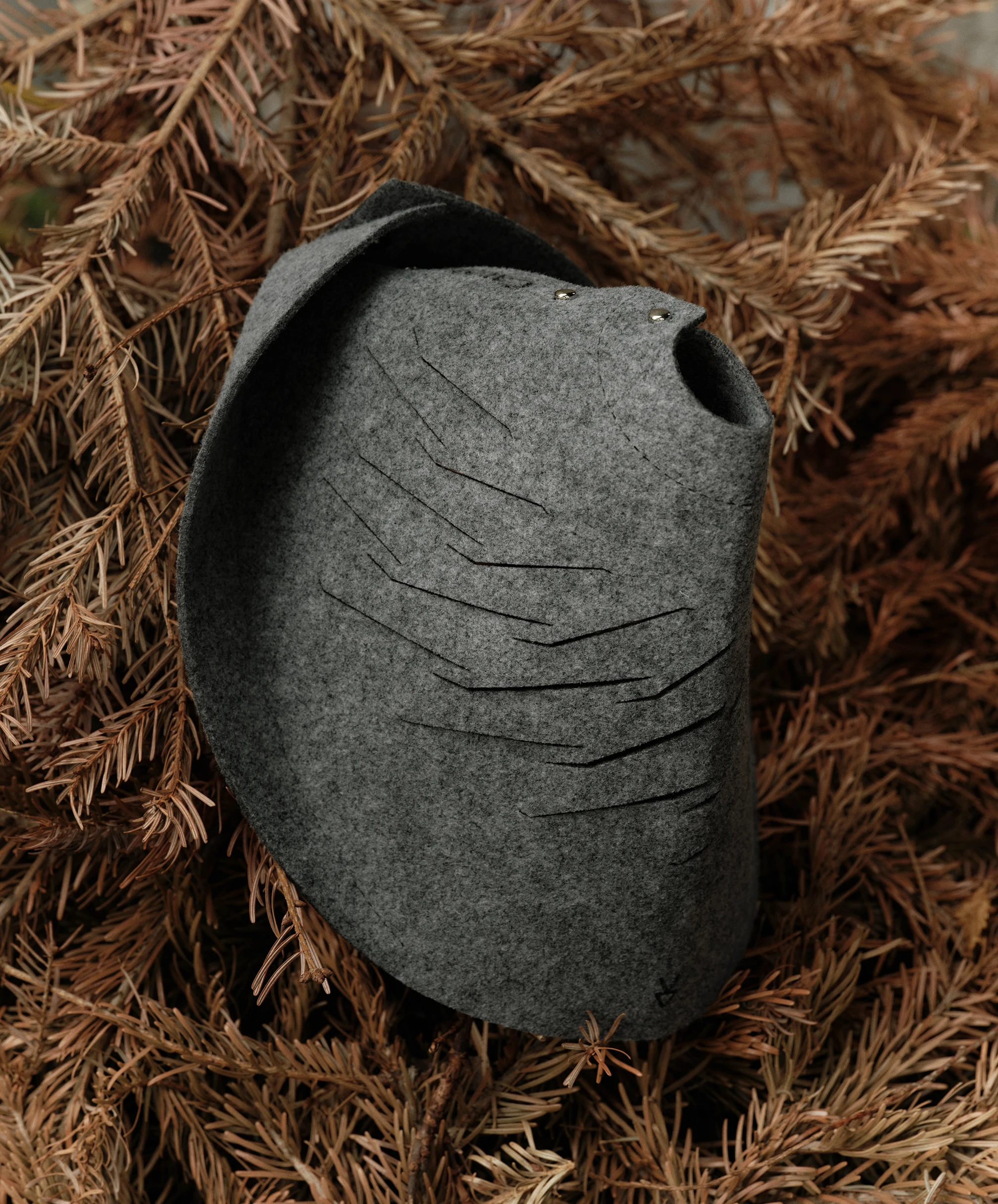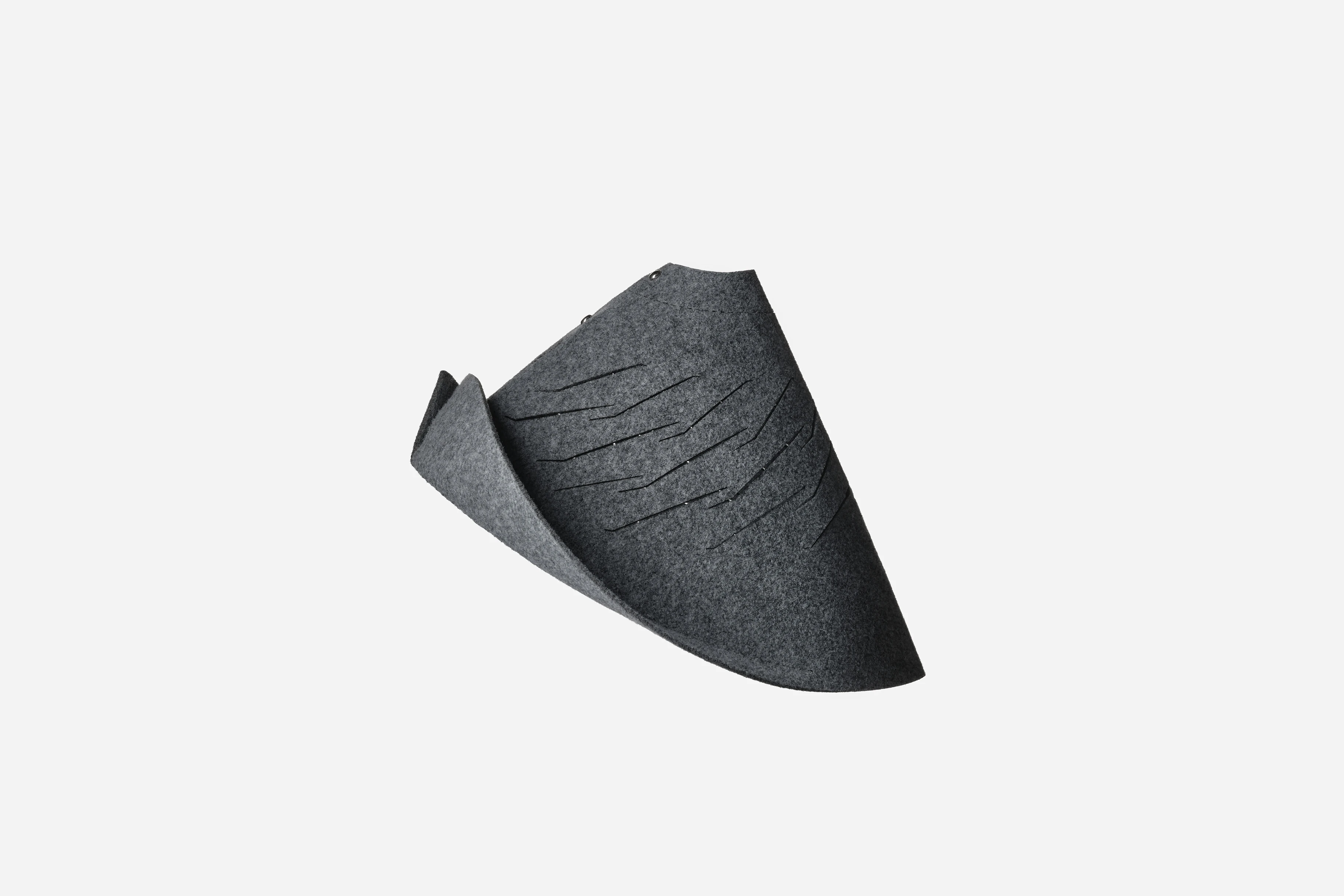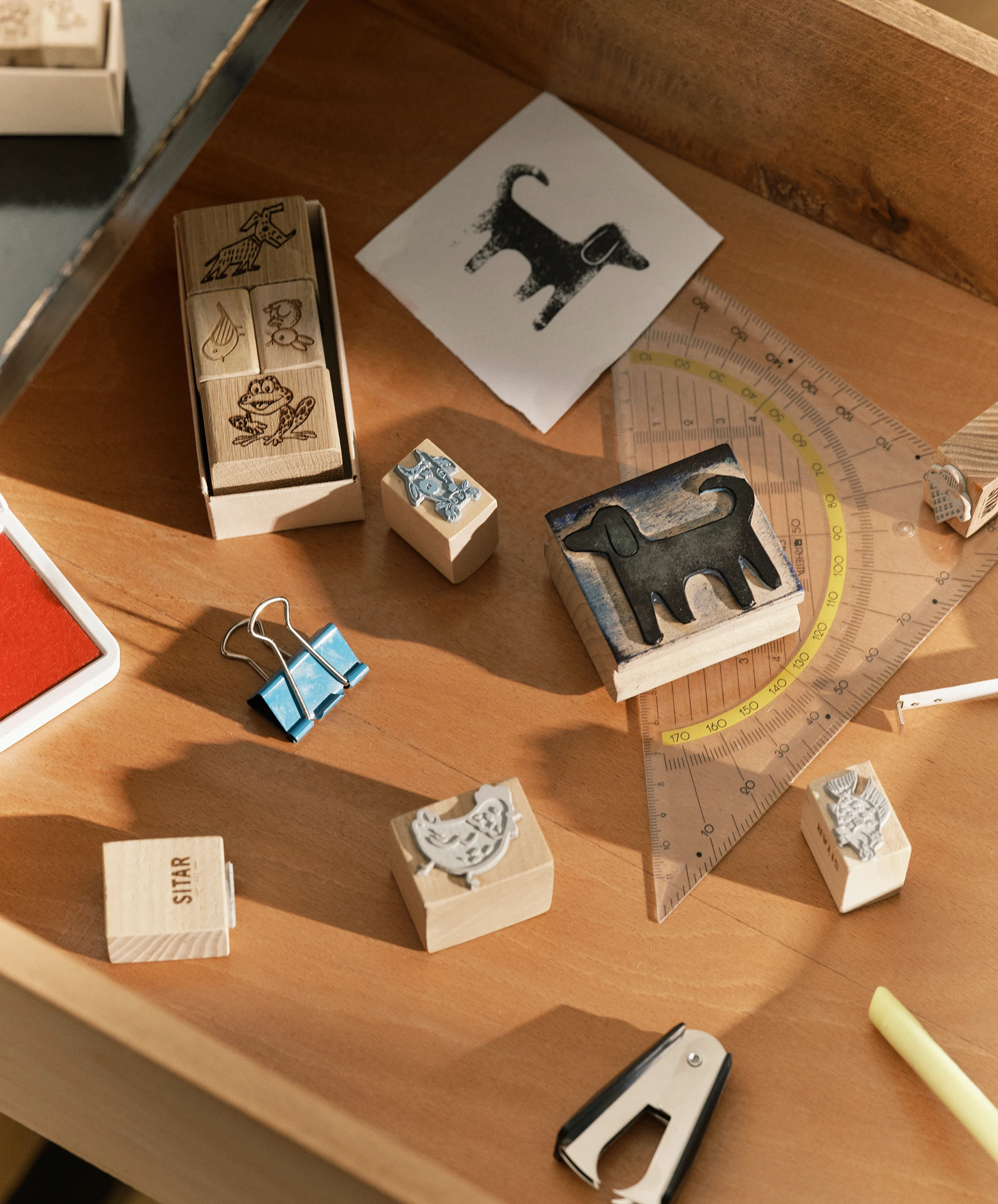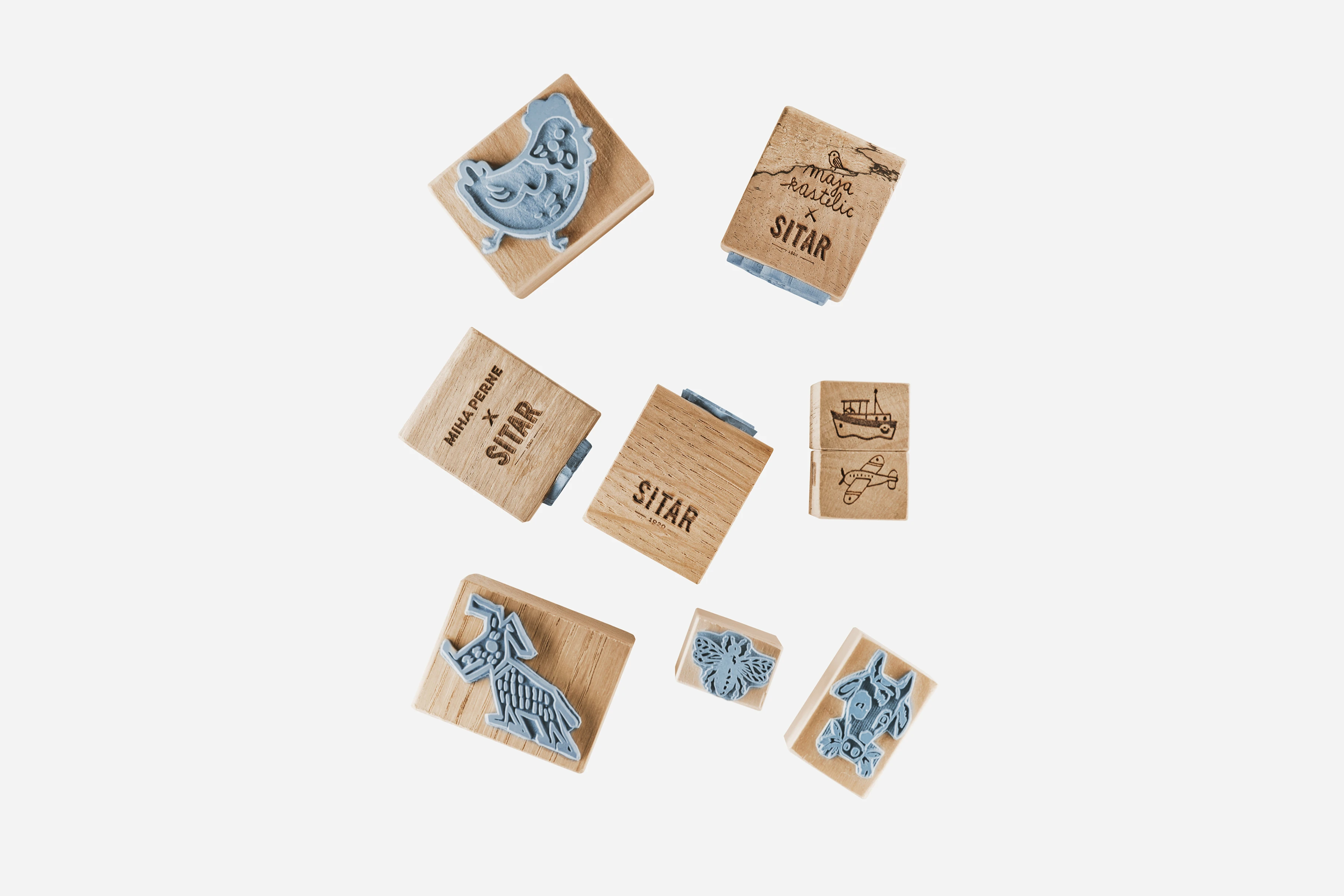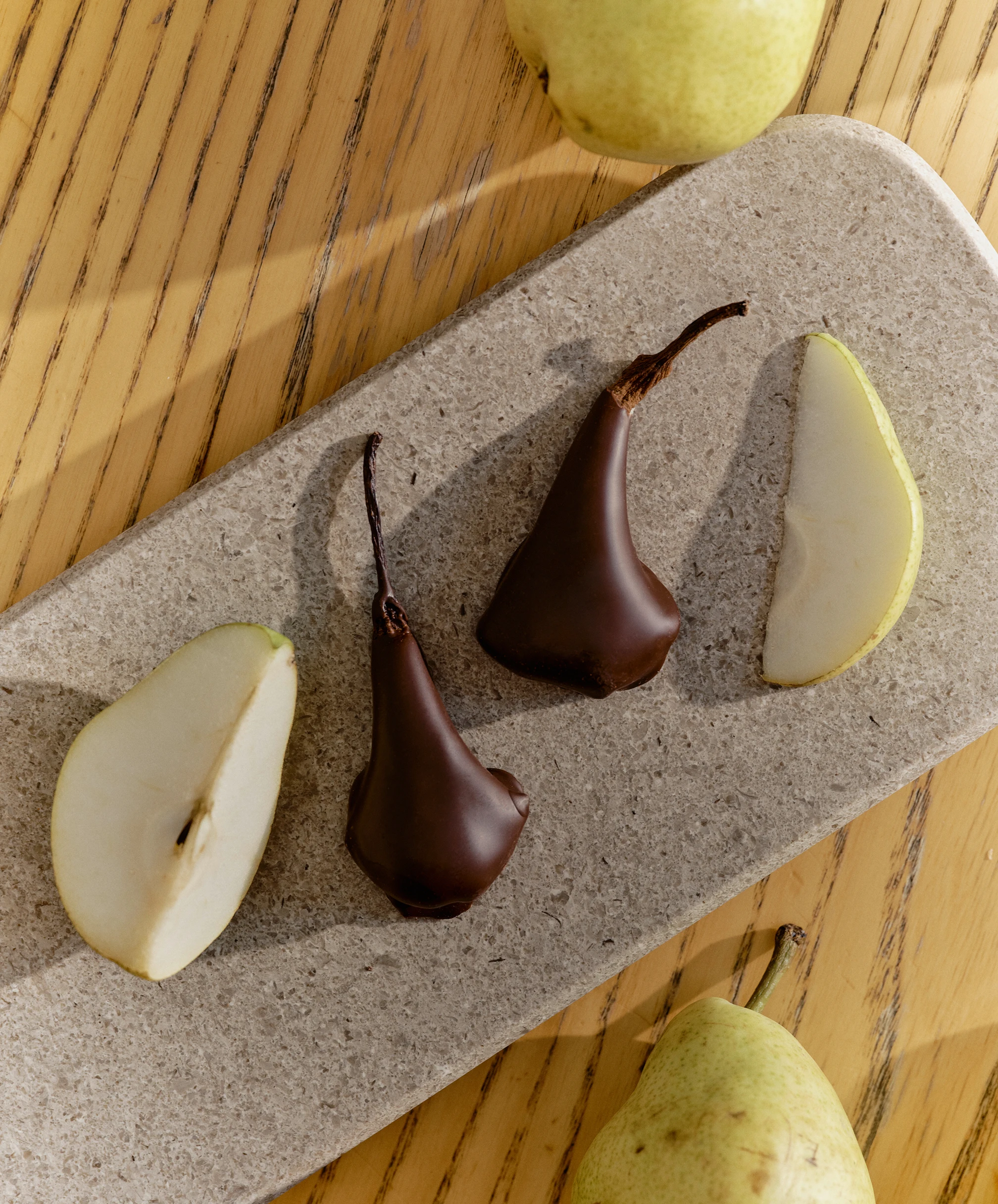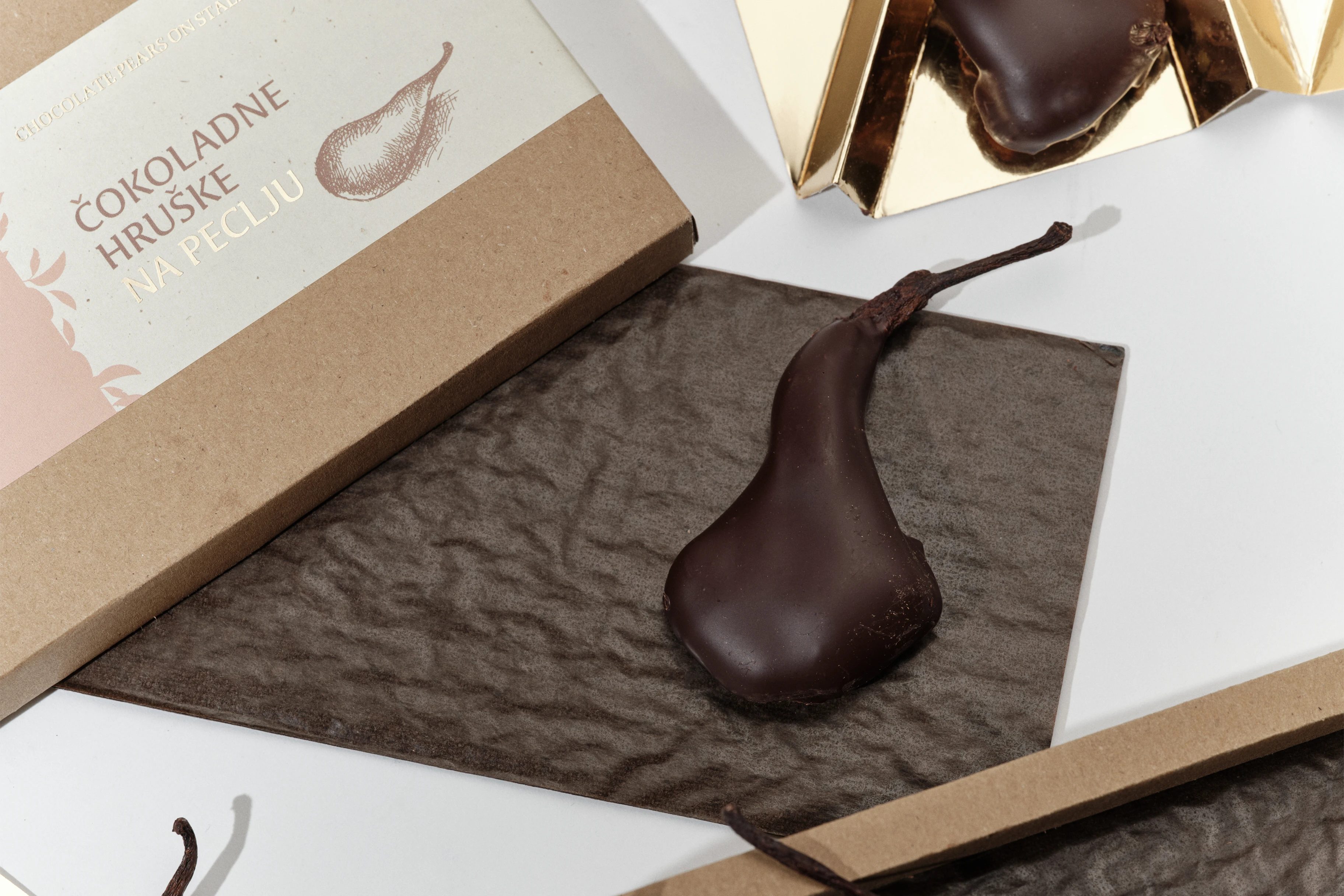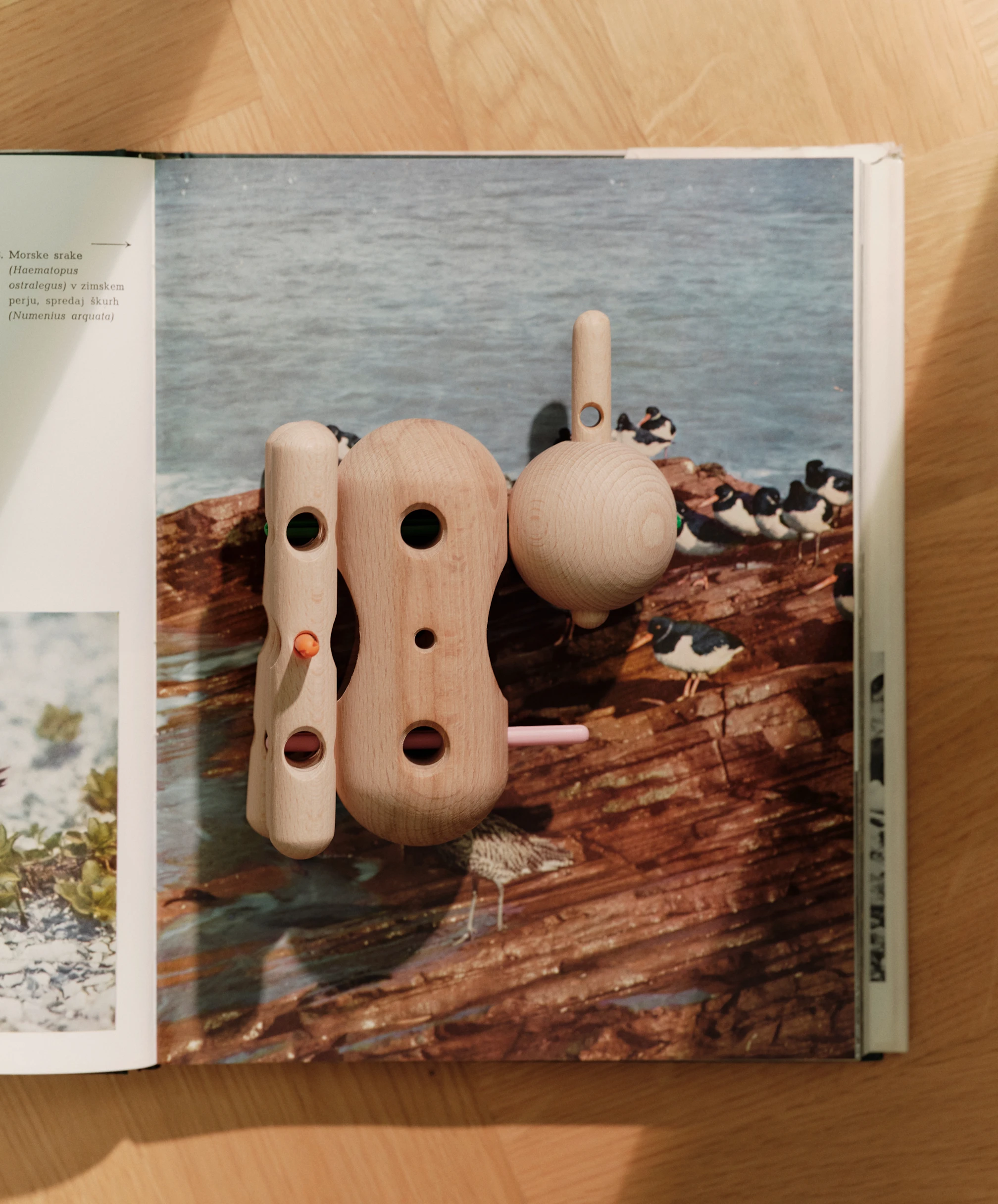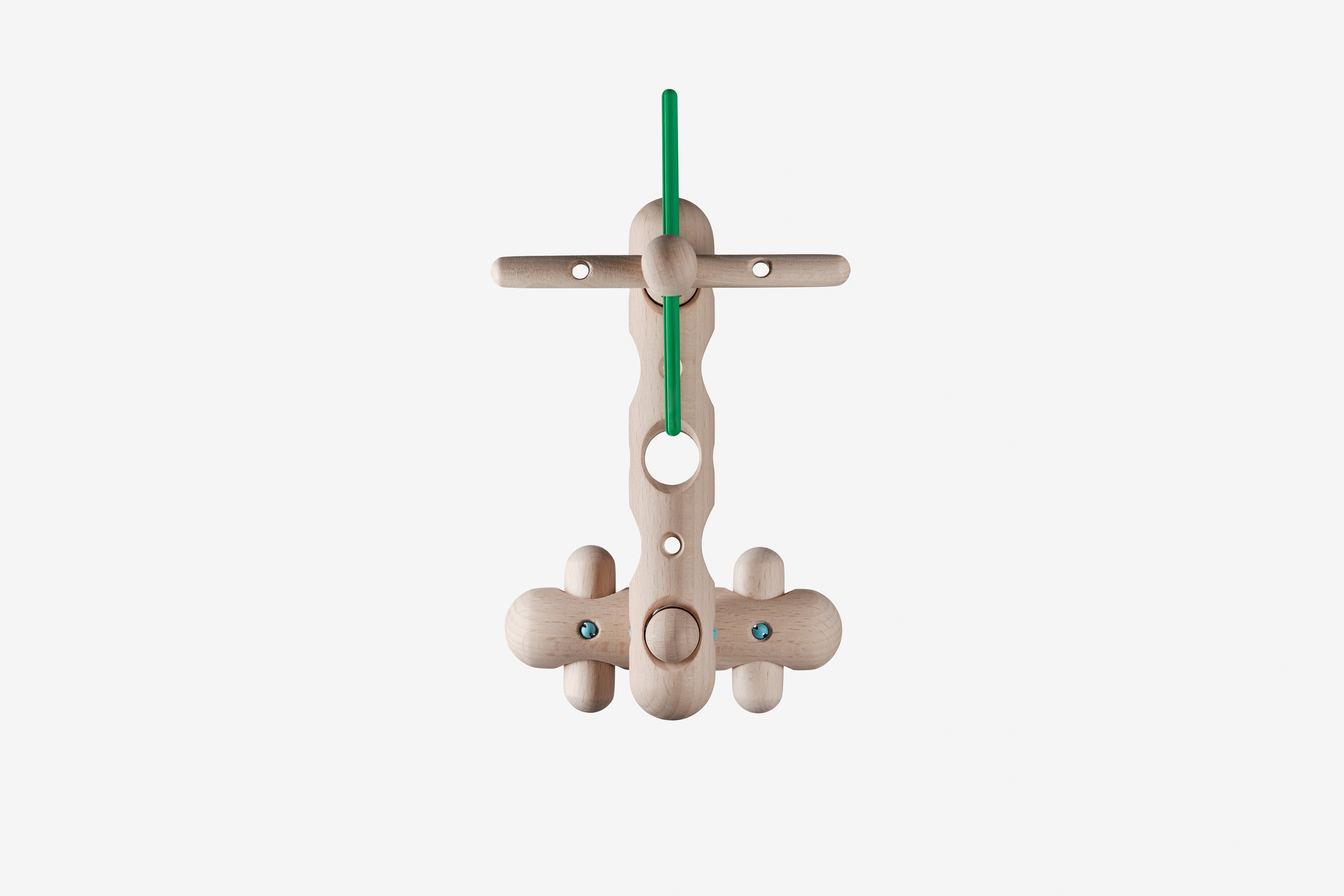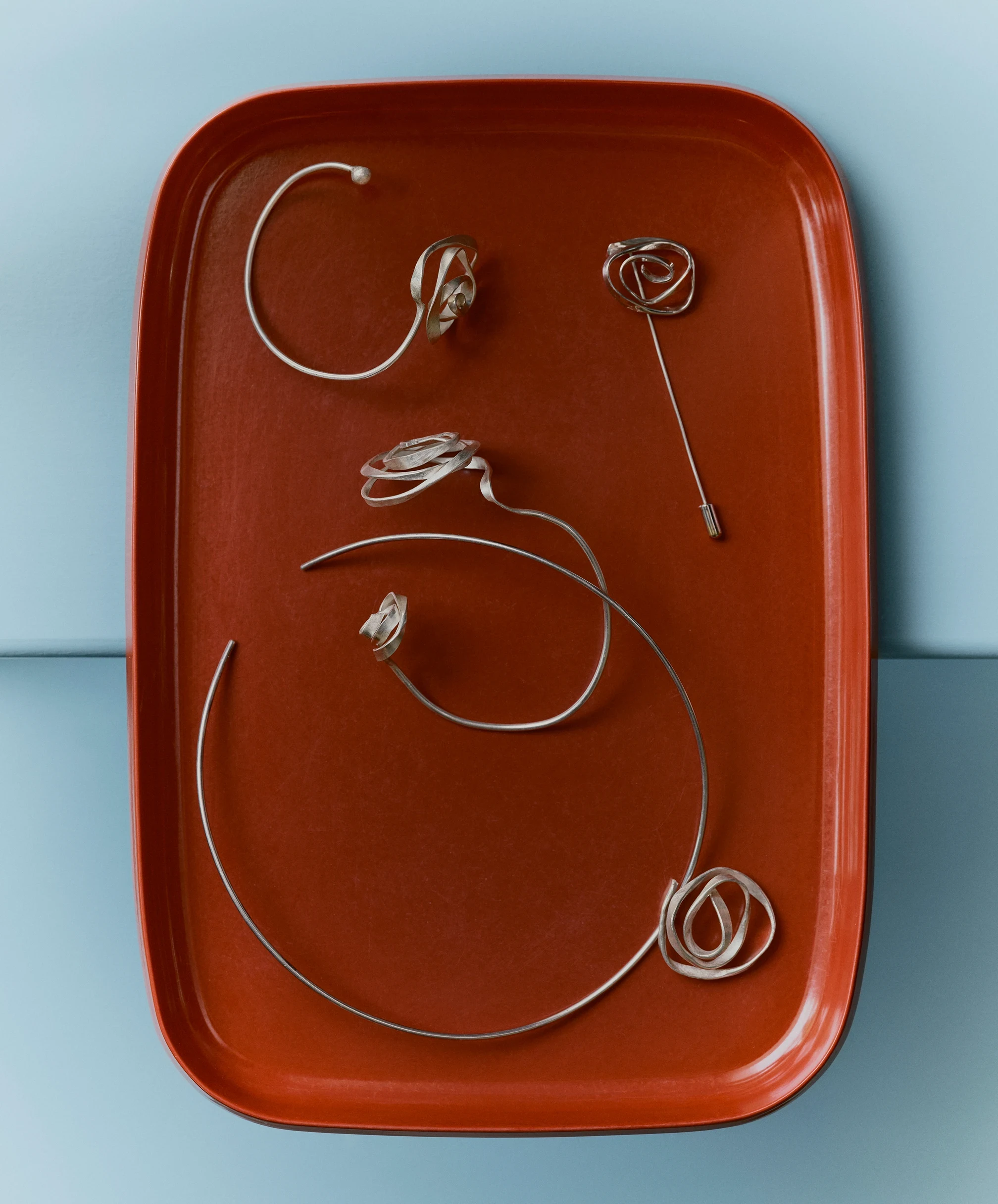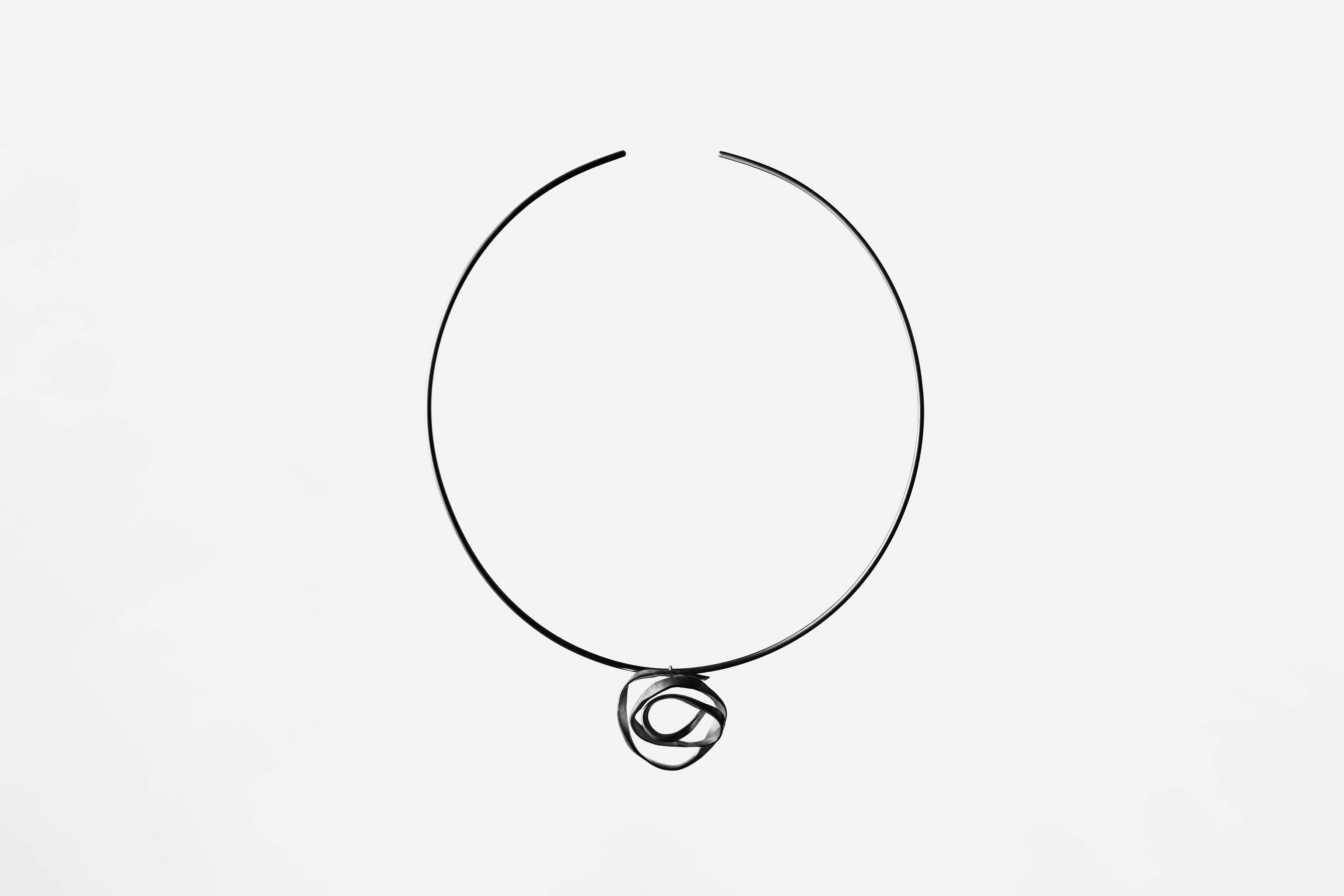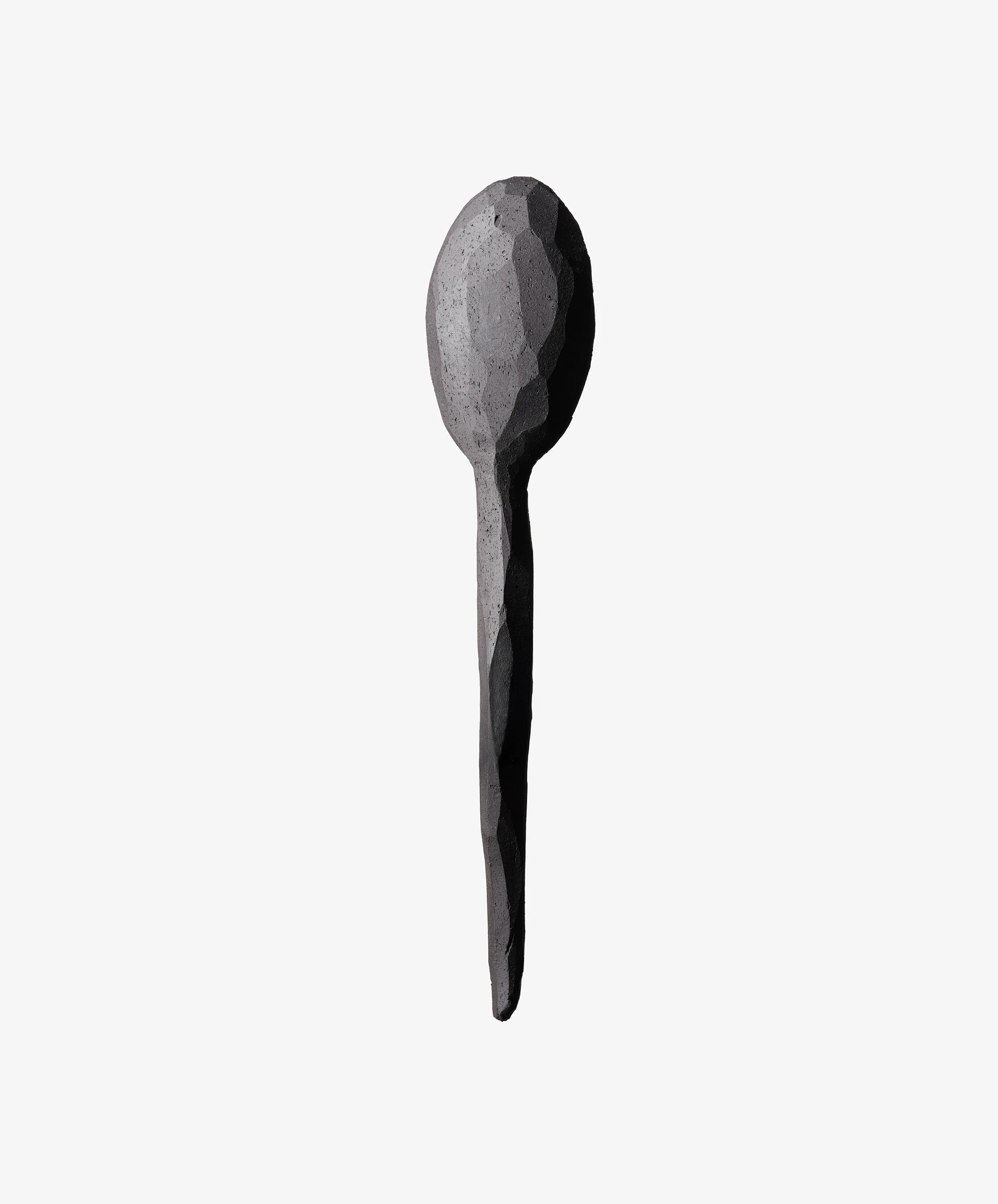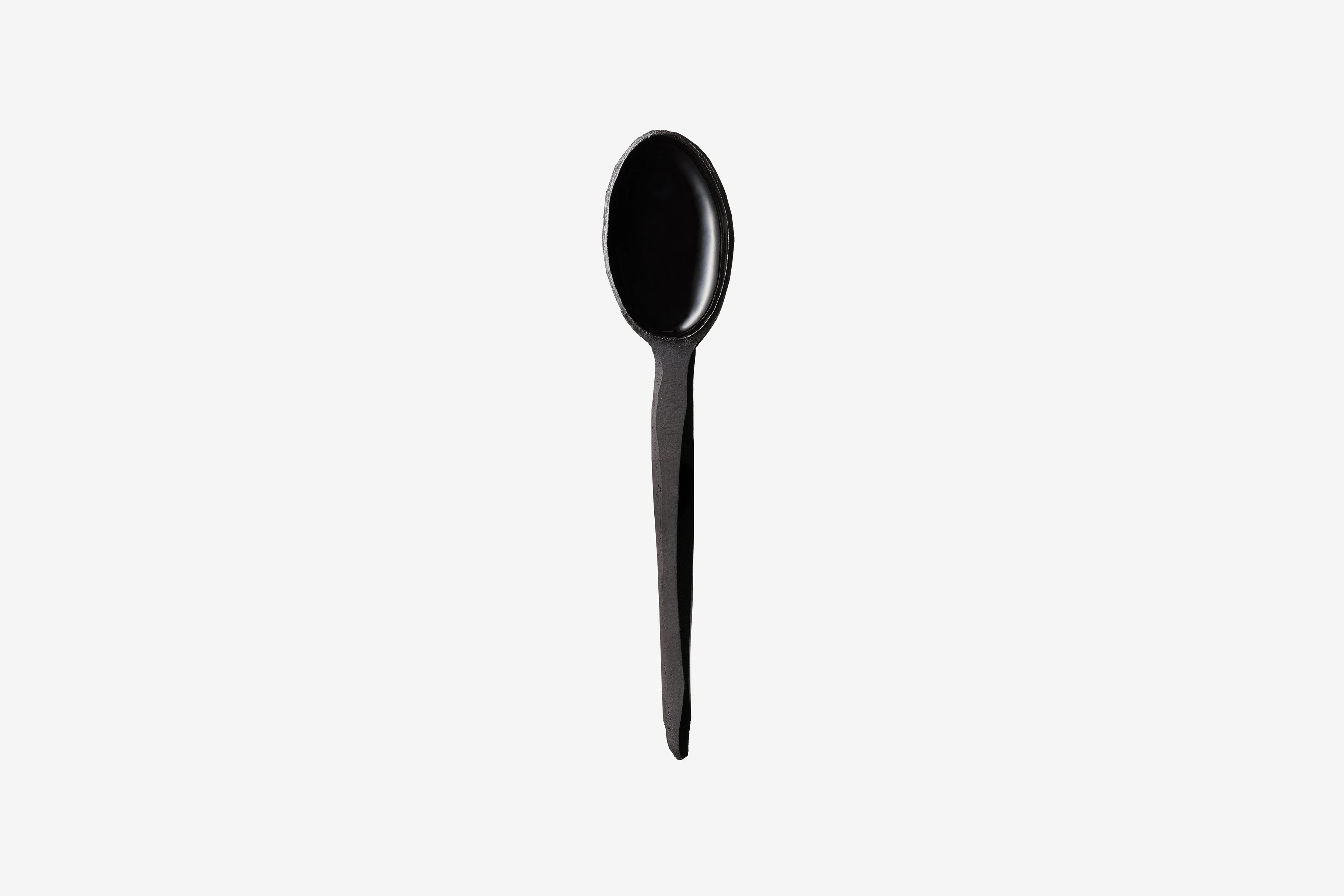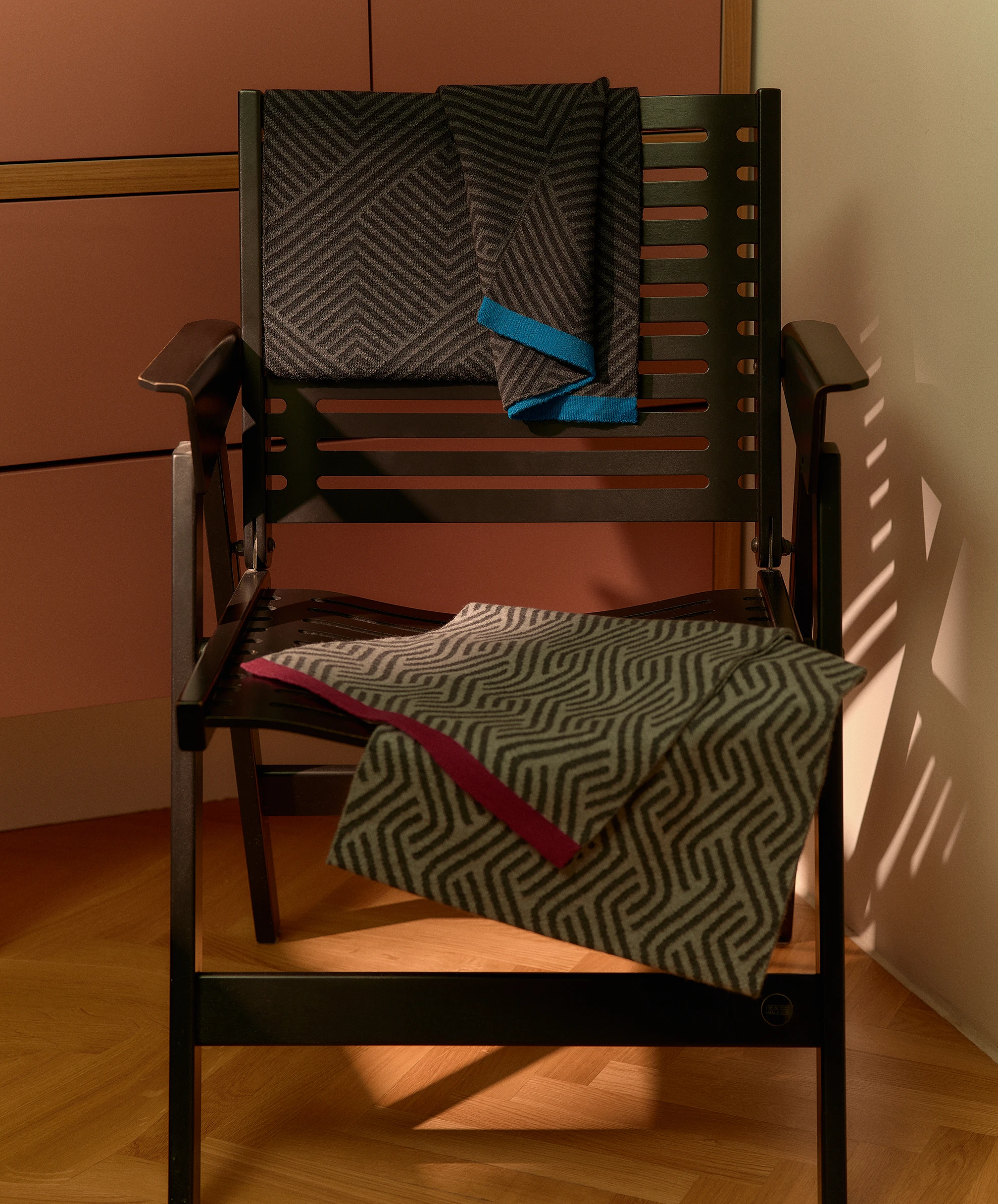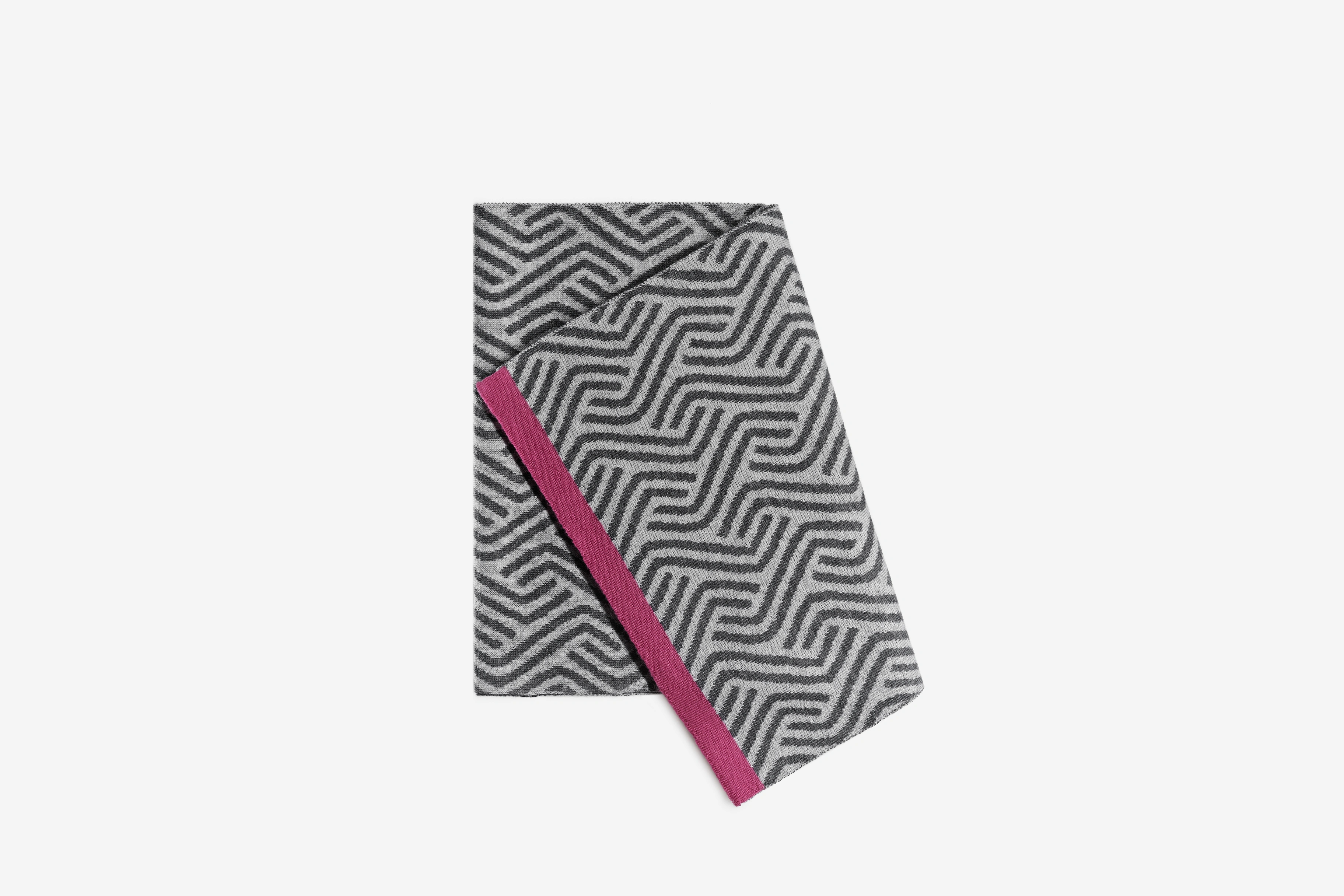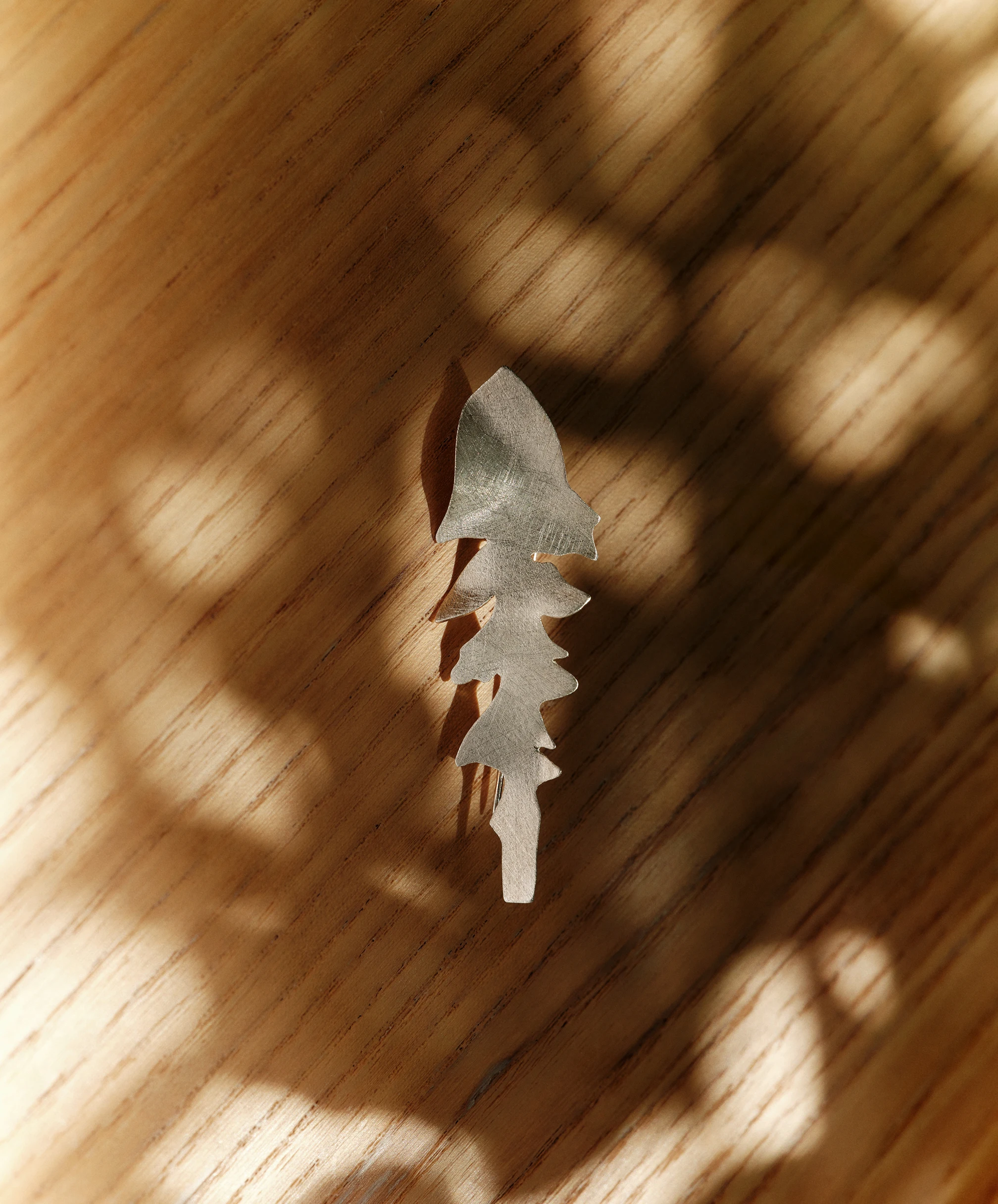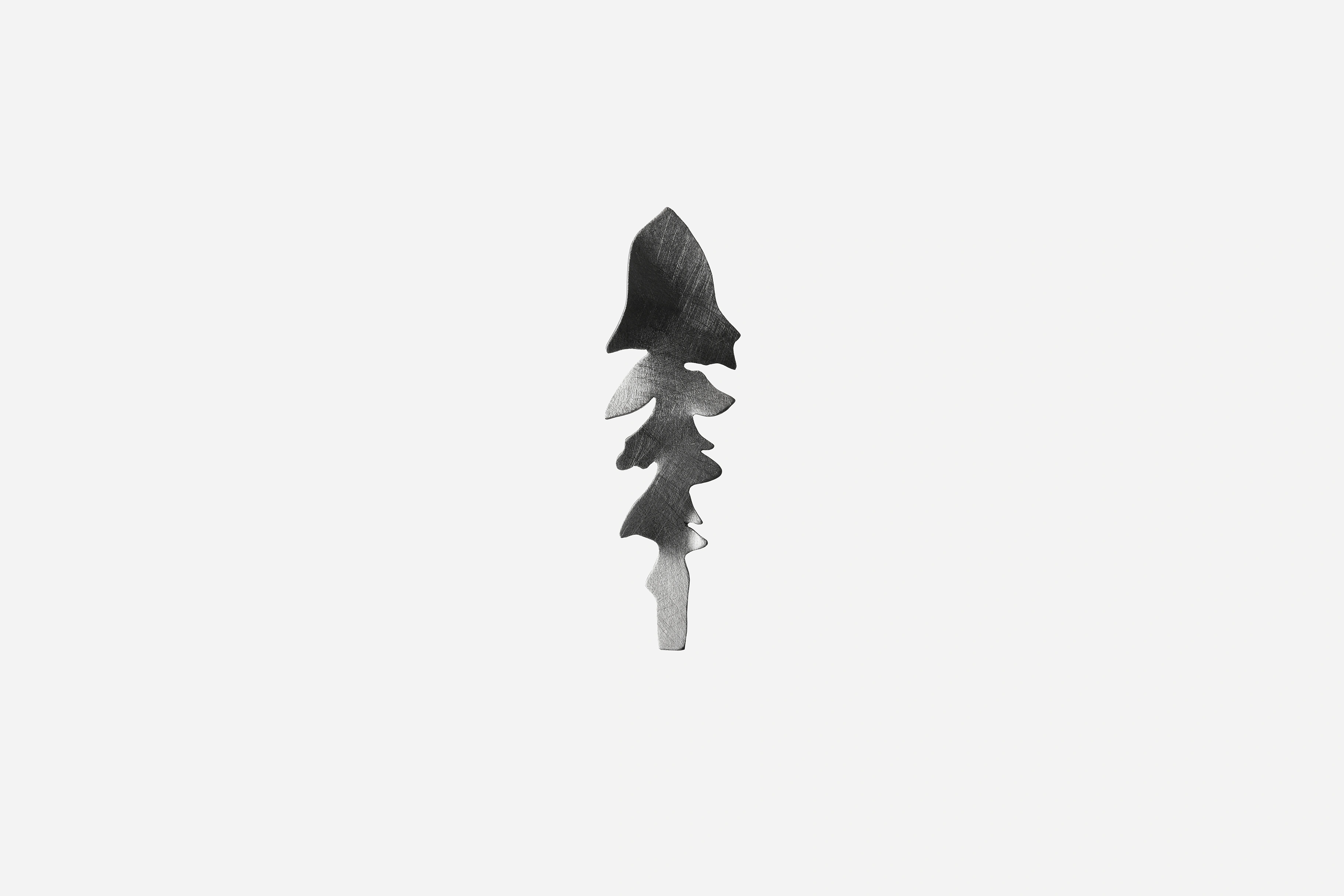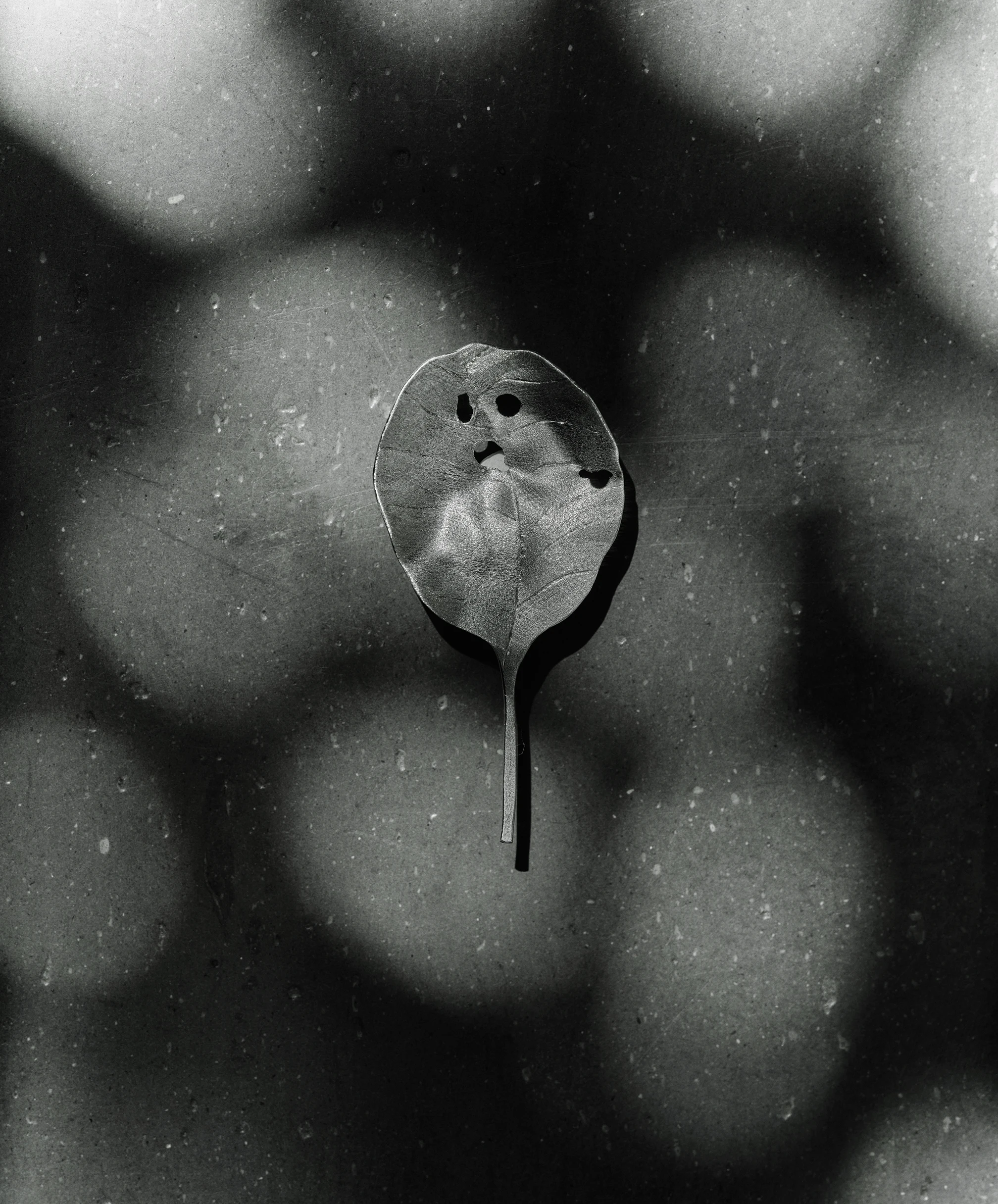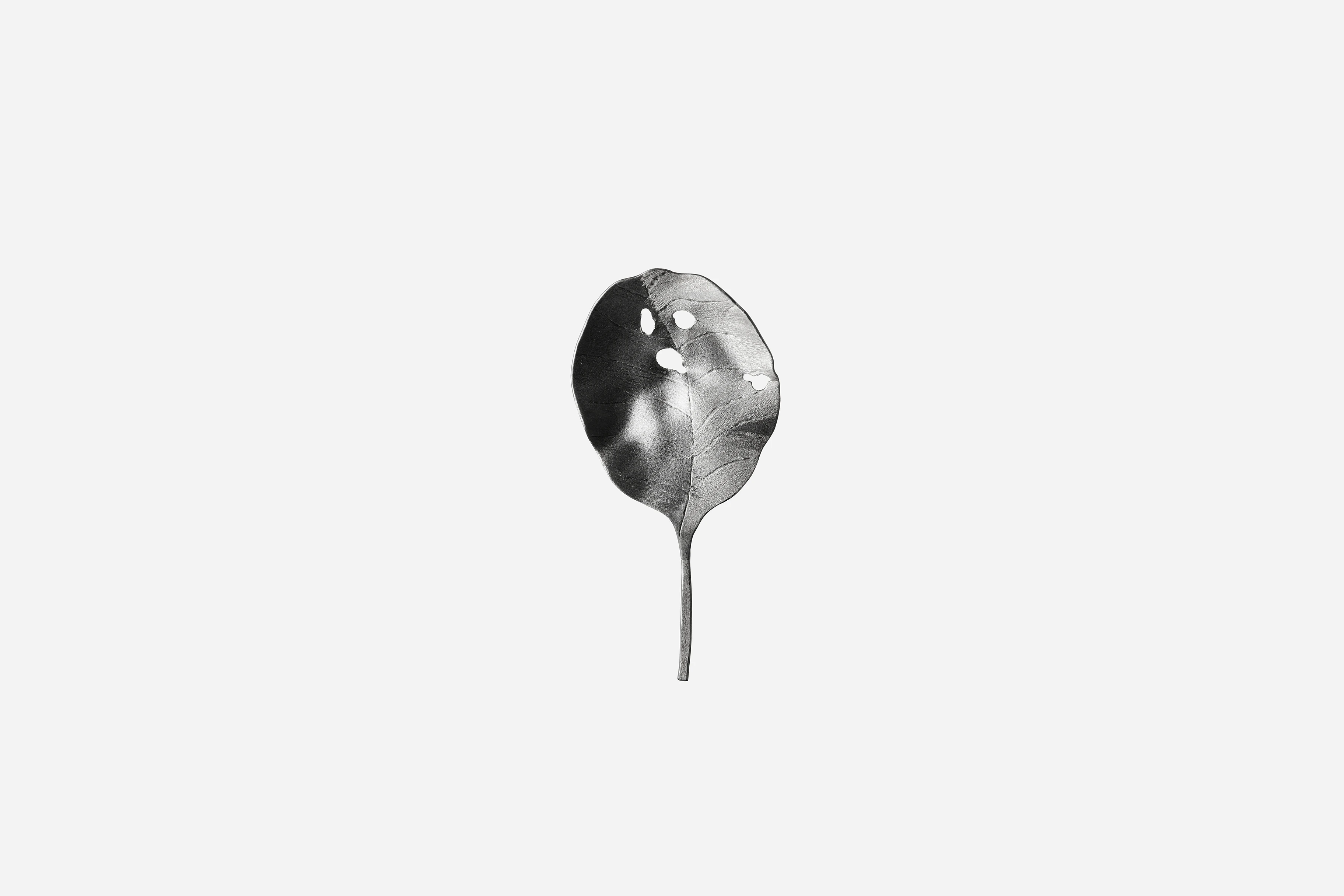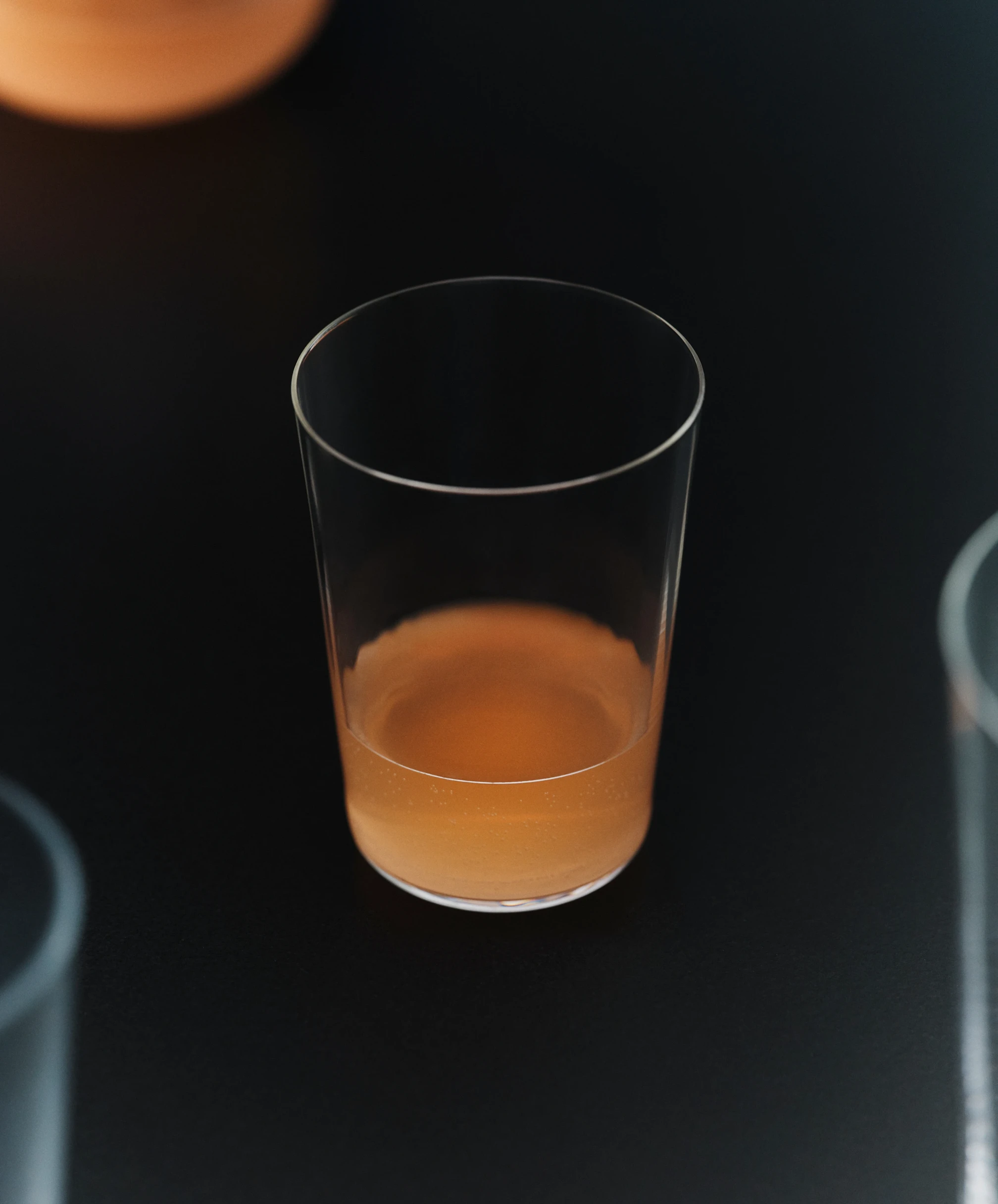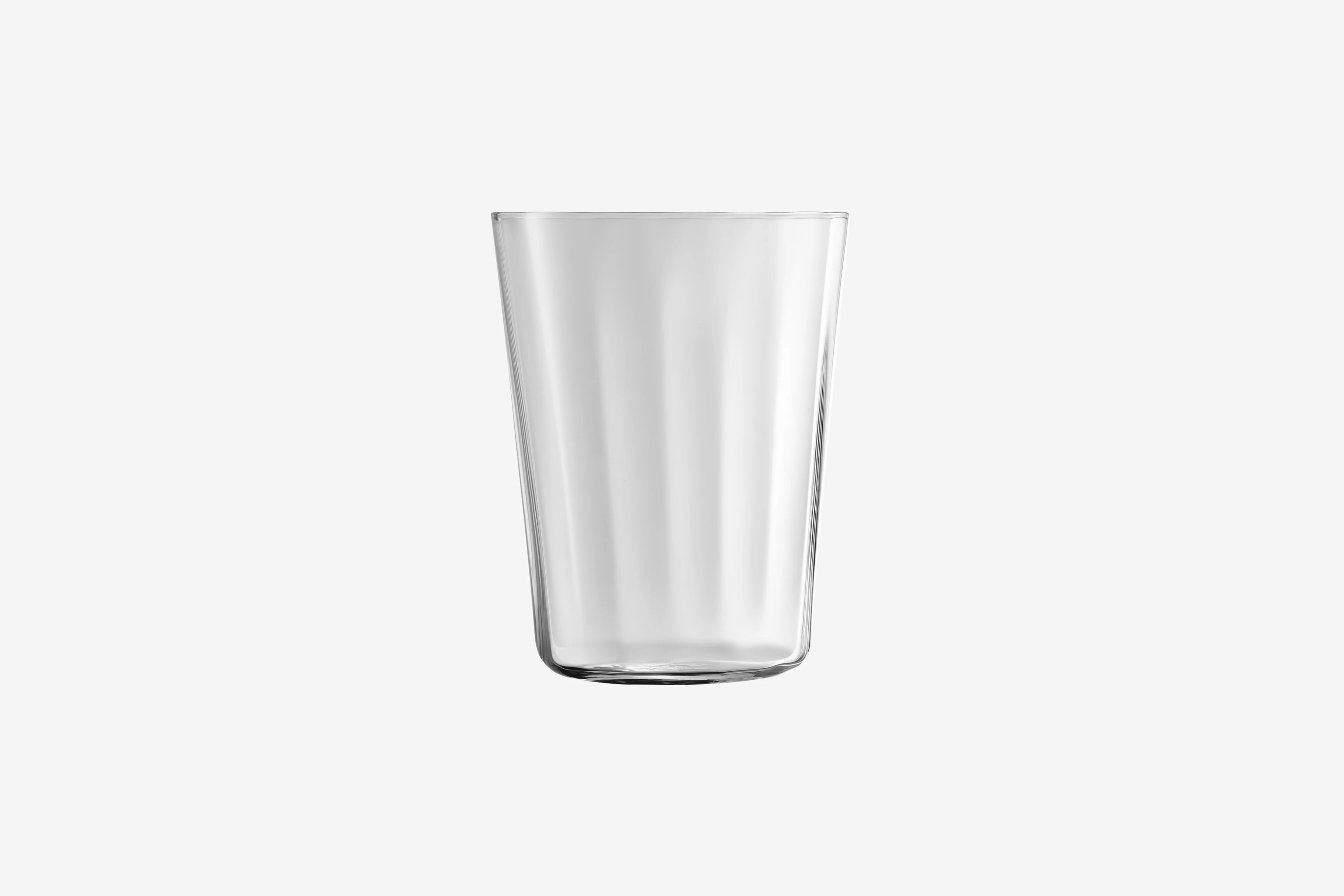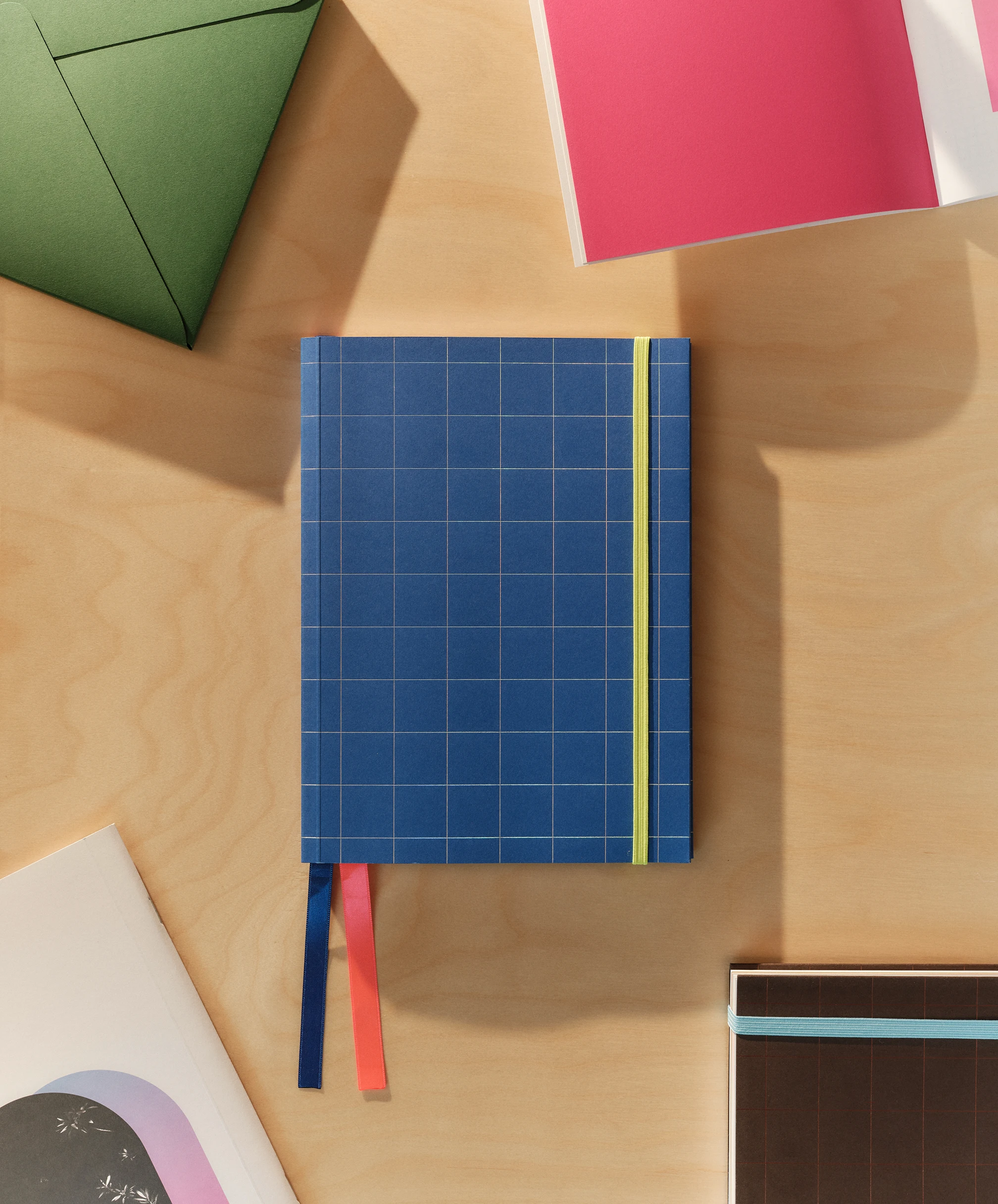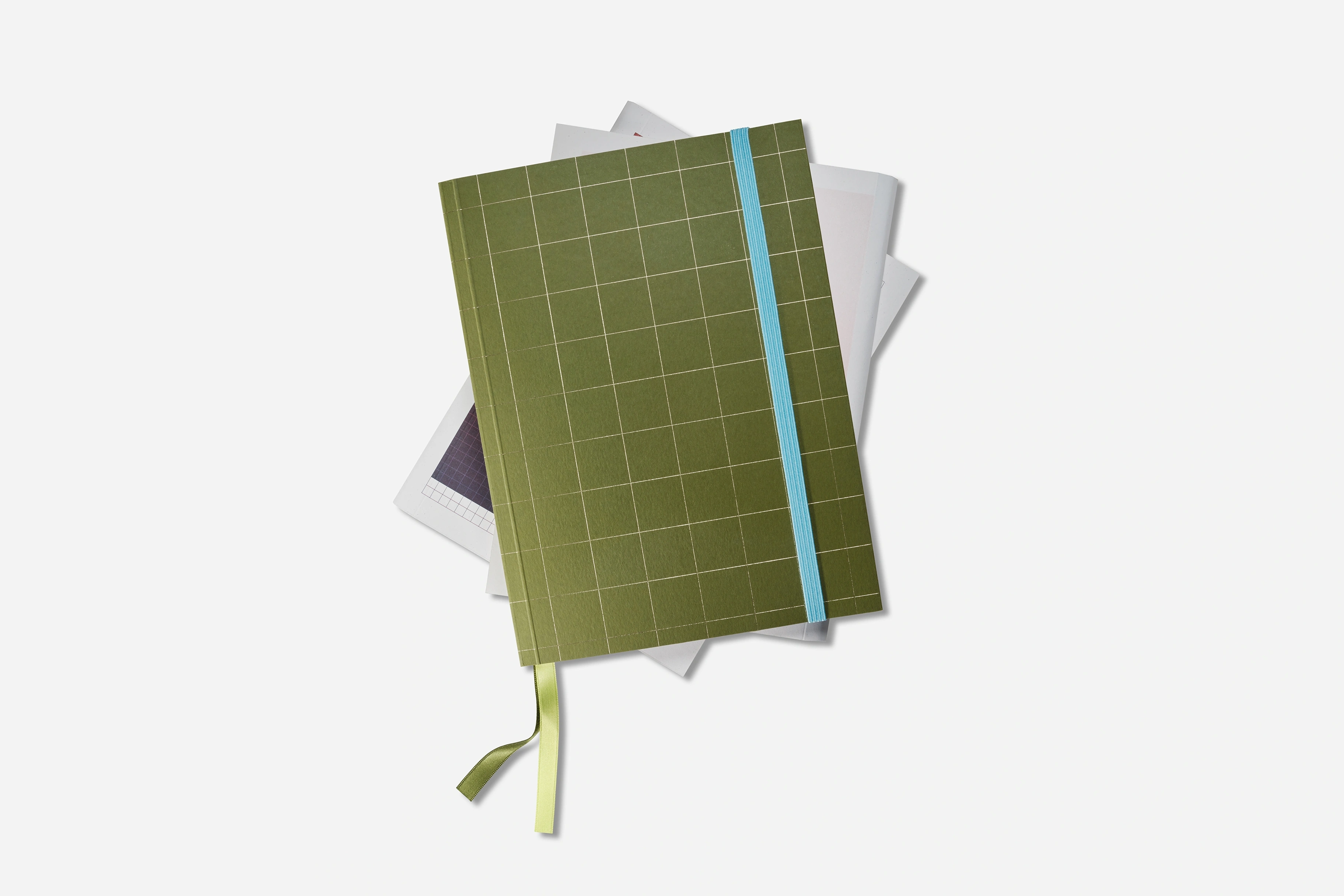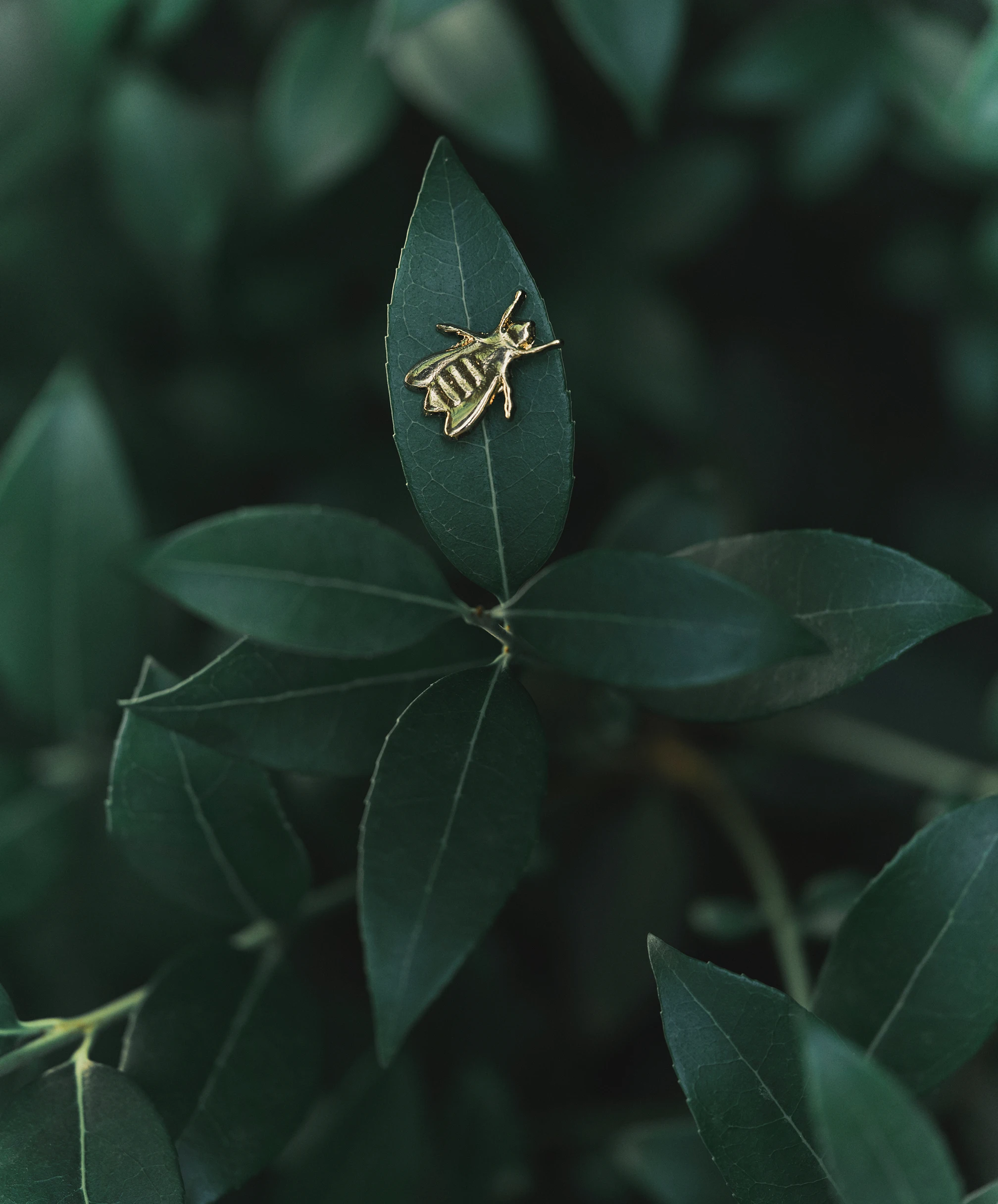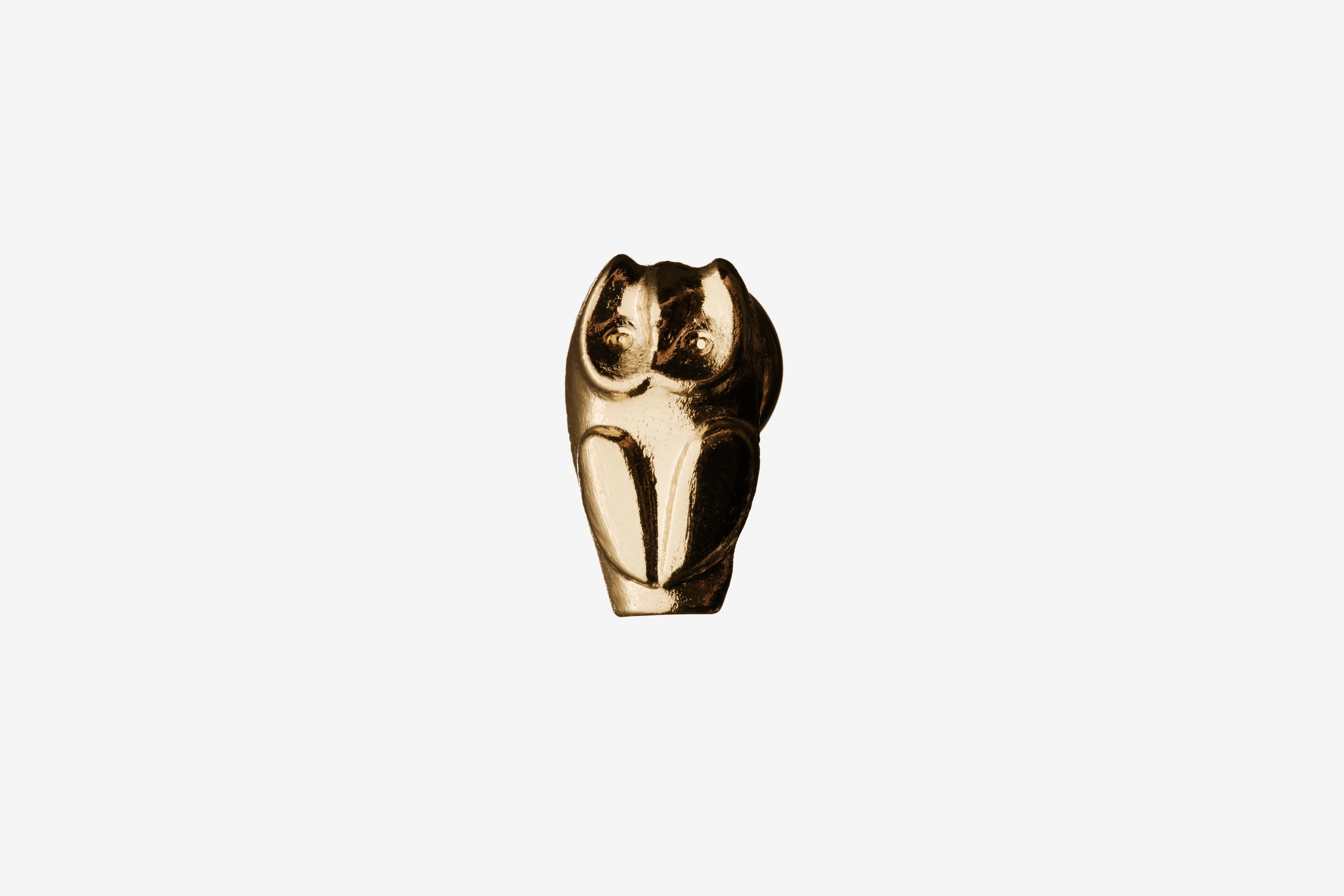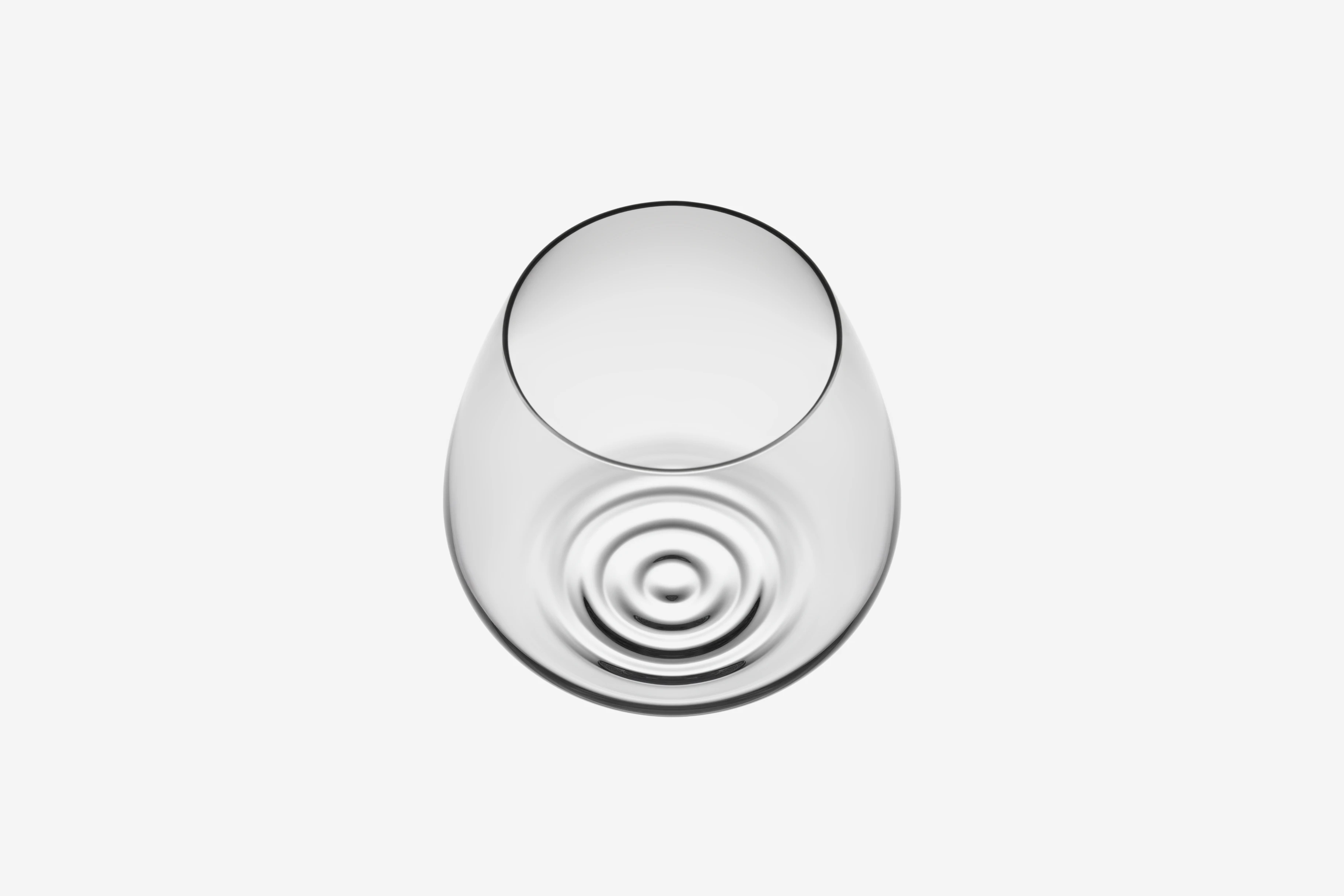€180.00
A tea set crafted from materials found in a rewilded construction pit in Ljubljana.
The Forbidden Vernaculars tea set is an archive of material traces of Krater, an 18,000 m2-large feral ecosystem undergoing succession in a pending construction pit left behind by Austro-Hungarian military barracks. The clay used for the cup developed as a result of the construction waste accumulated in the gravel pit was foraged on plots overgrown by horsetail. Made from the mycelium grown in a substrate from invasive Canadian goldenrod, the protective packaging serves as a biodegradable alternative to styrofoam. The rhizomes of invasive, but antioxidant-rich Japanese knotweed that make up the tea are harvested when life in Krater hibernates. All materials are processed in the paper and clay workshop, and the Mycolab, the collective’s shared production spaces. The tea set blends various innovative materials with their creators’ care for the urban ecosystem and its gifts through the year’s seasons. It is Krater Collective’s representational product that transforms what only seems like an abandoned space in a construction pit into a laboratory of regenerative design production.
Design: Krater Collective; product designer Rok Oblak, mycologist Primož Turnšek, ecosocial designer Gaja Mežnarić Osole, and craftsman Andrej Koruza for BIO27 Super Vernaculars – Design for a Regenerative Future (2022). The tea set was featured at several exhibition venues, including at Ars Electronica, IZIS Festival, MODEM Modern and Contemporary Arts Center, and L’Internacionale summer school.
Every product carries a certificate of authenticity and the year of production. The series is subject to availability of the material sourced from a small clay pit that developed on the site as a result of waste soil deposited in Krater during the widening of Dunajska Street.
Krater clay
Mycelium and goldenrod-based biocomposite
Notweed paper
Leather made from tree fungus
Every tea set is handmade and therefore unique.
* Delivery arrangements must be made with the creator.
AUTHORS
The Krater Collective is a group of transdisciplinary artists who have decided to transform their professions, studios and working conditions in order to act as advocates for a self-determined ecosystem in an abandoned construction pit in Ljubljana.
Inquiry
Inquiries should be sent directly to the product supplier.
RELATED PRODUCTS
Join us.
subscribe to CZK newsletter


